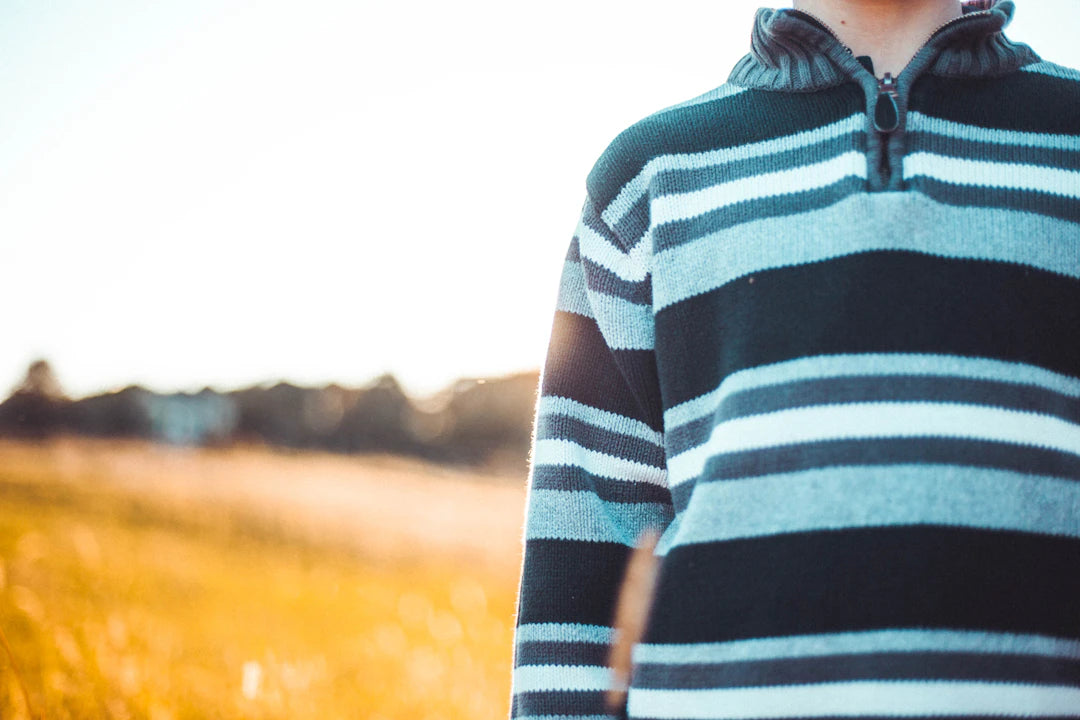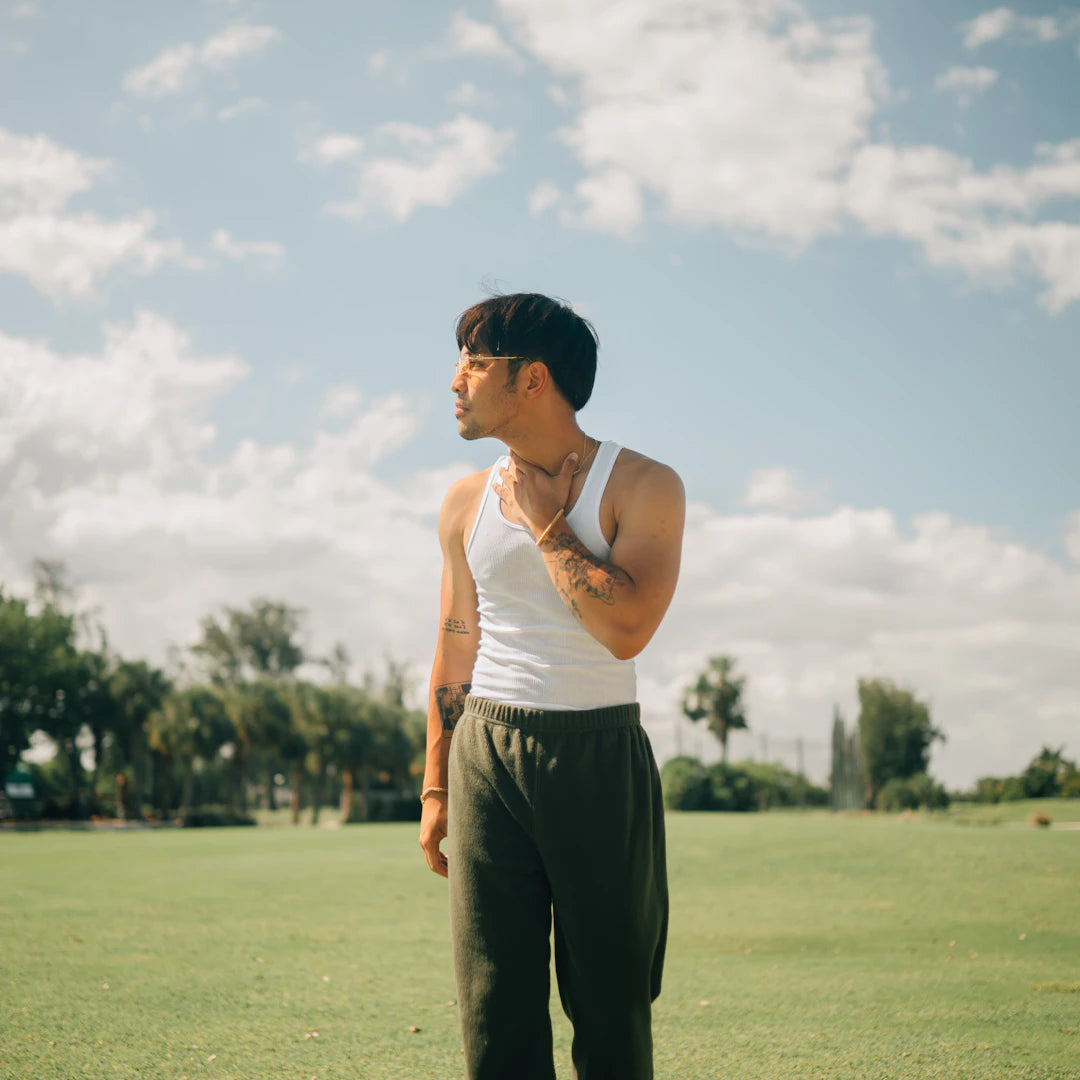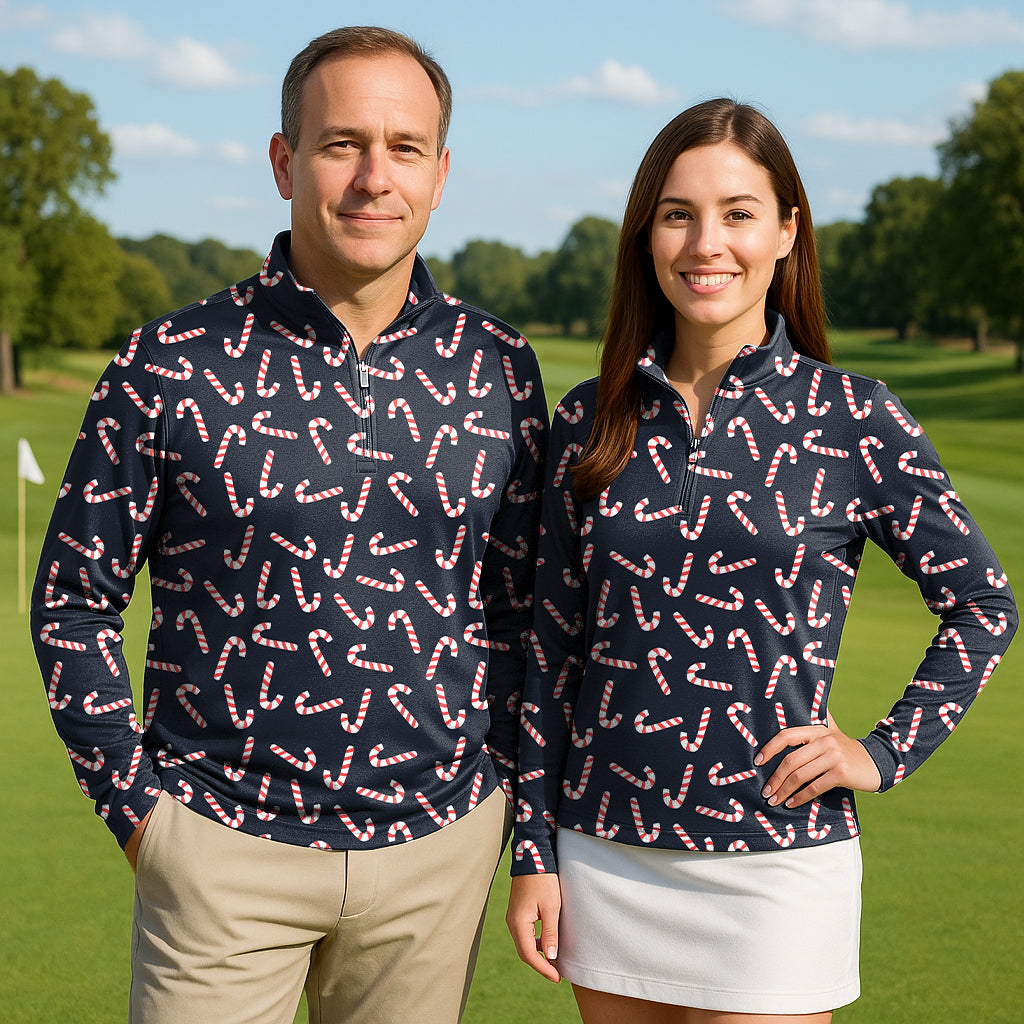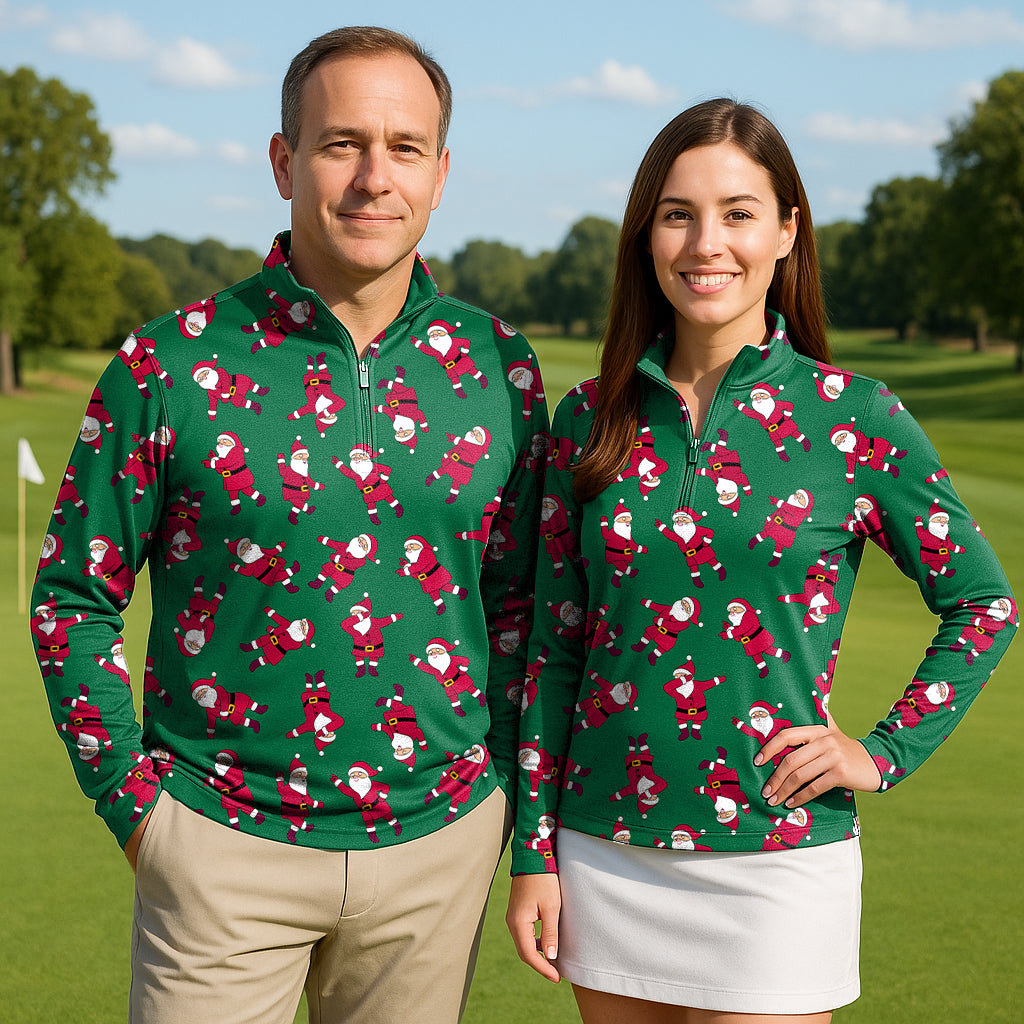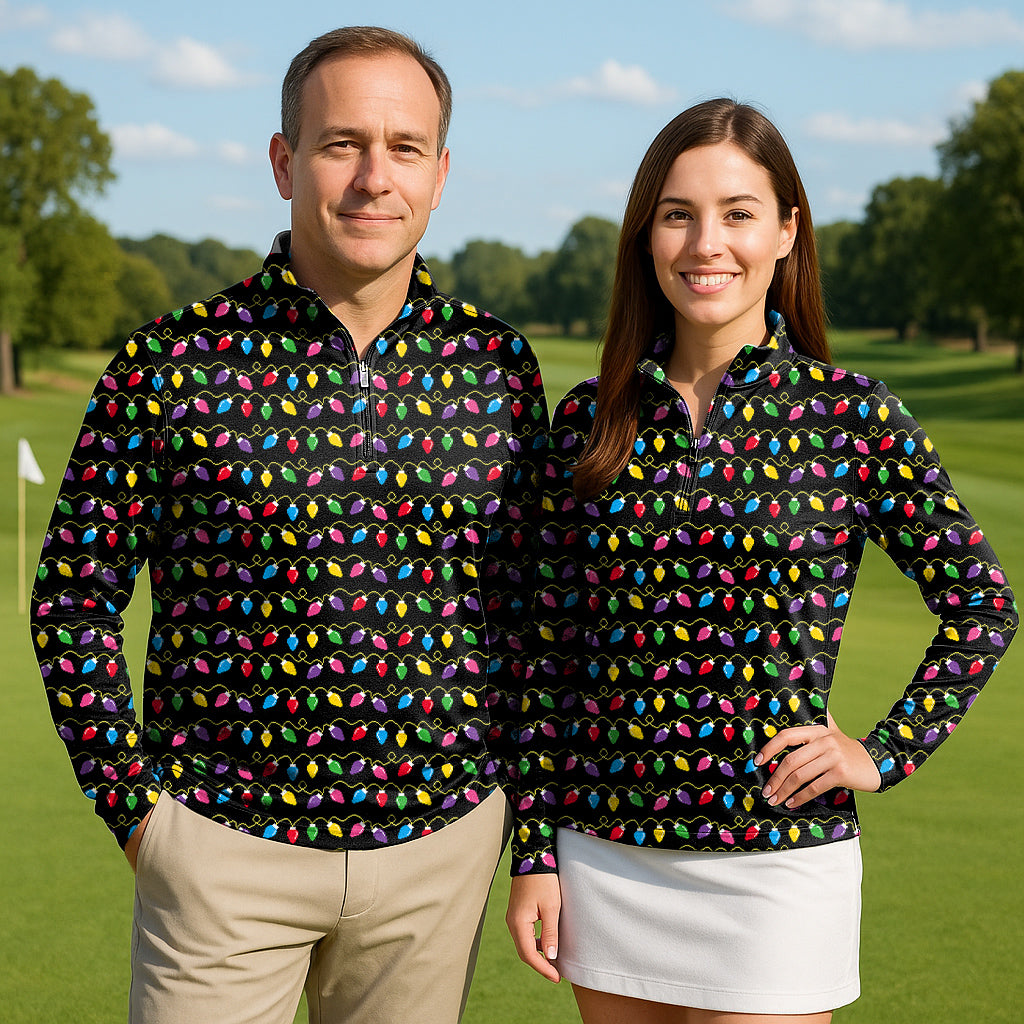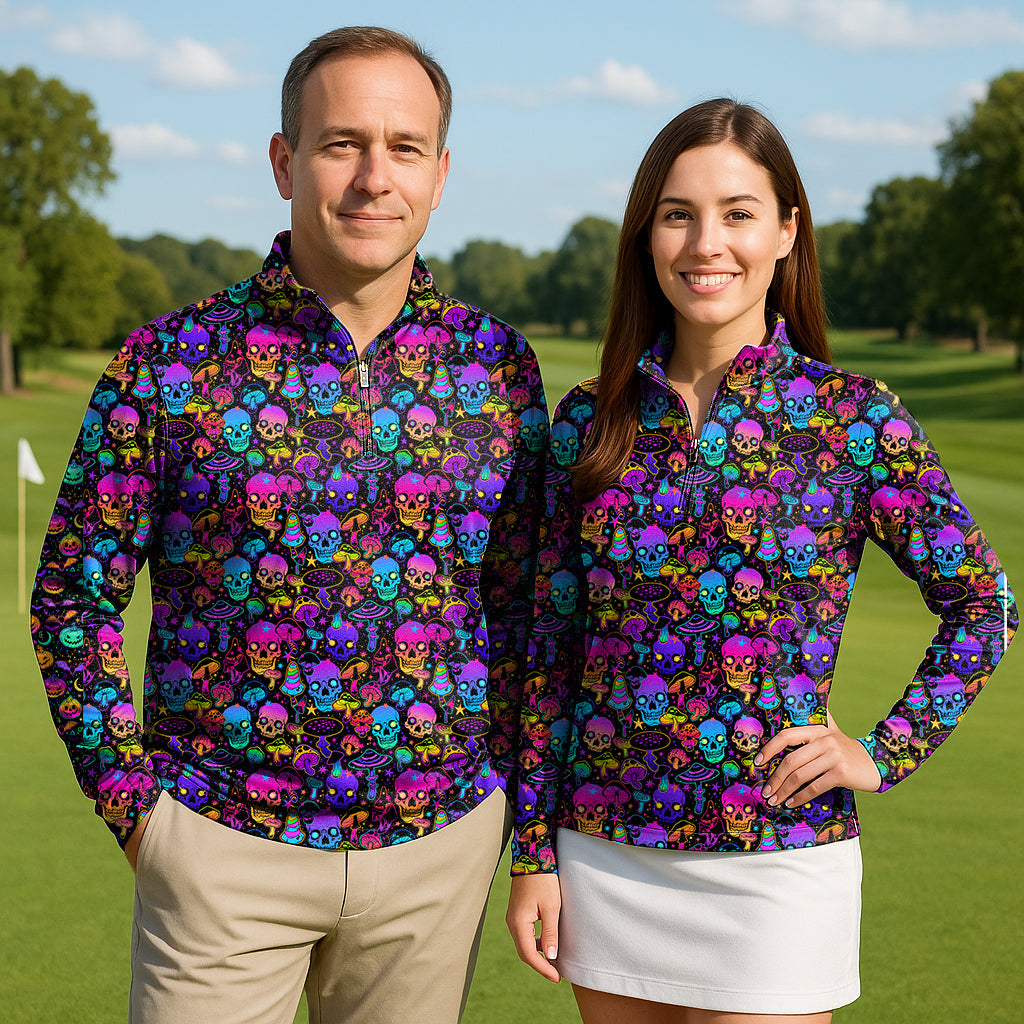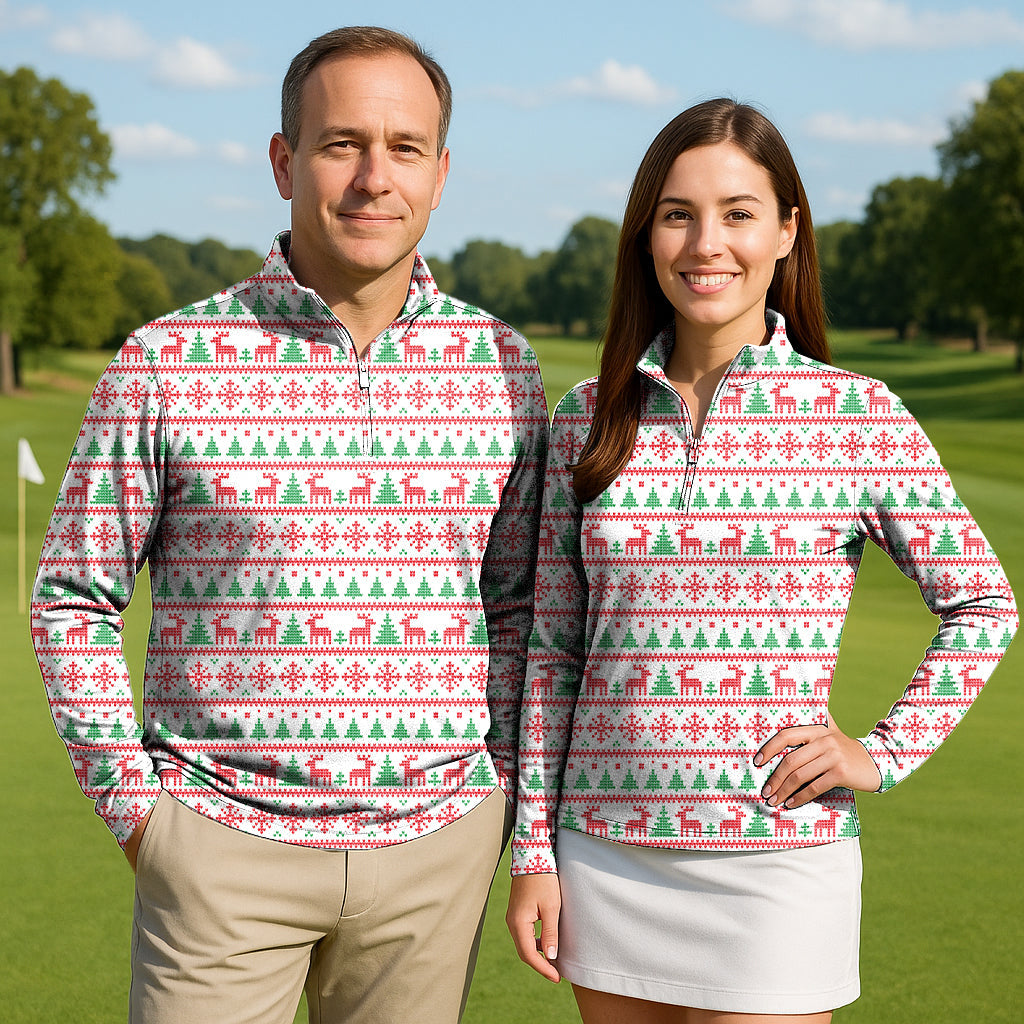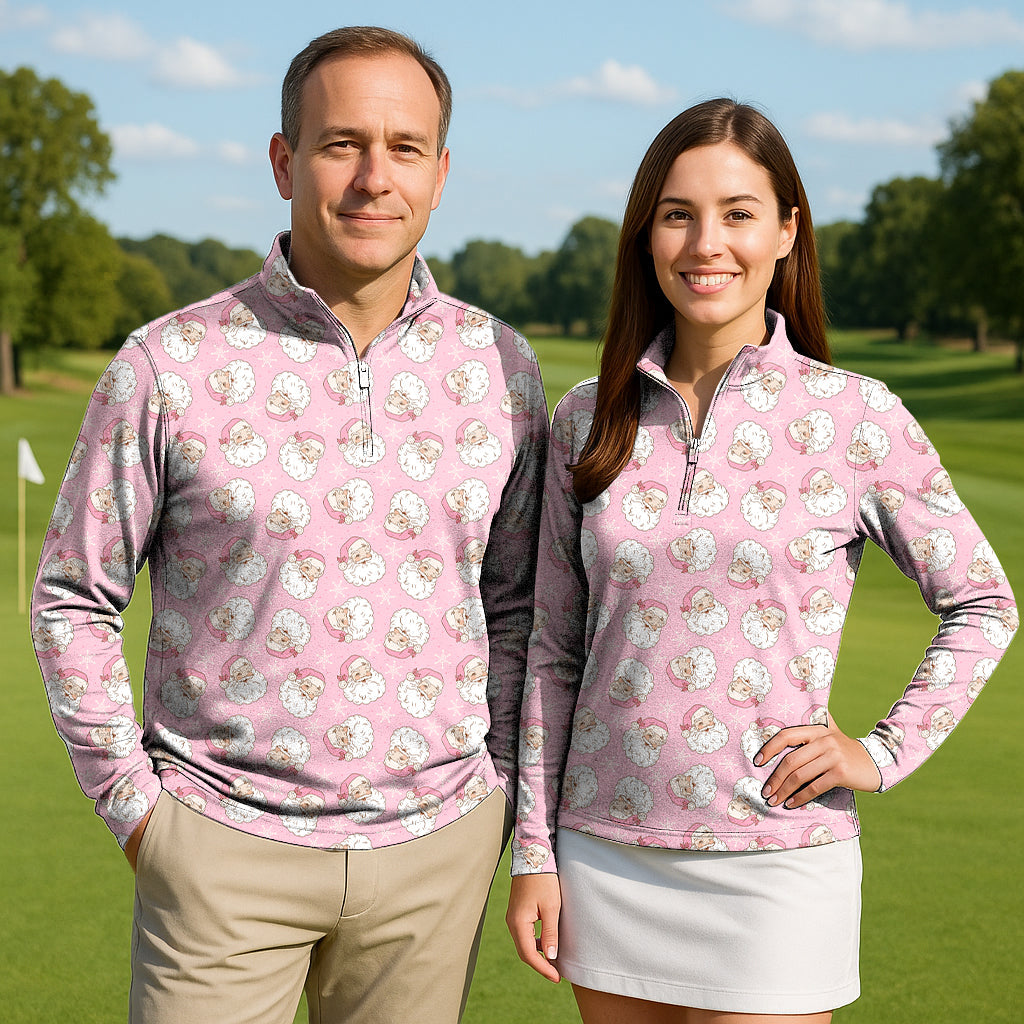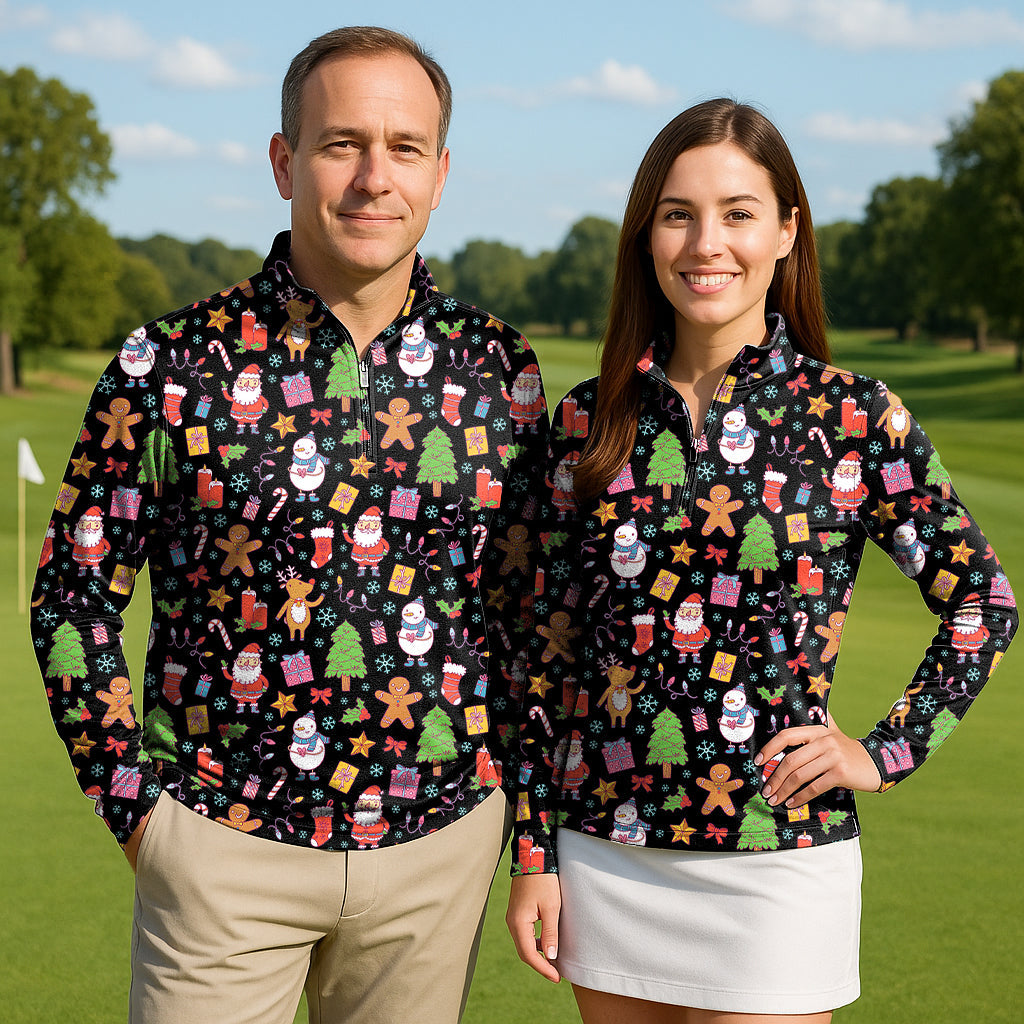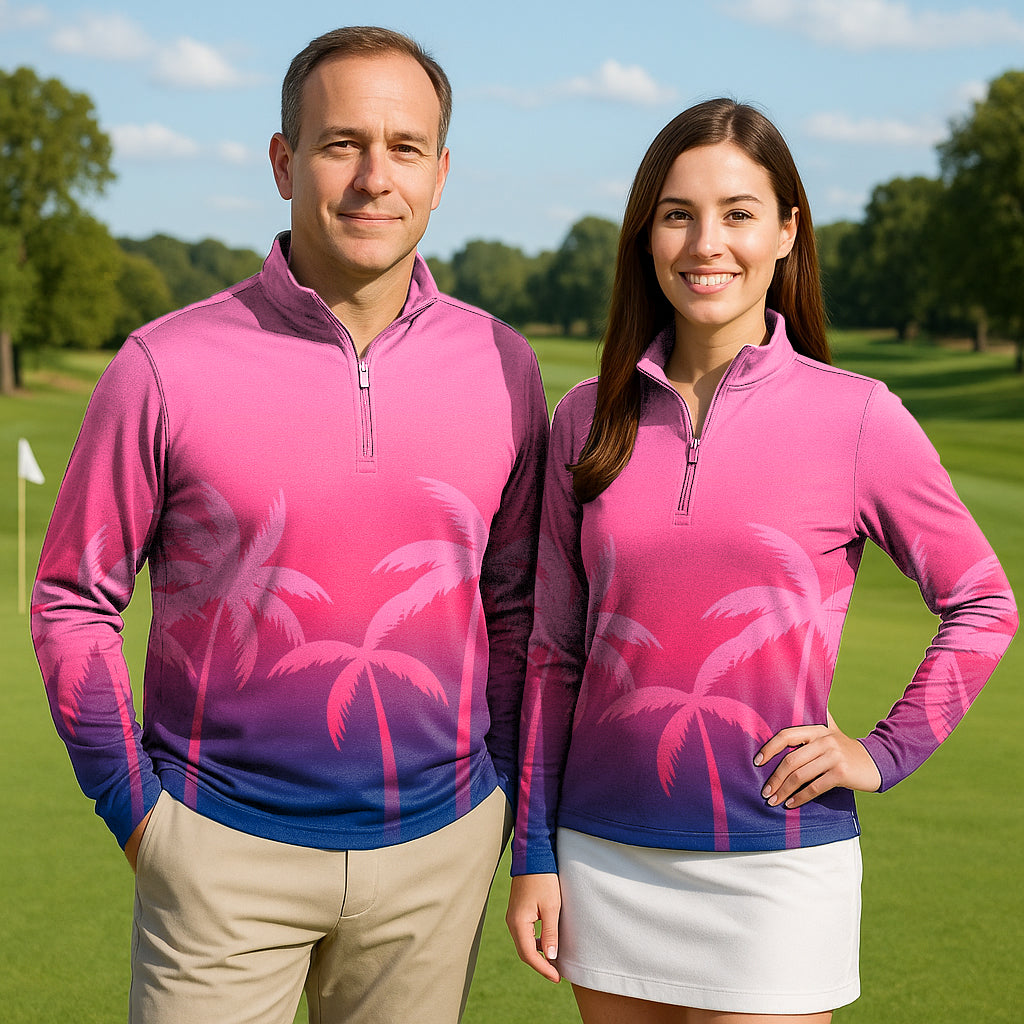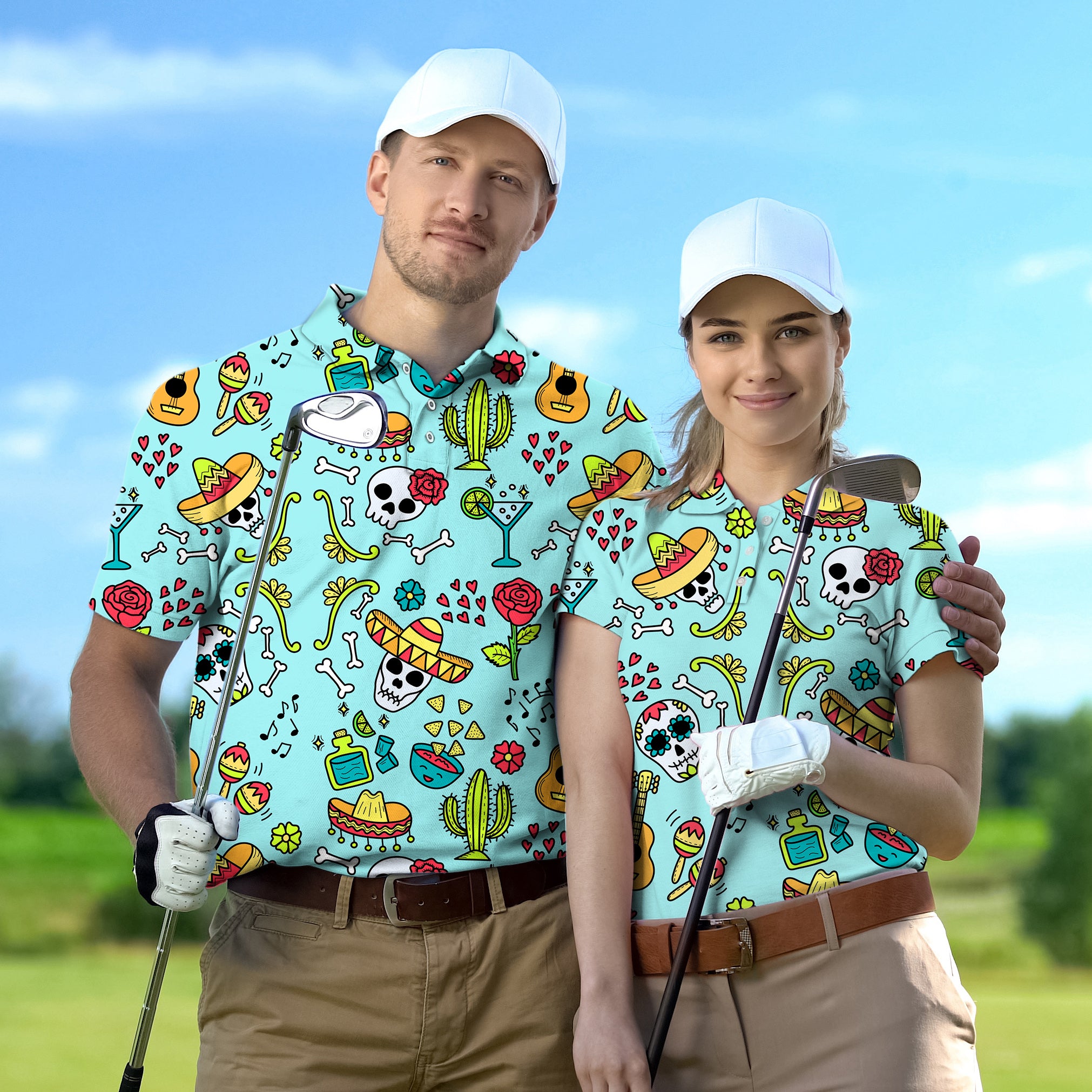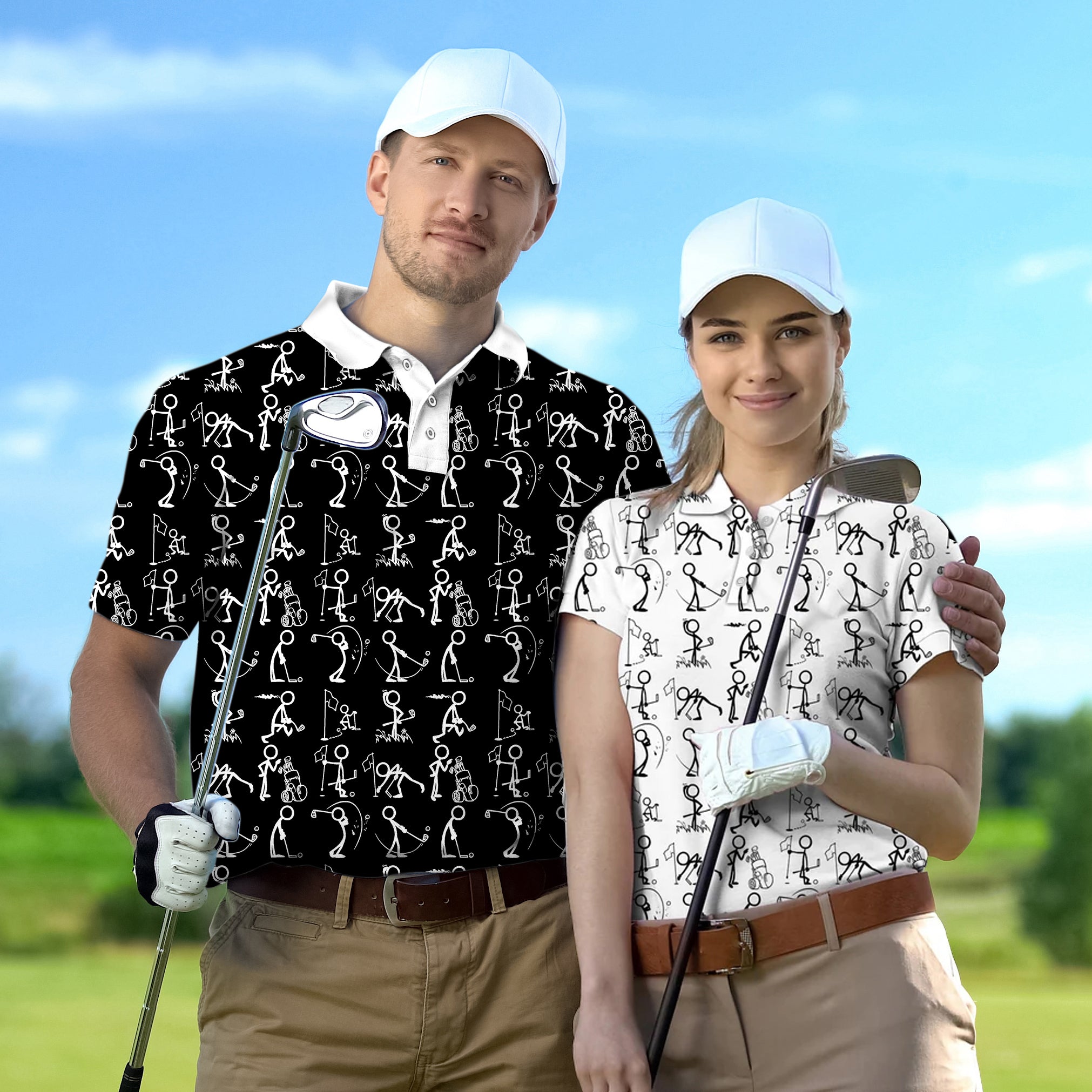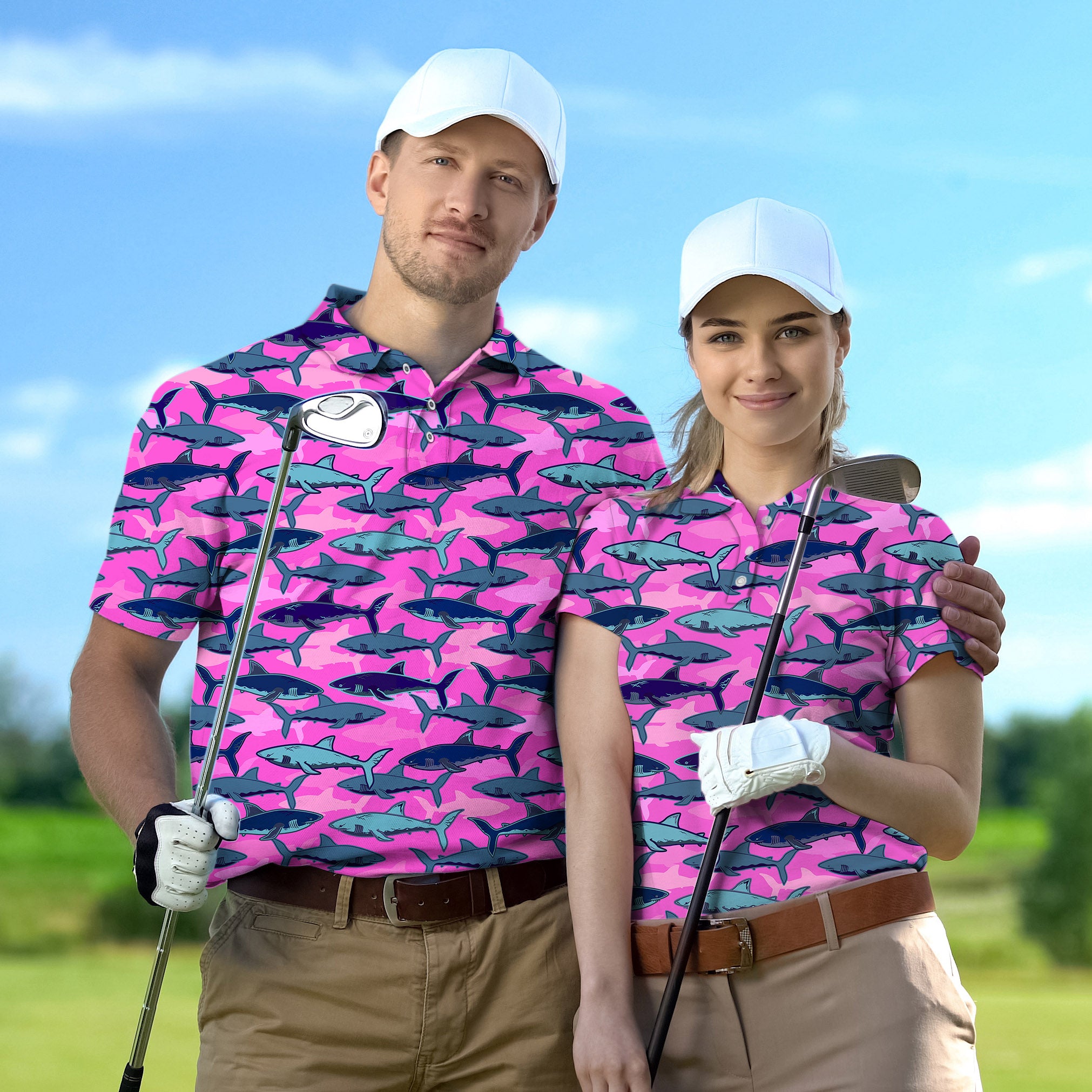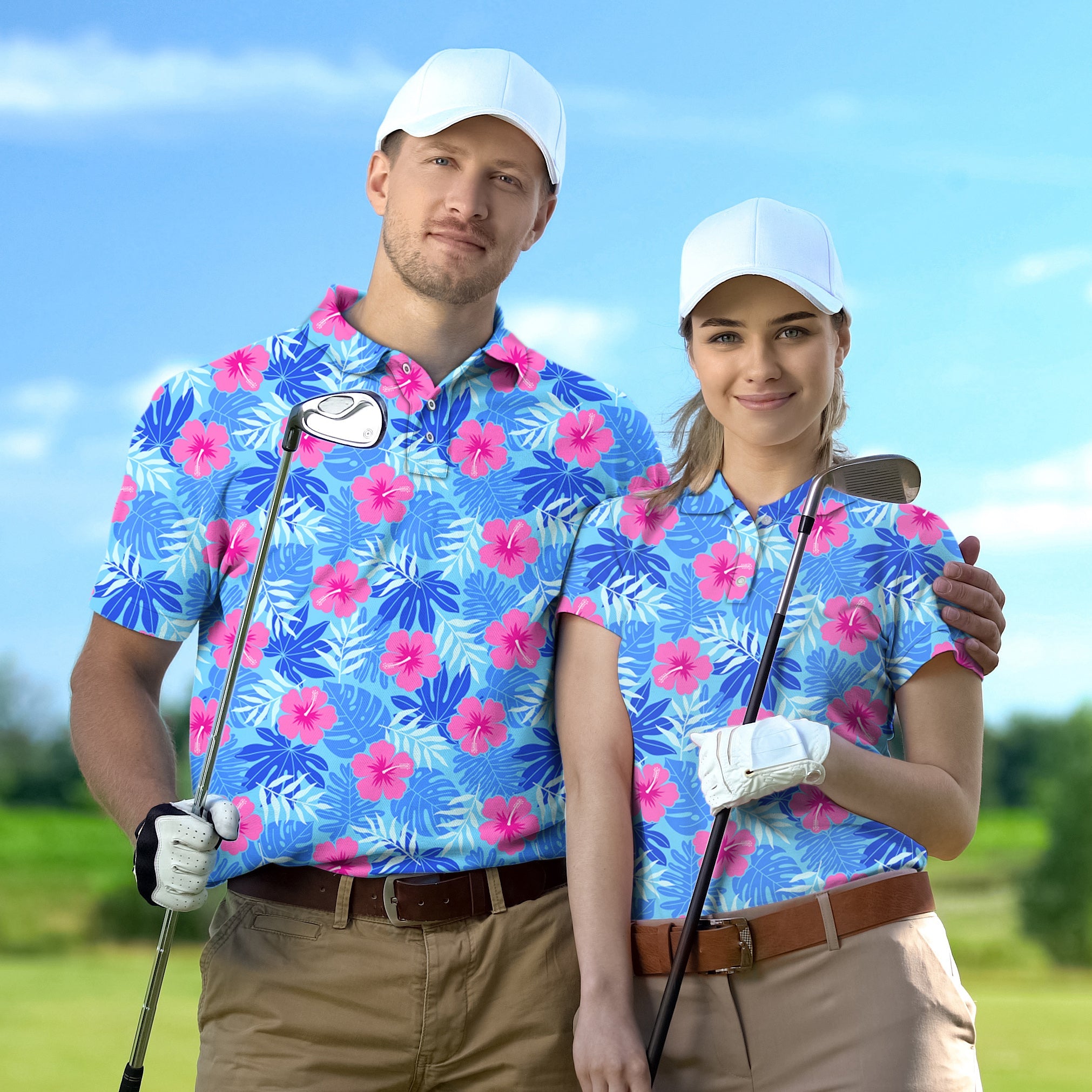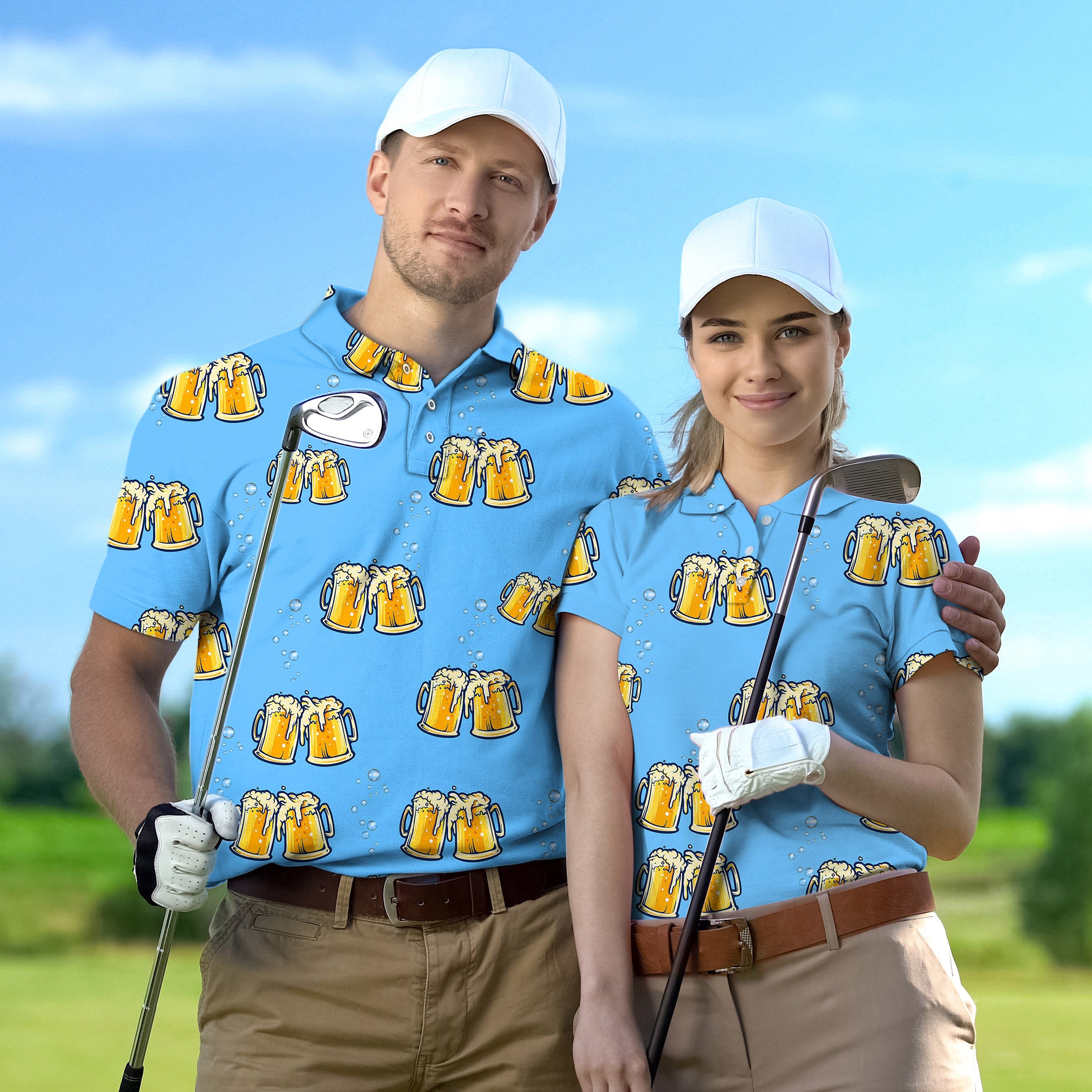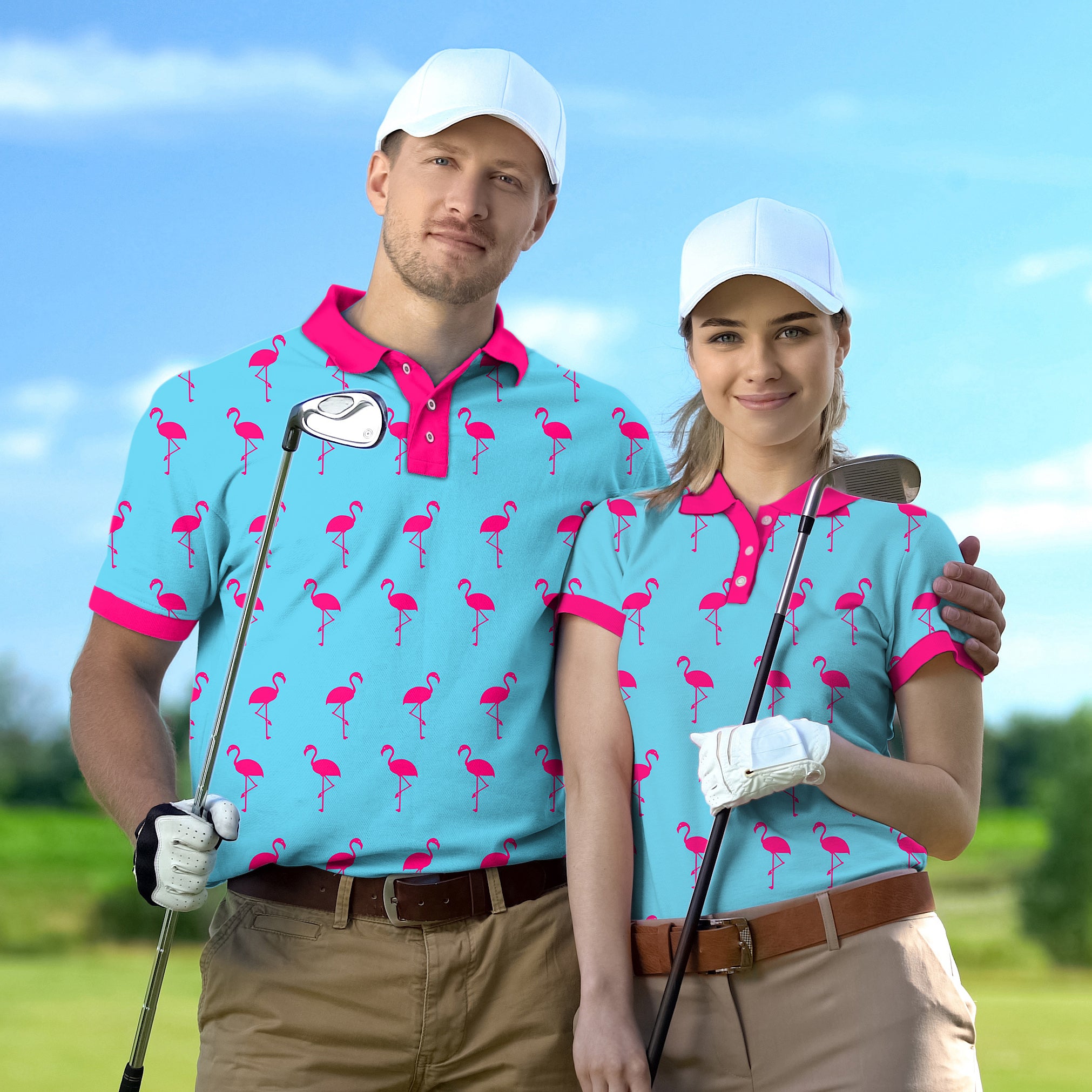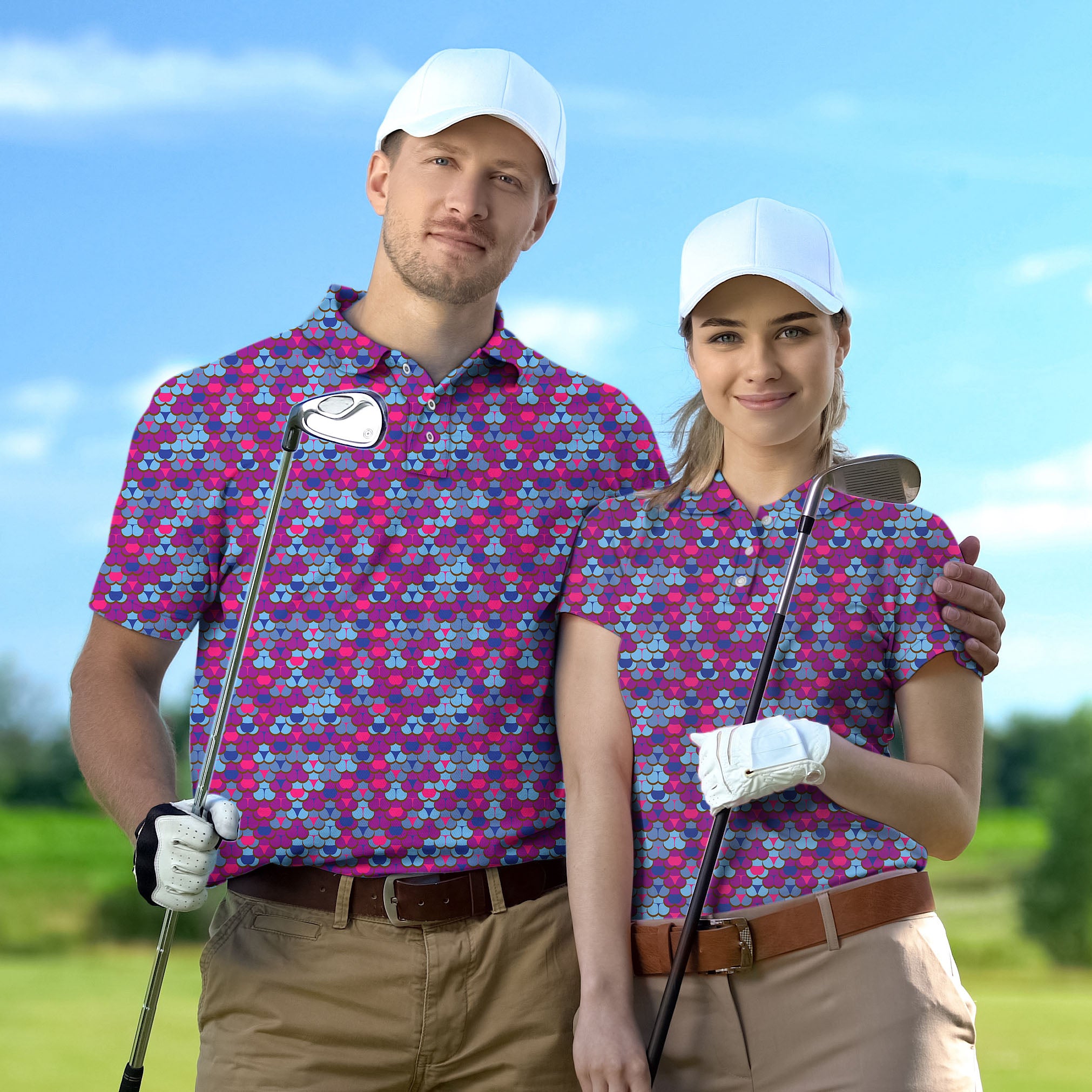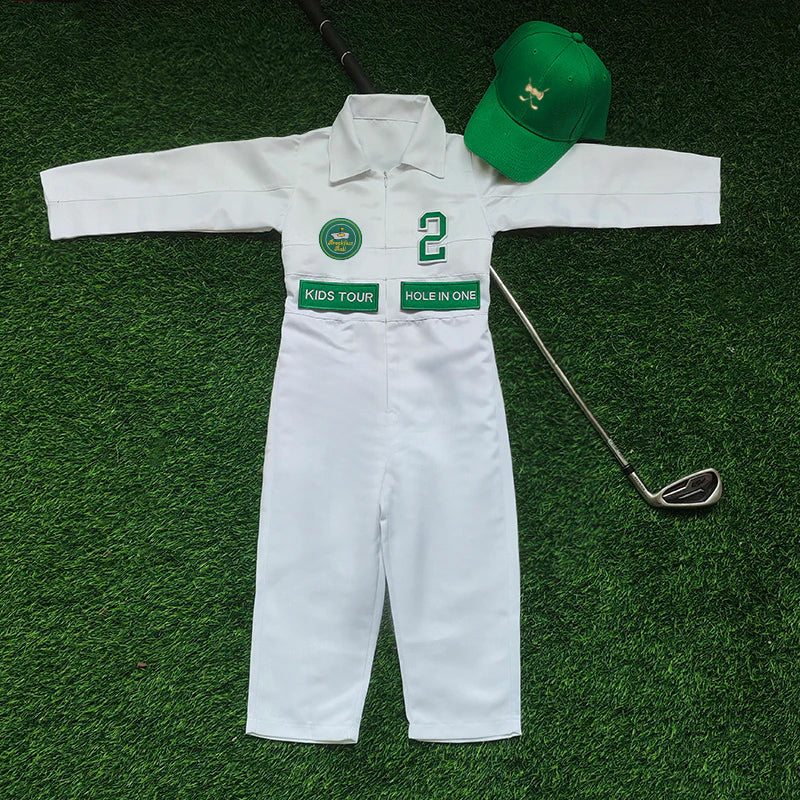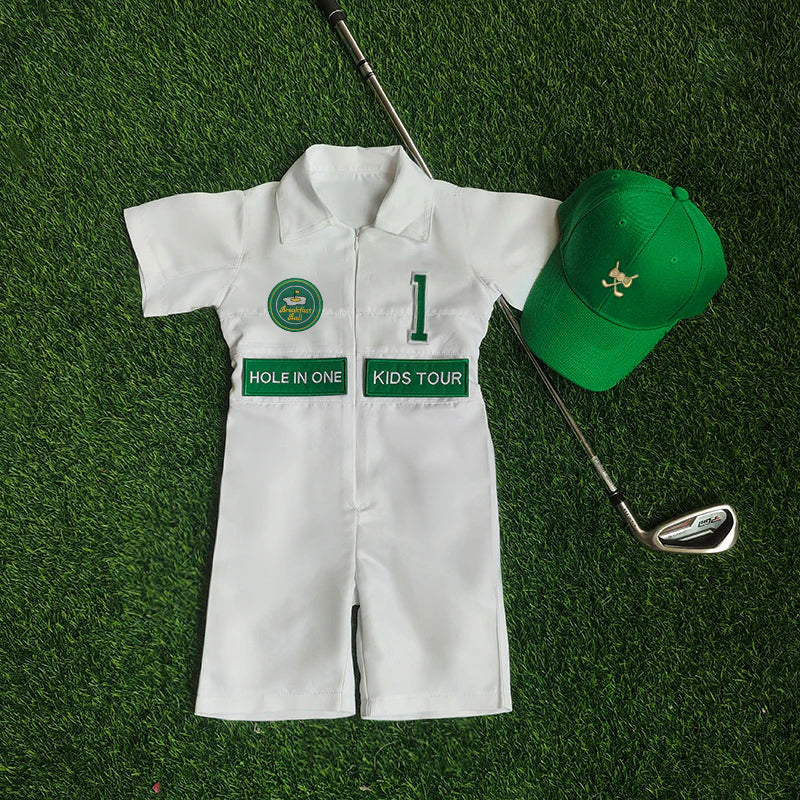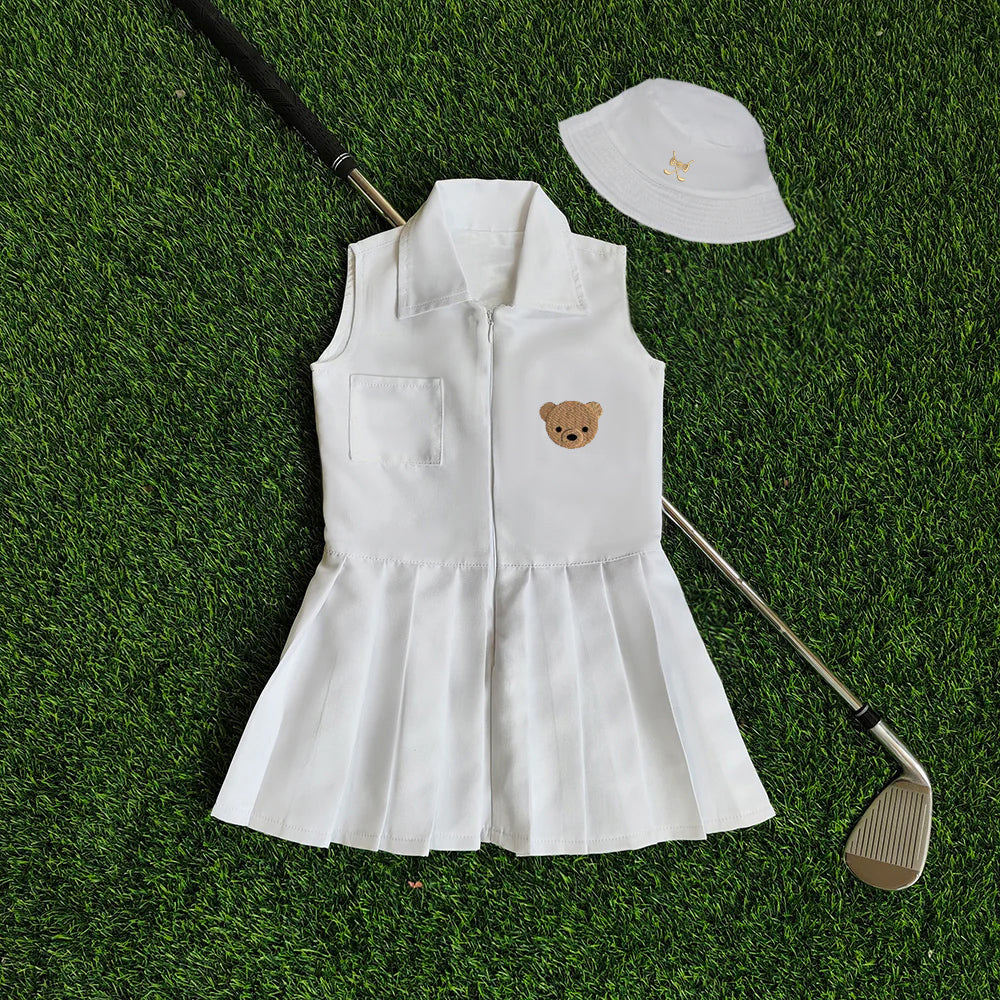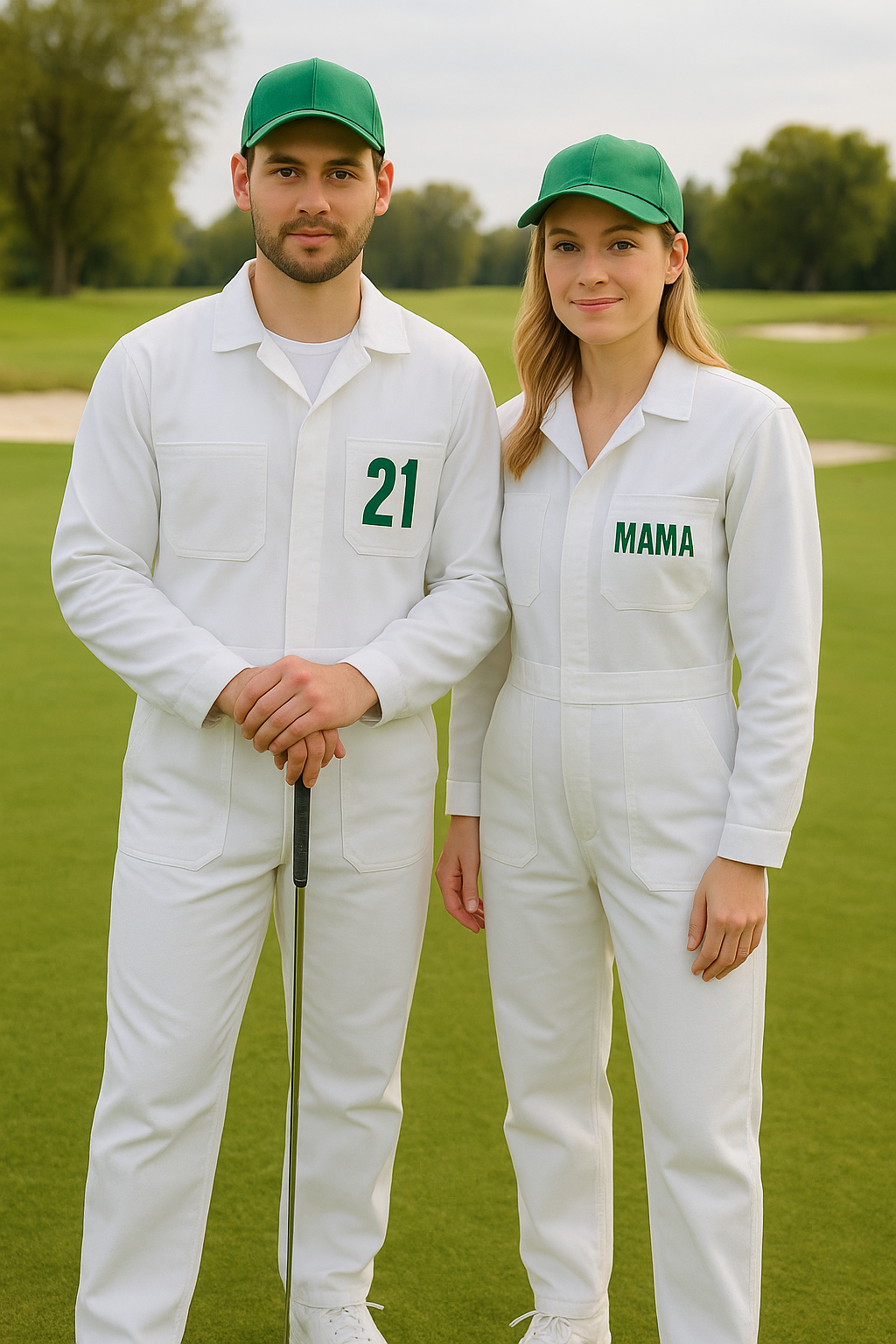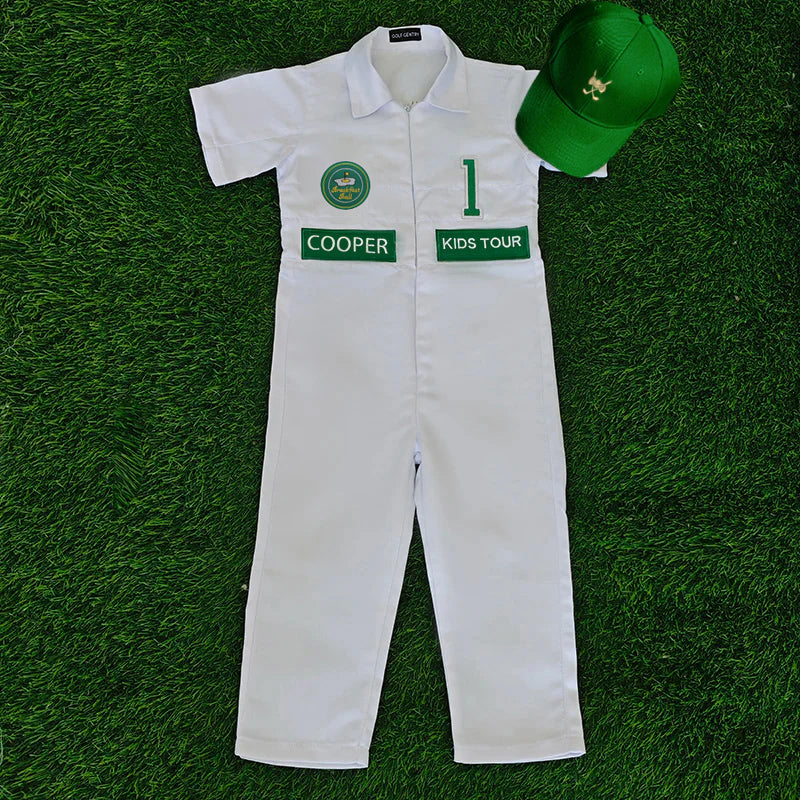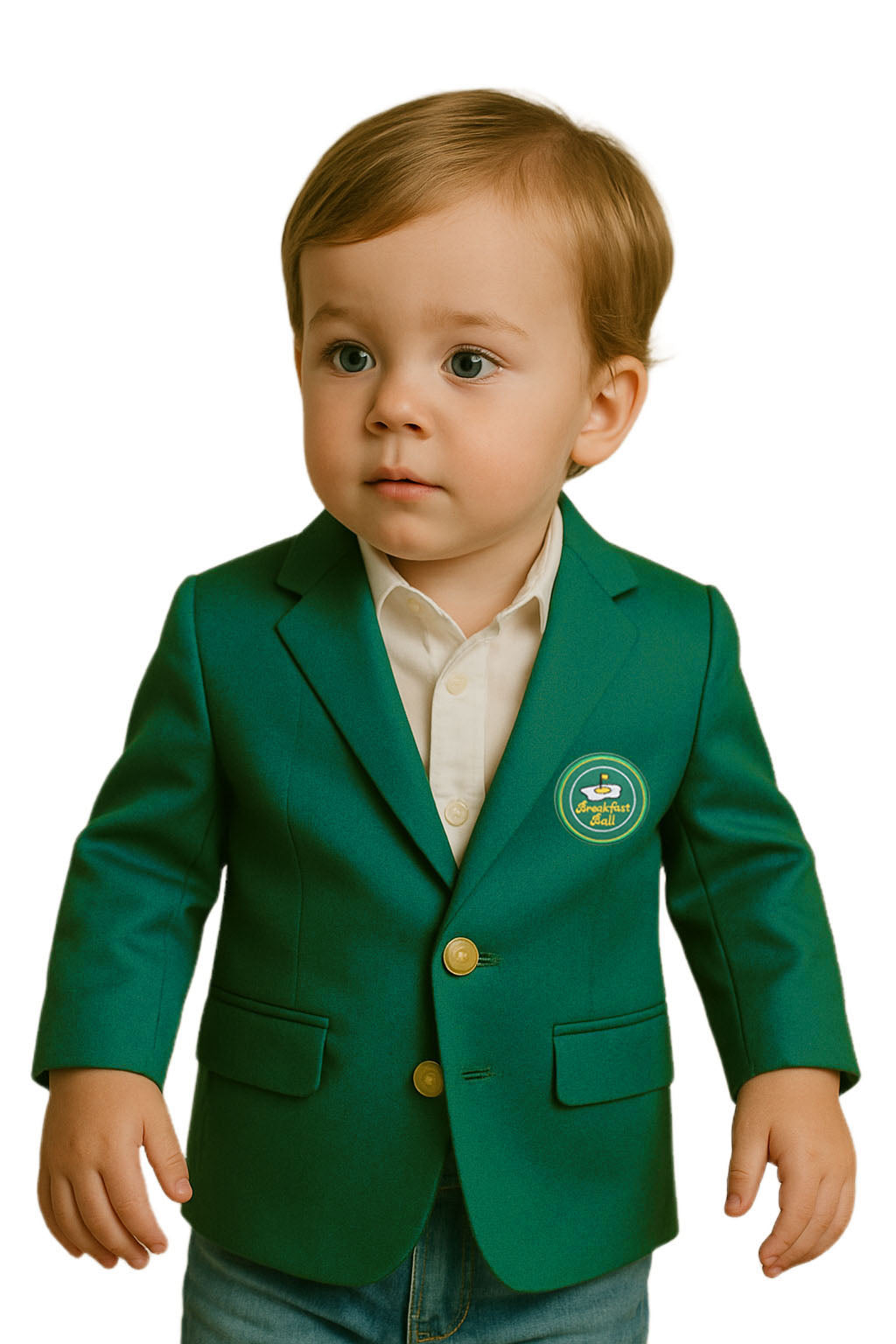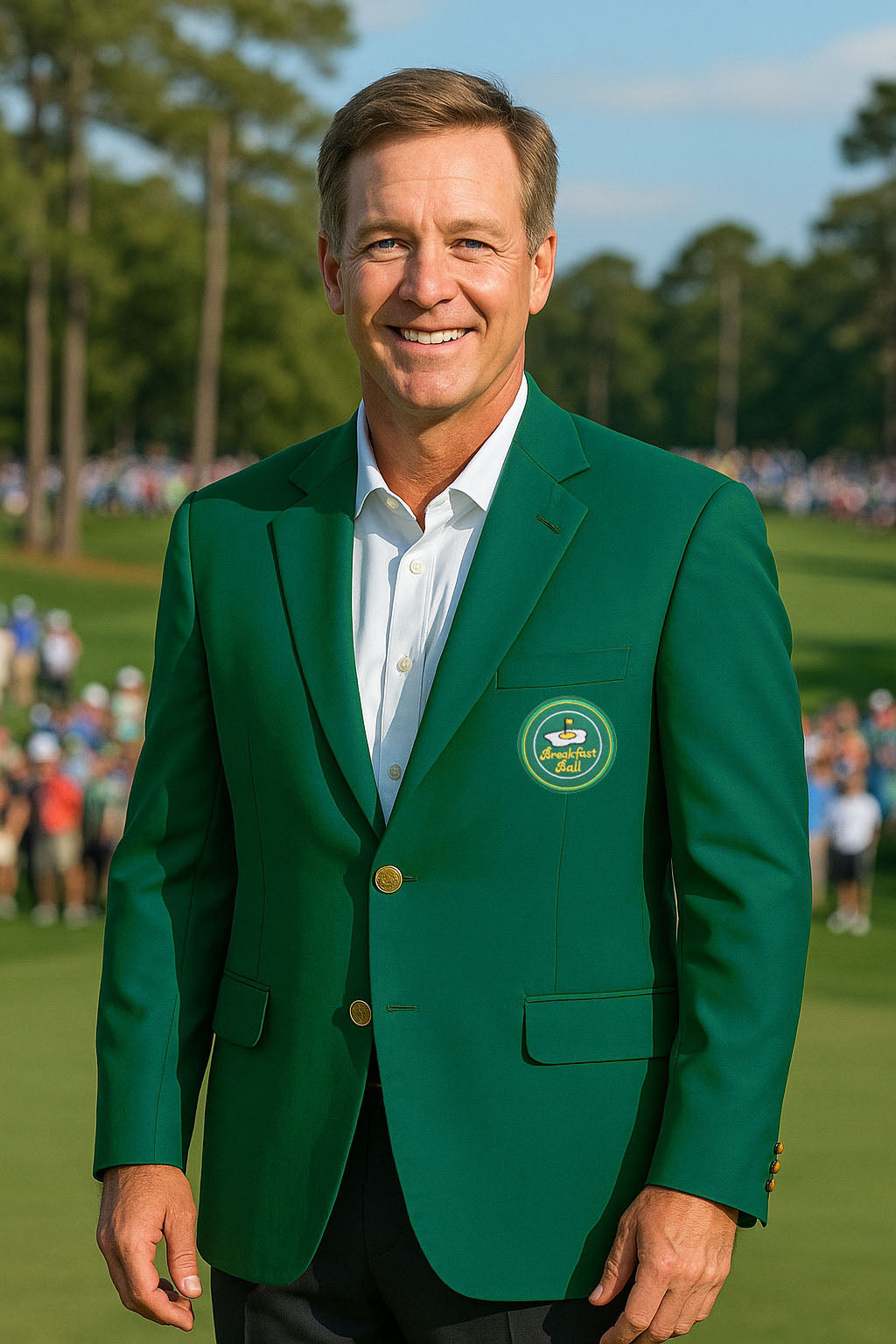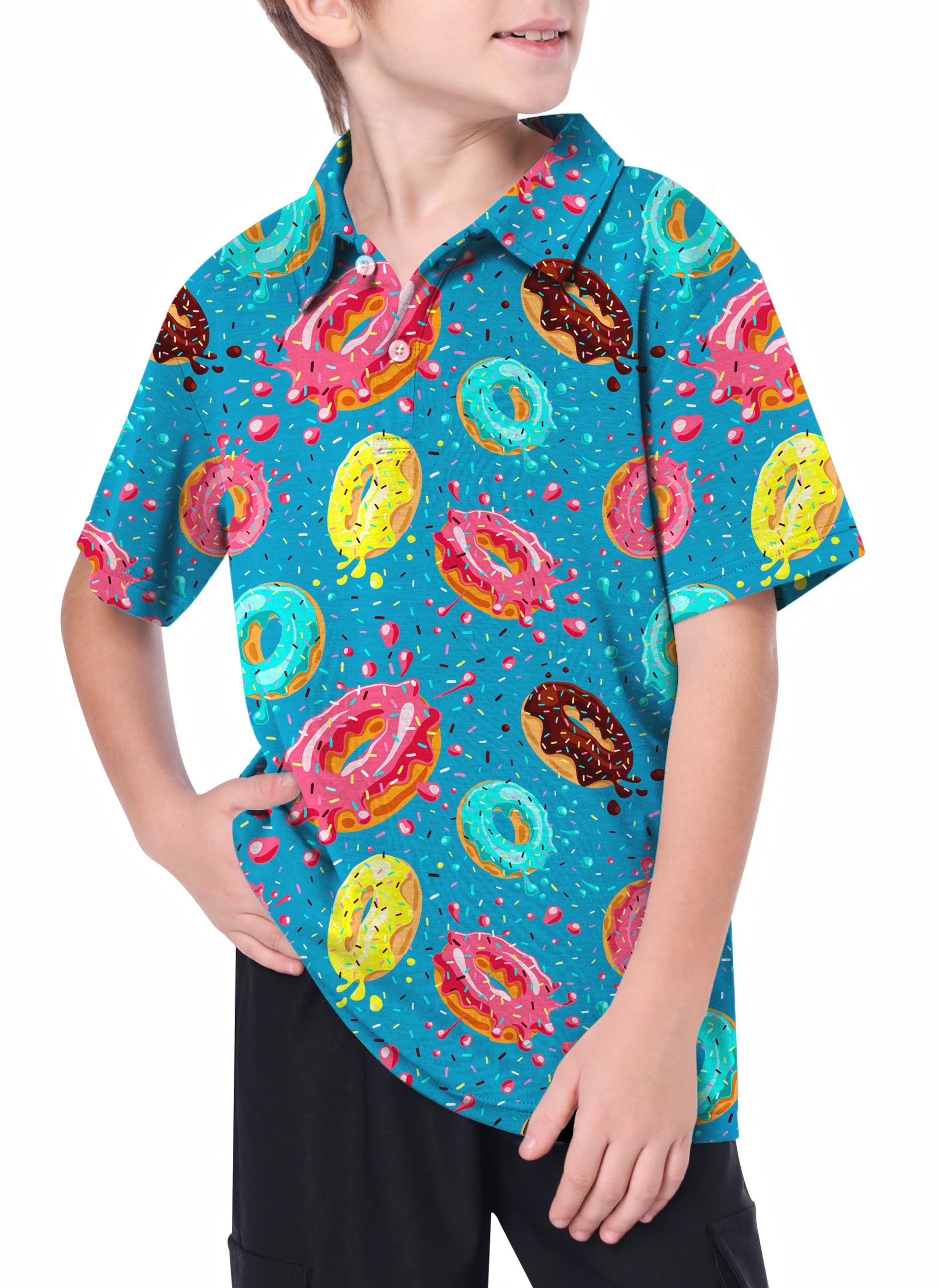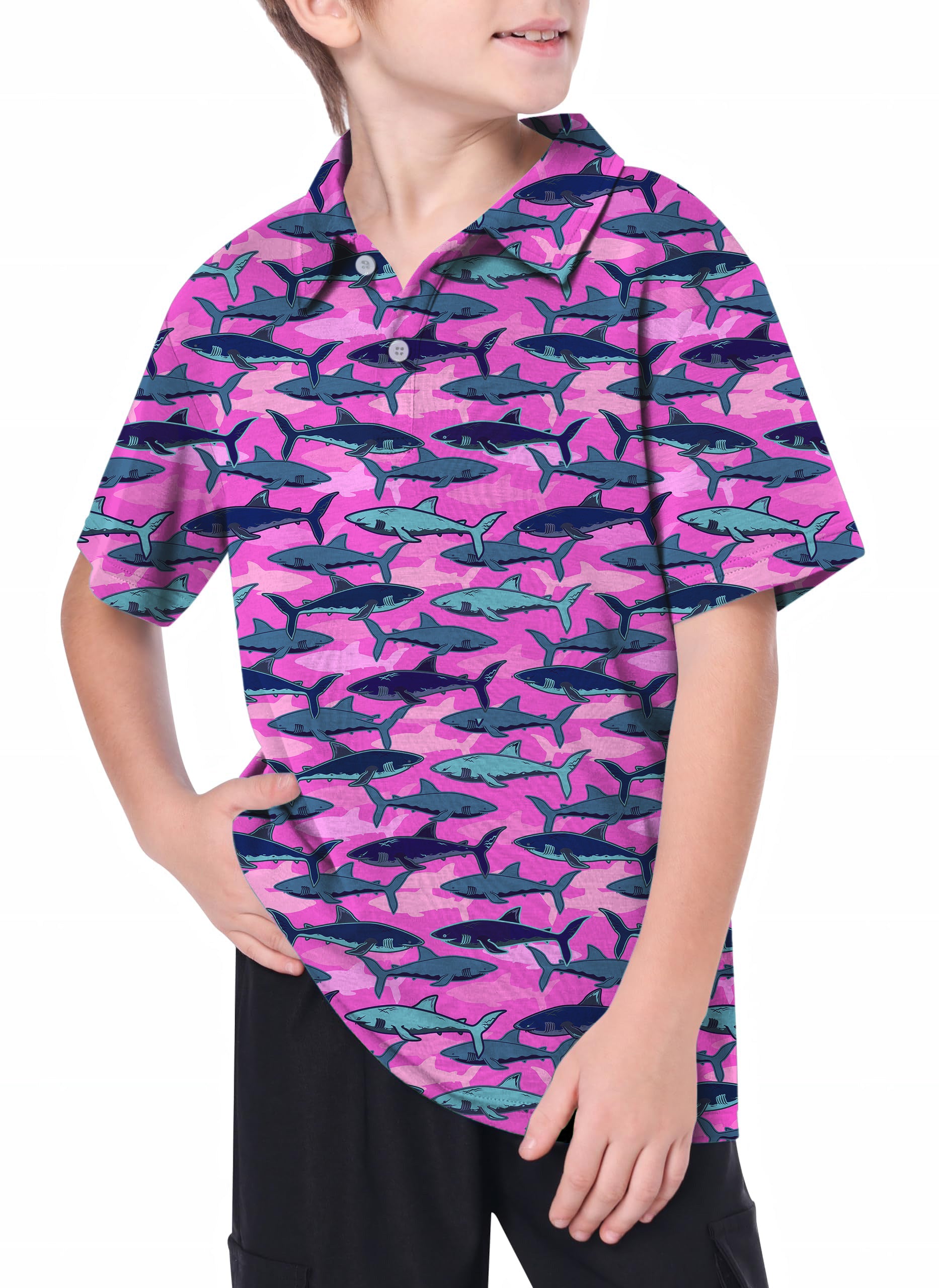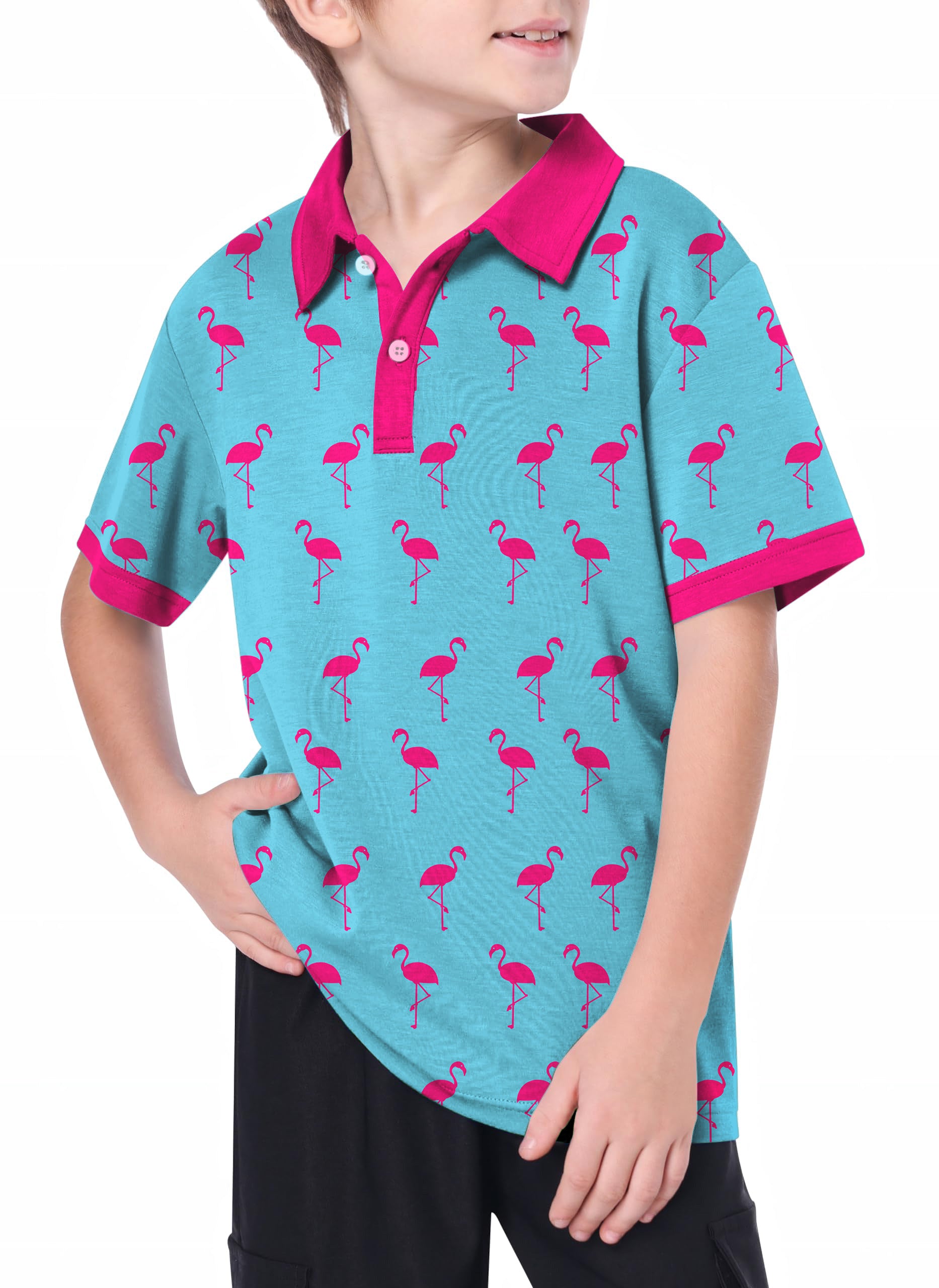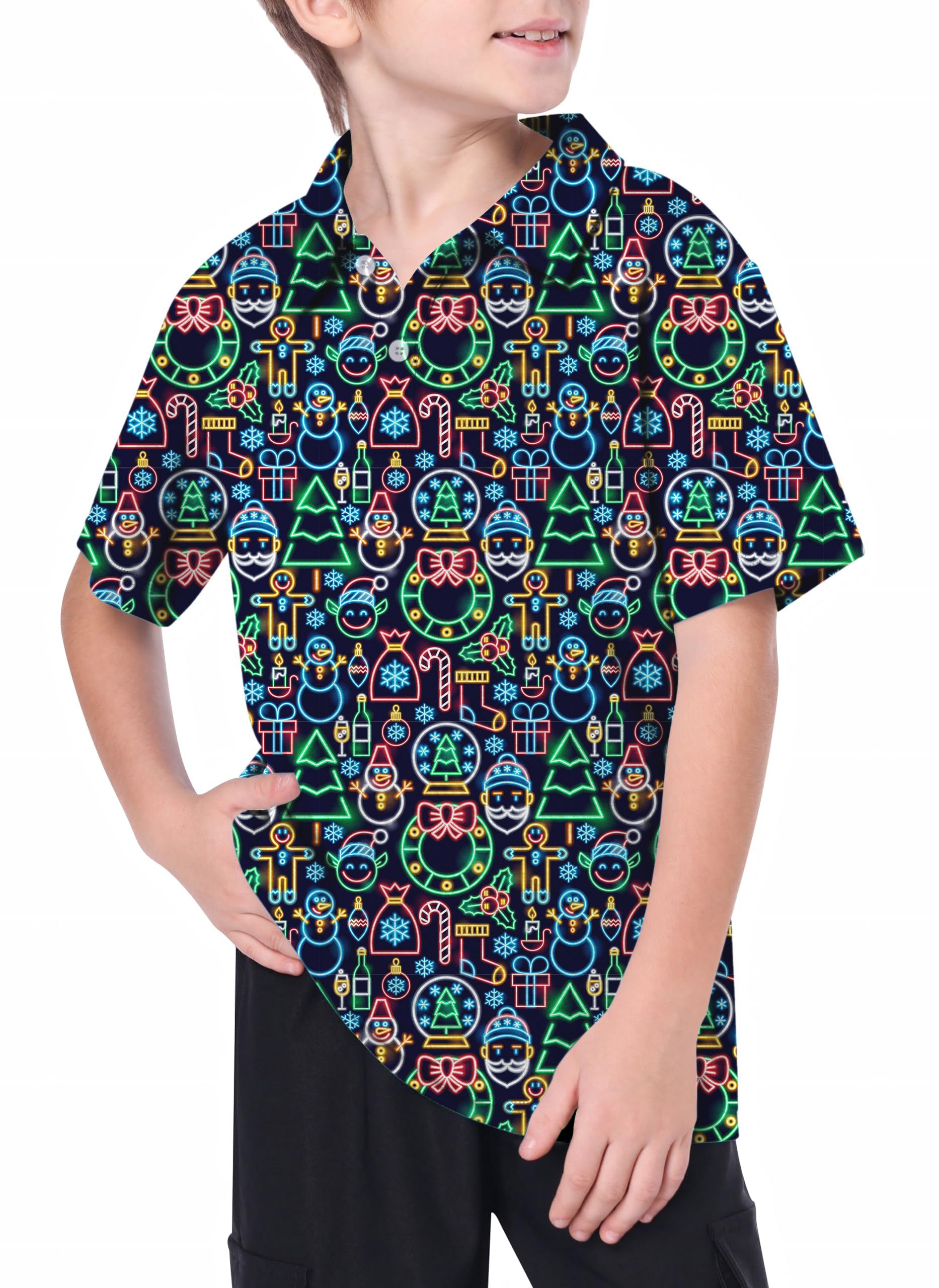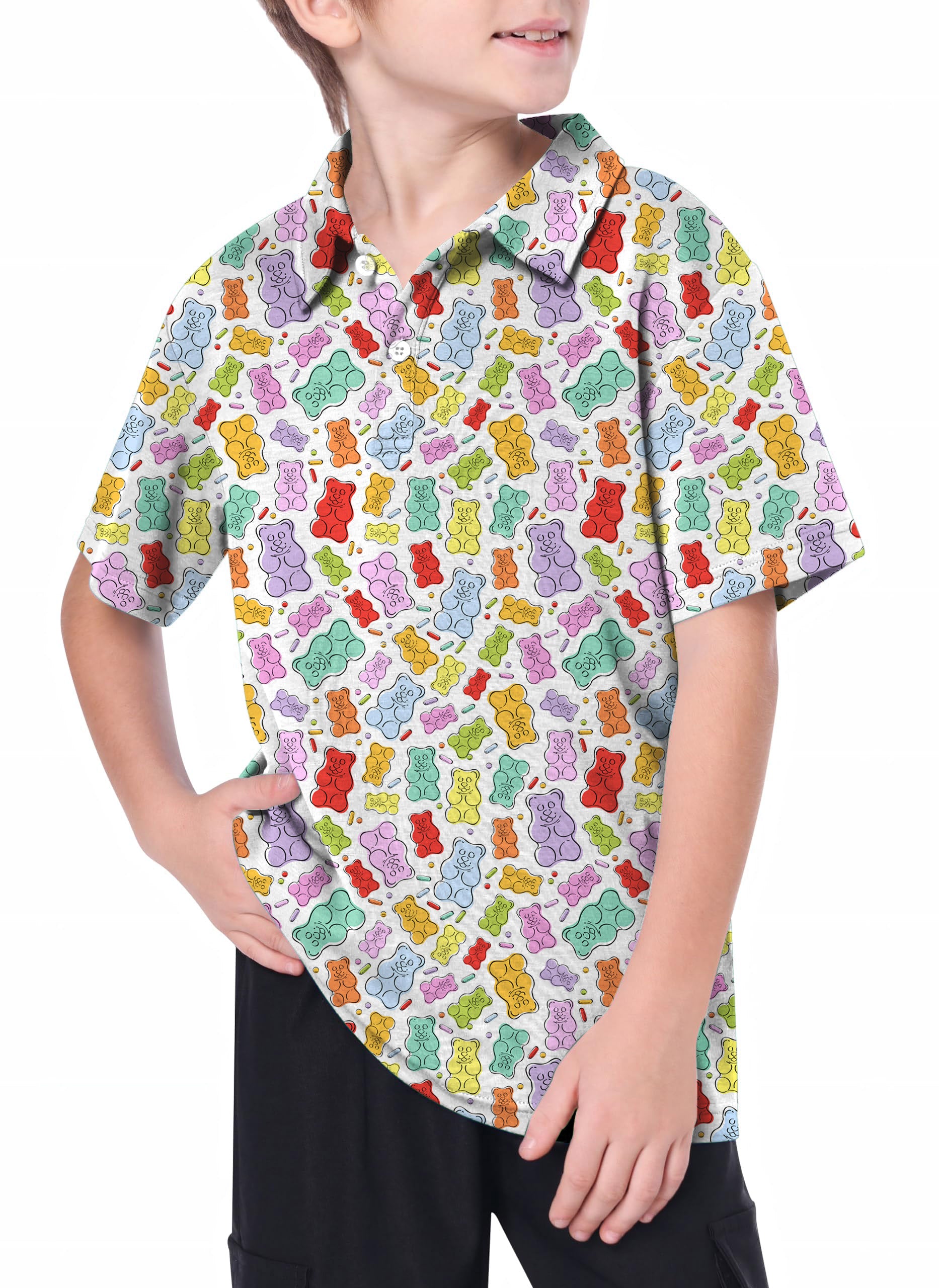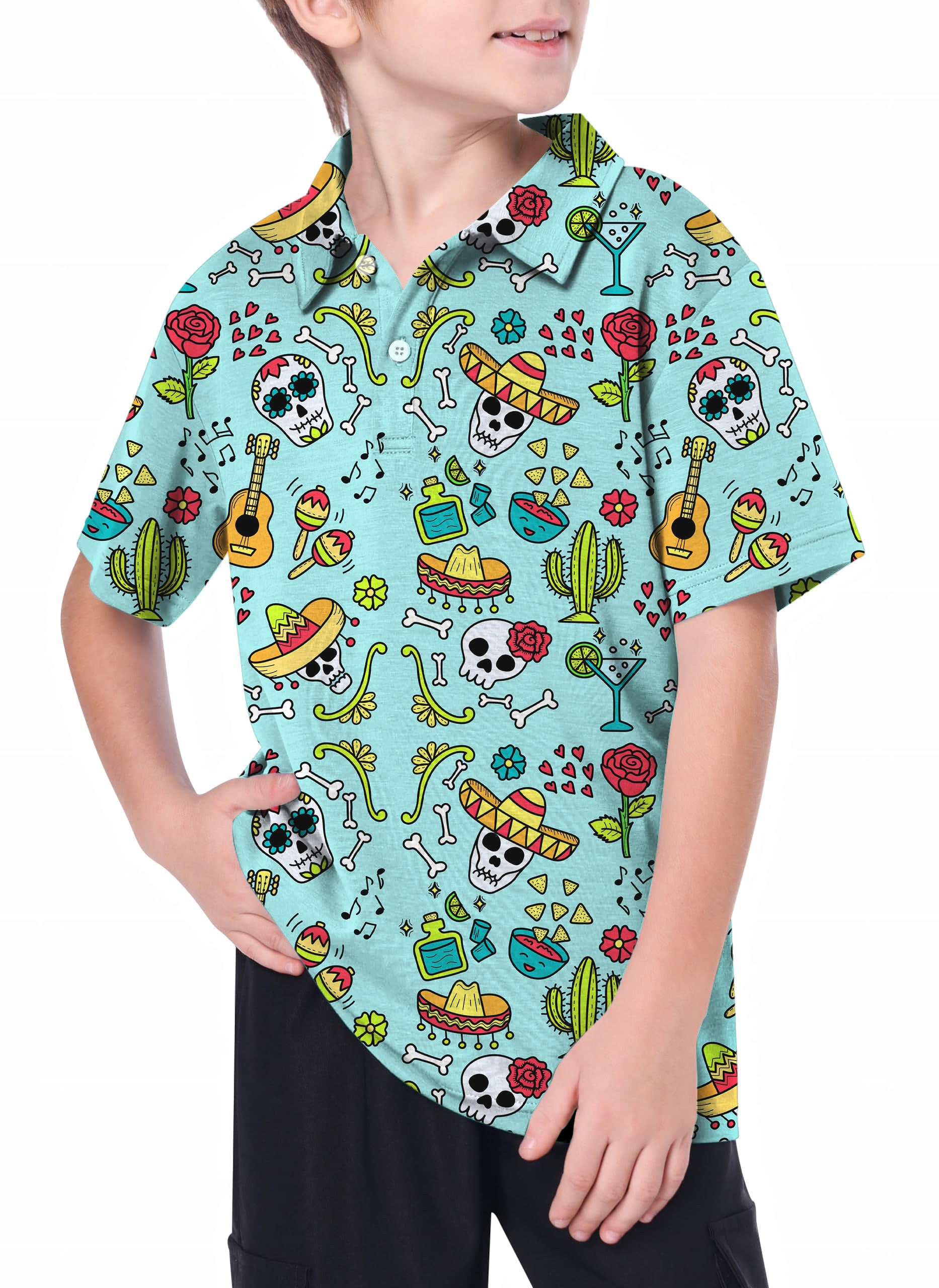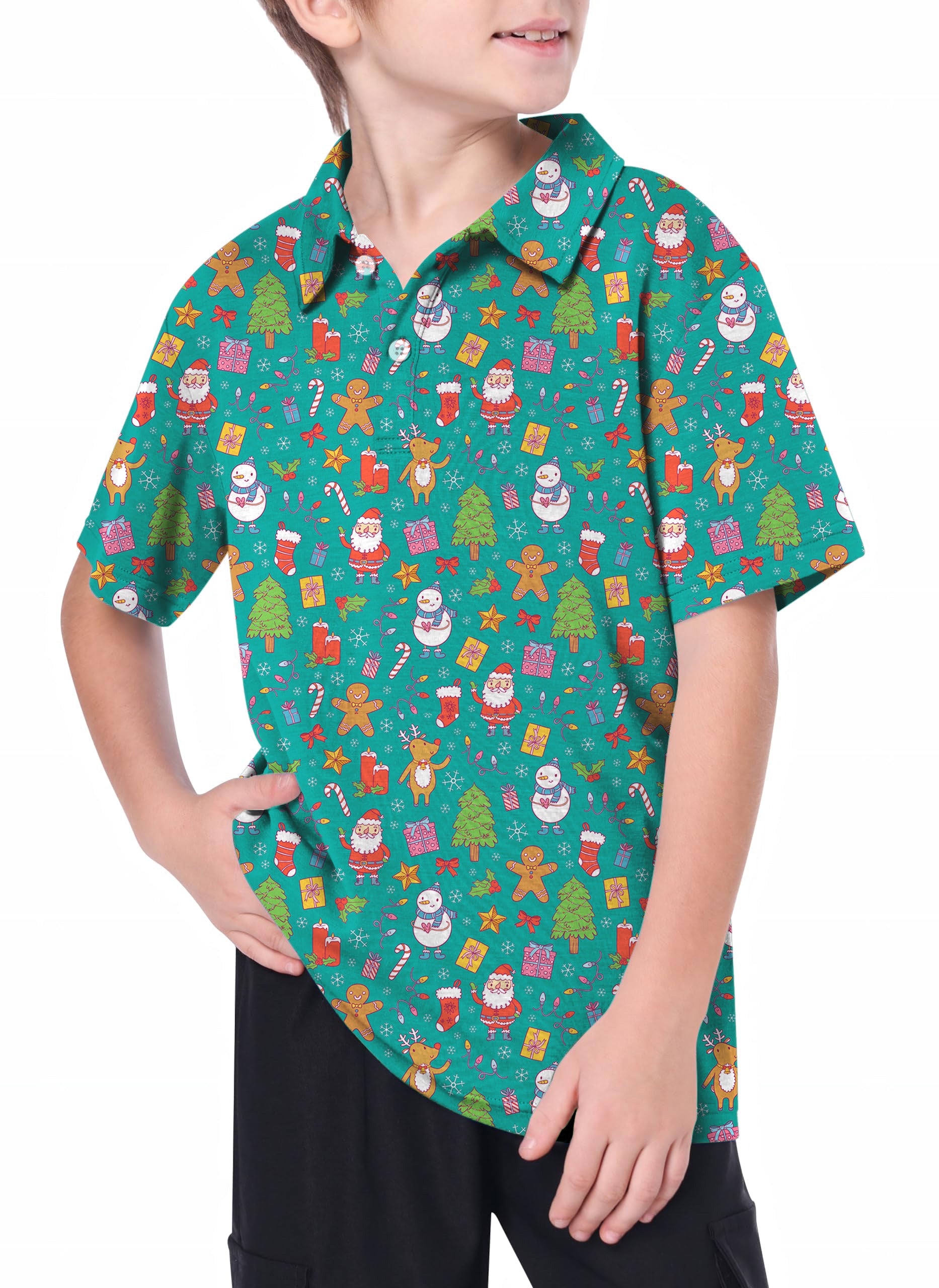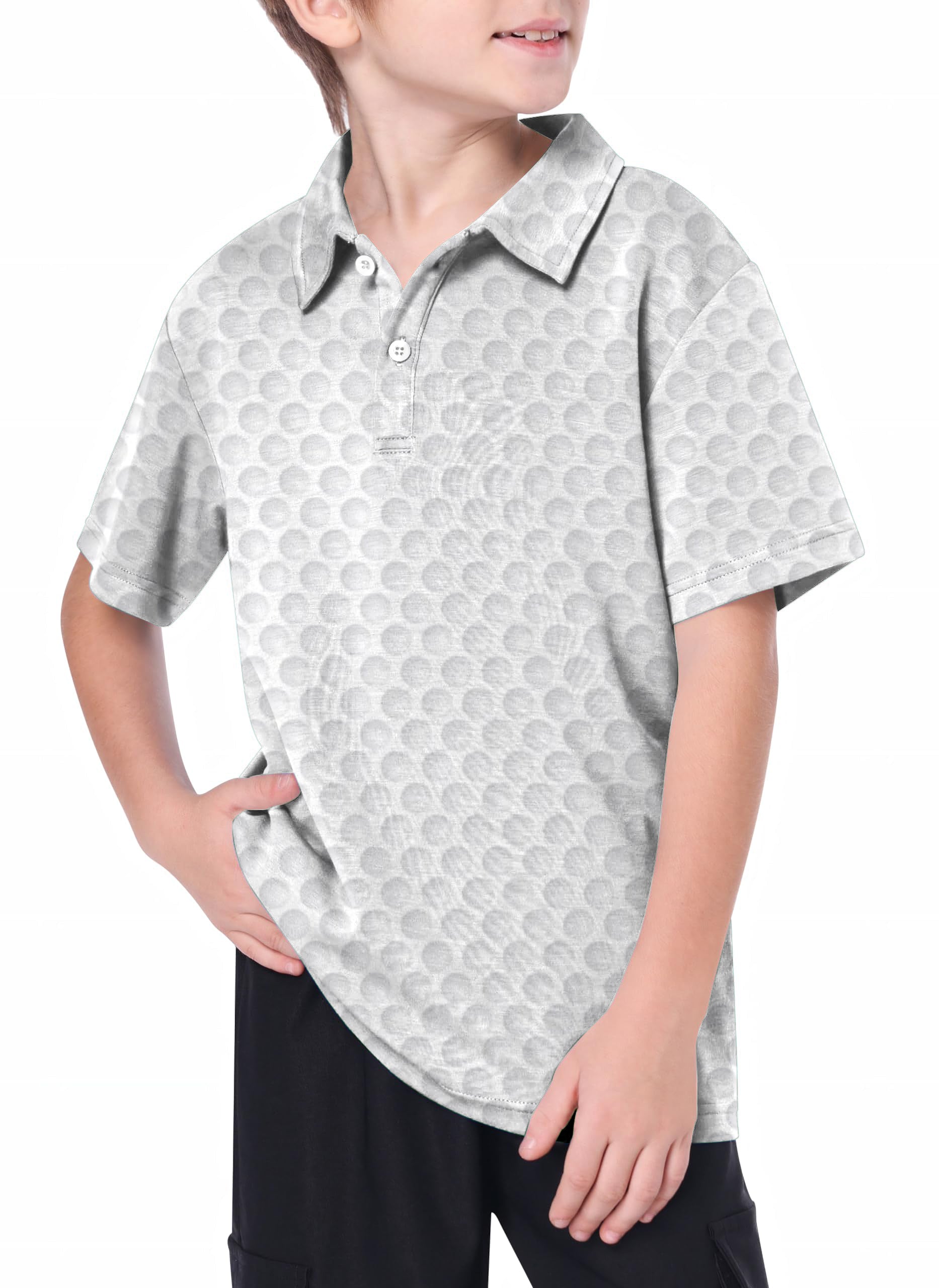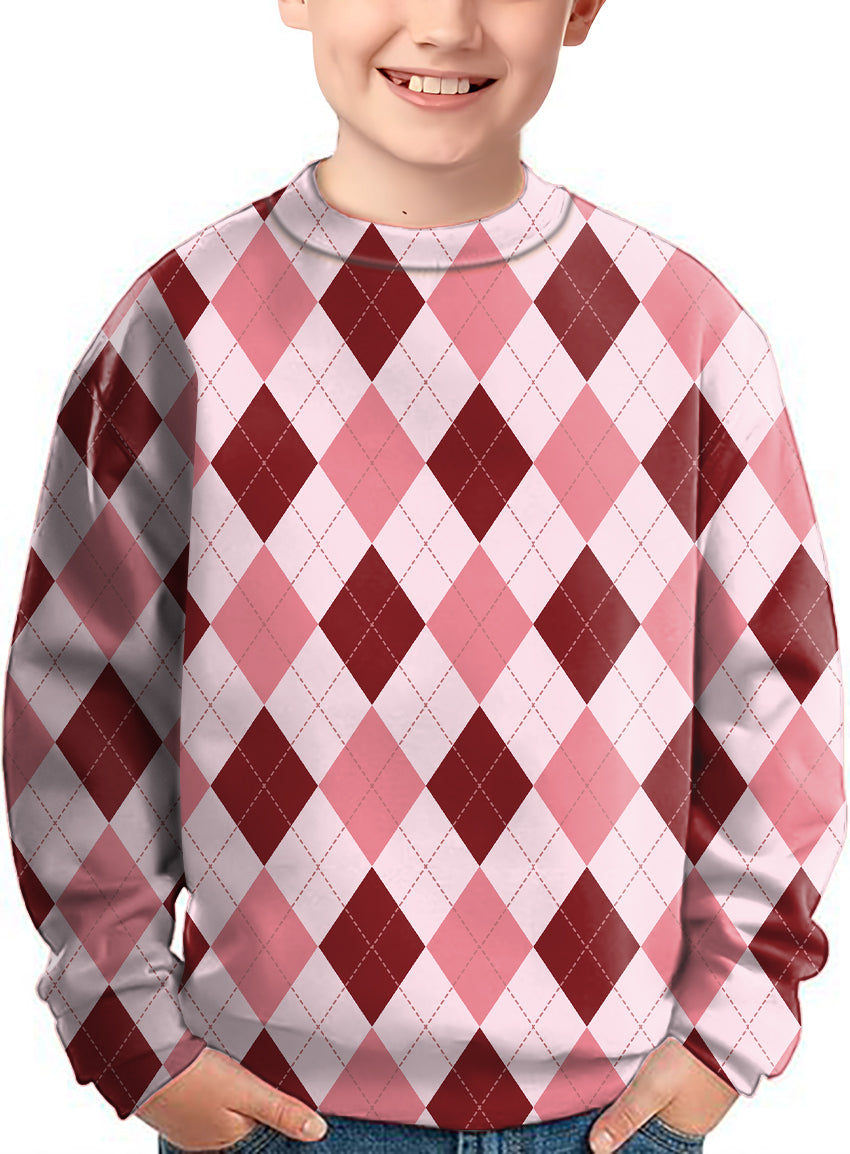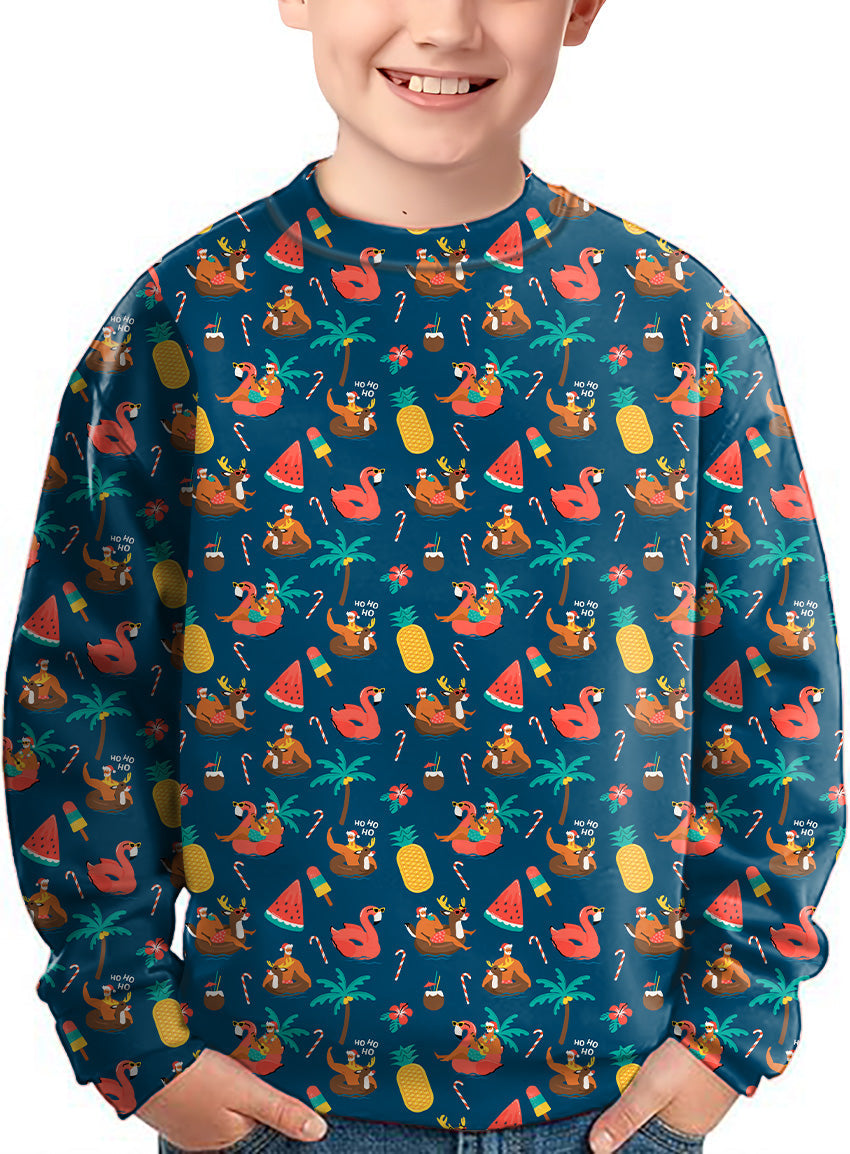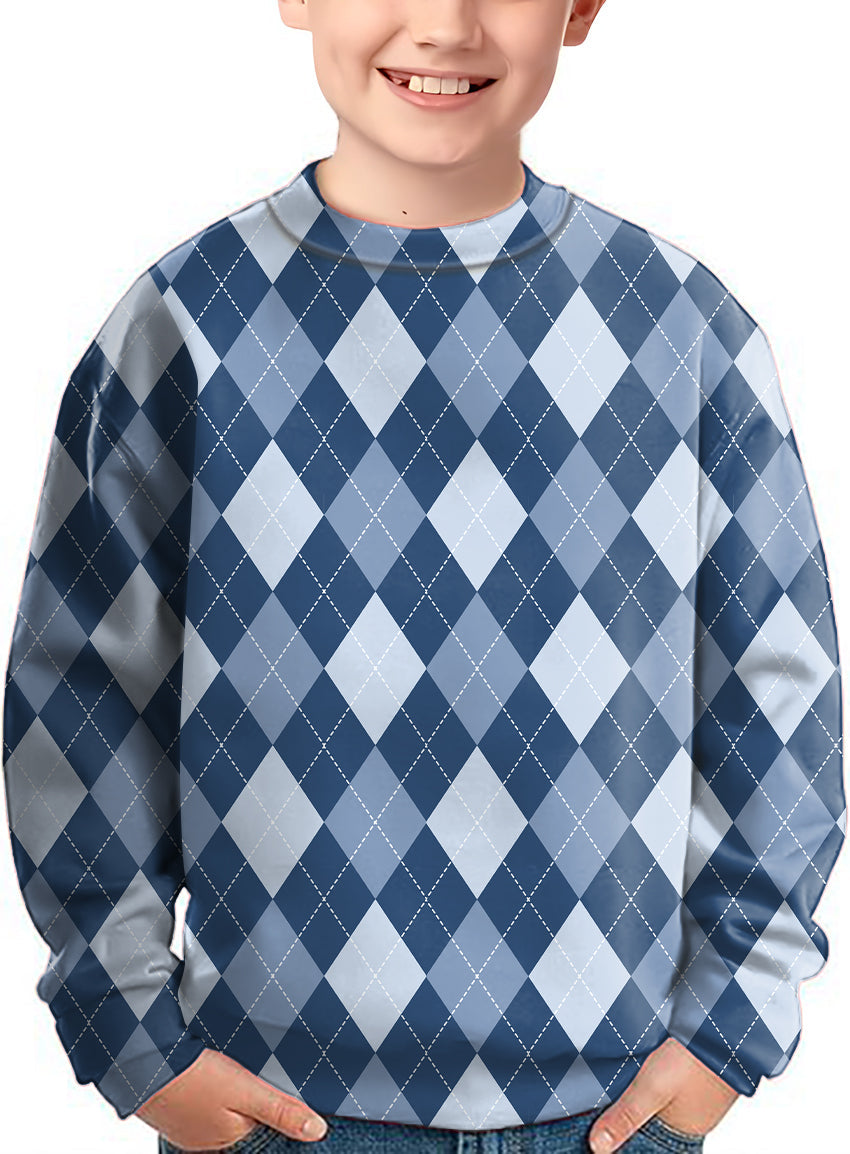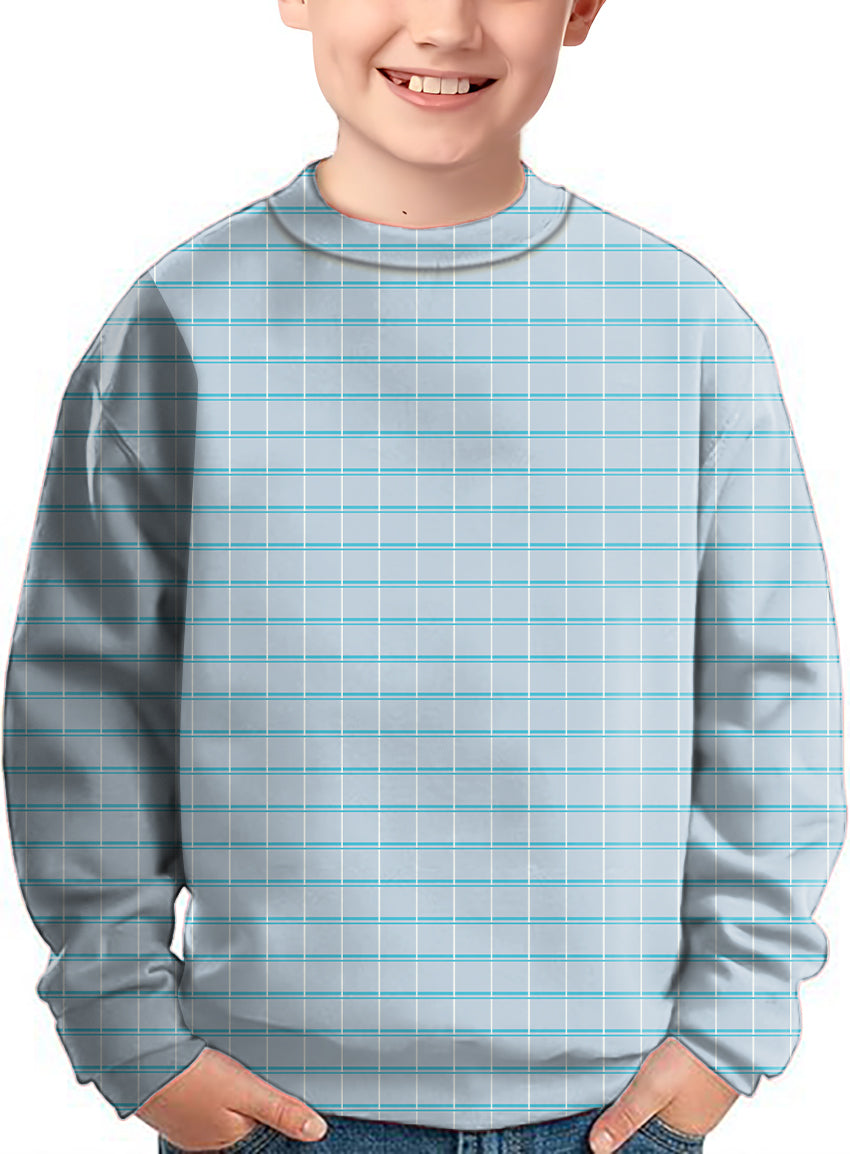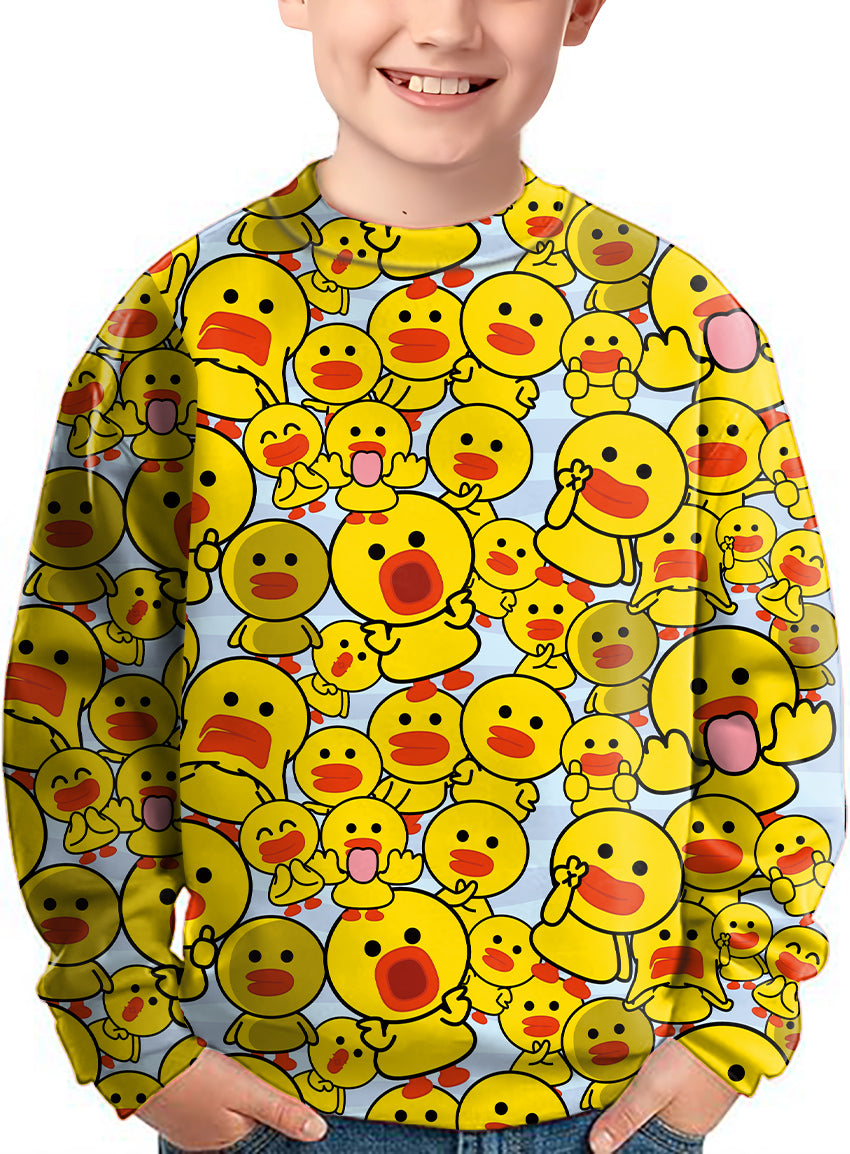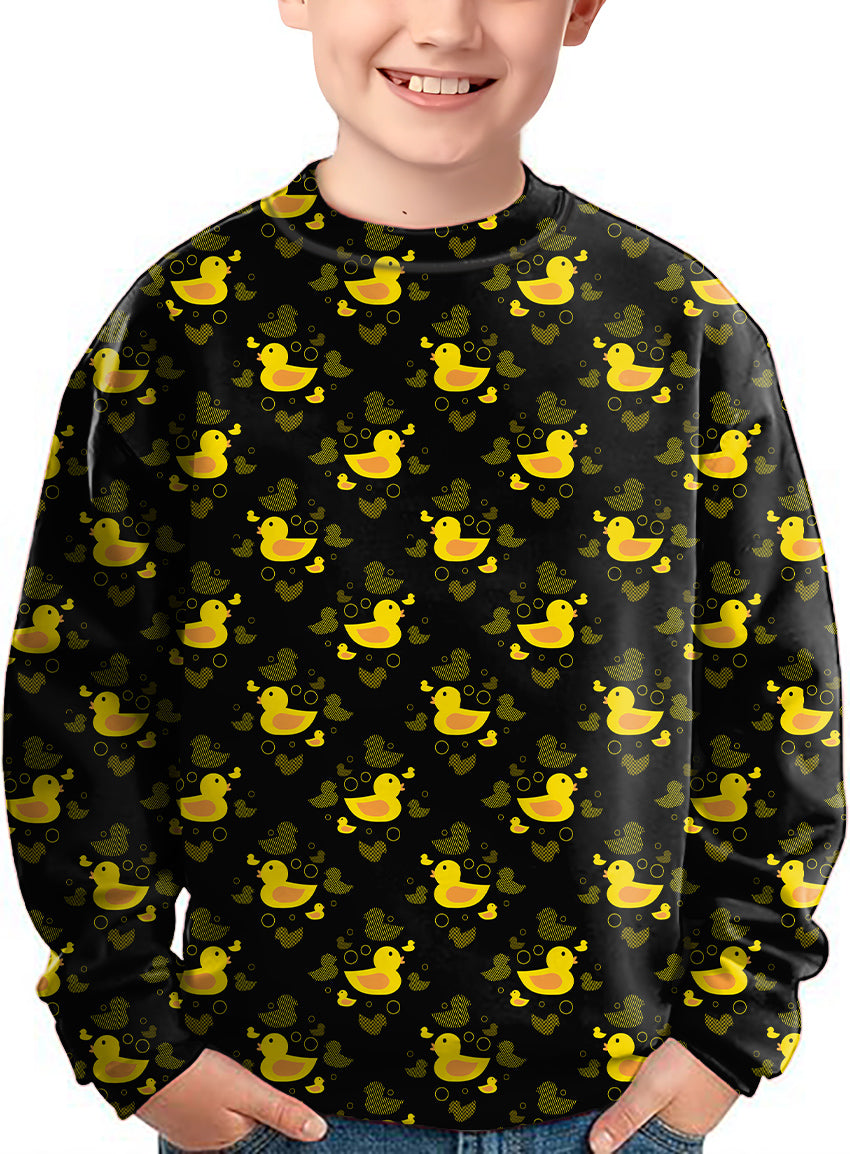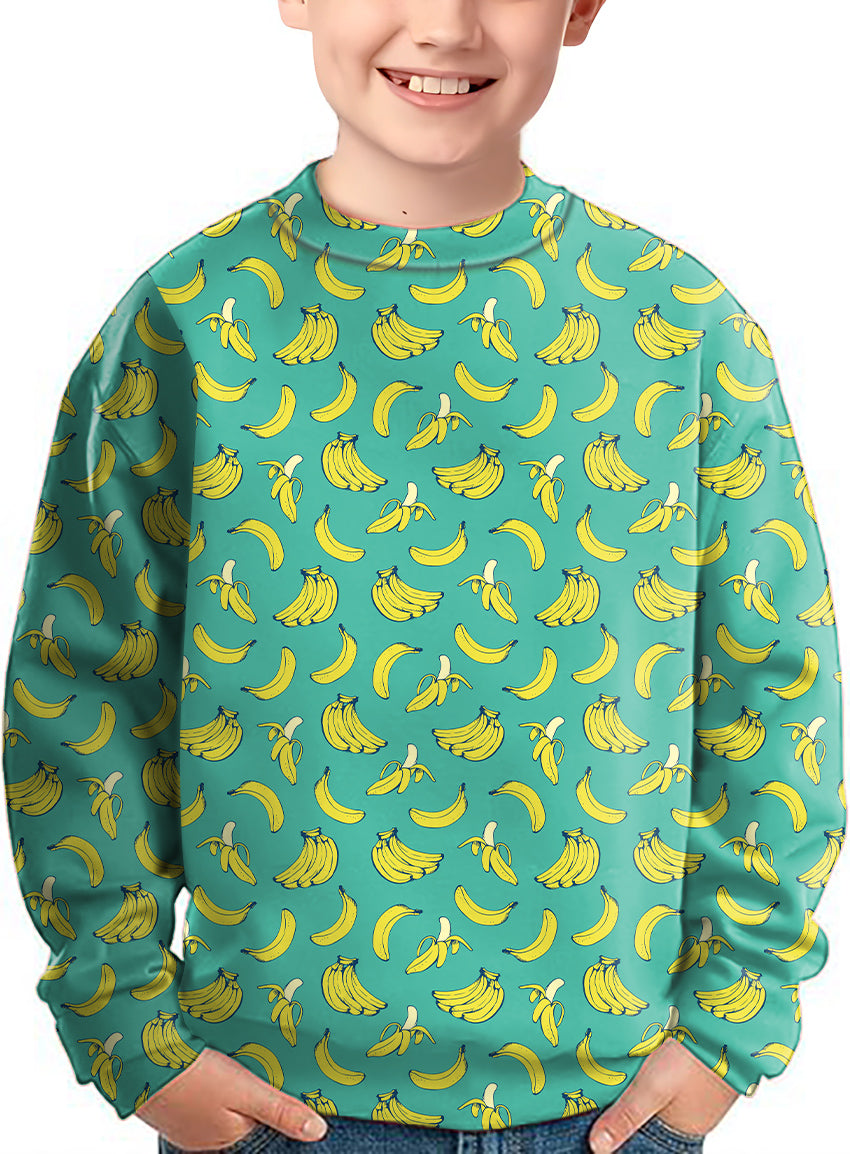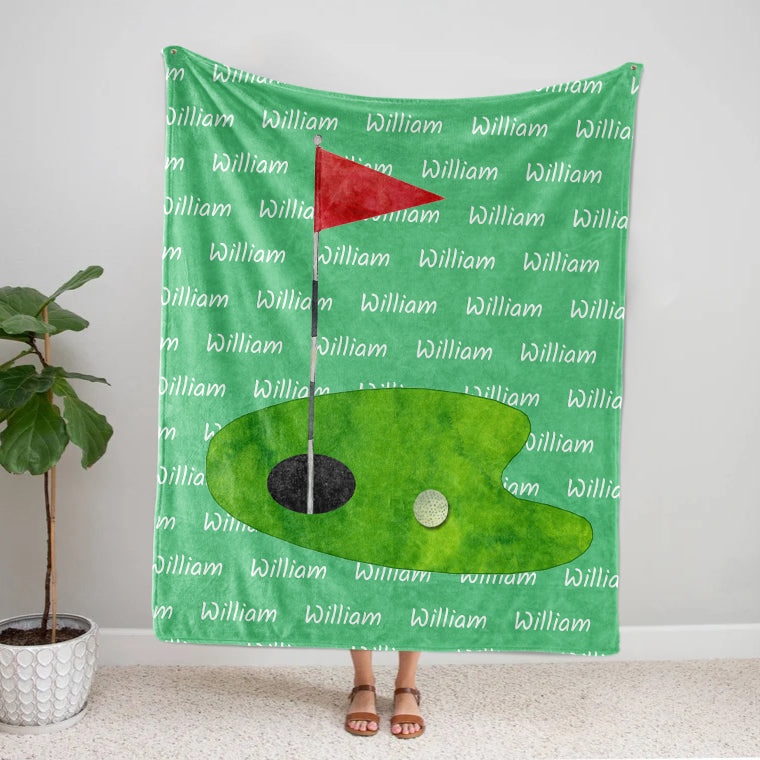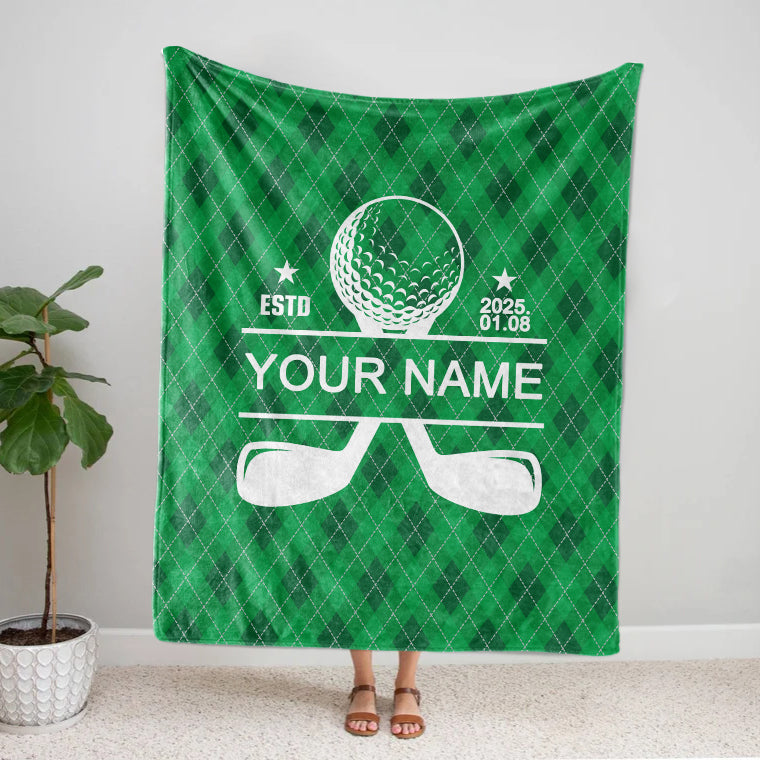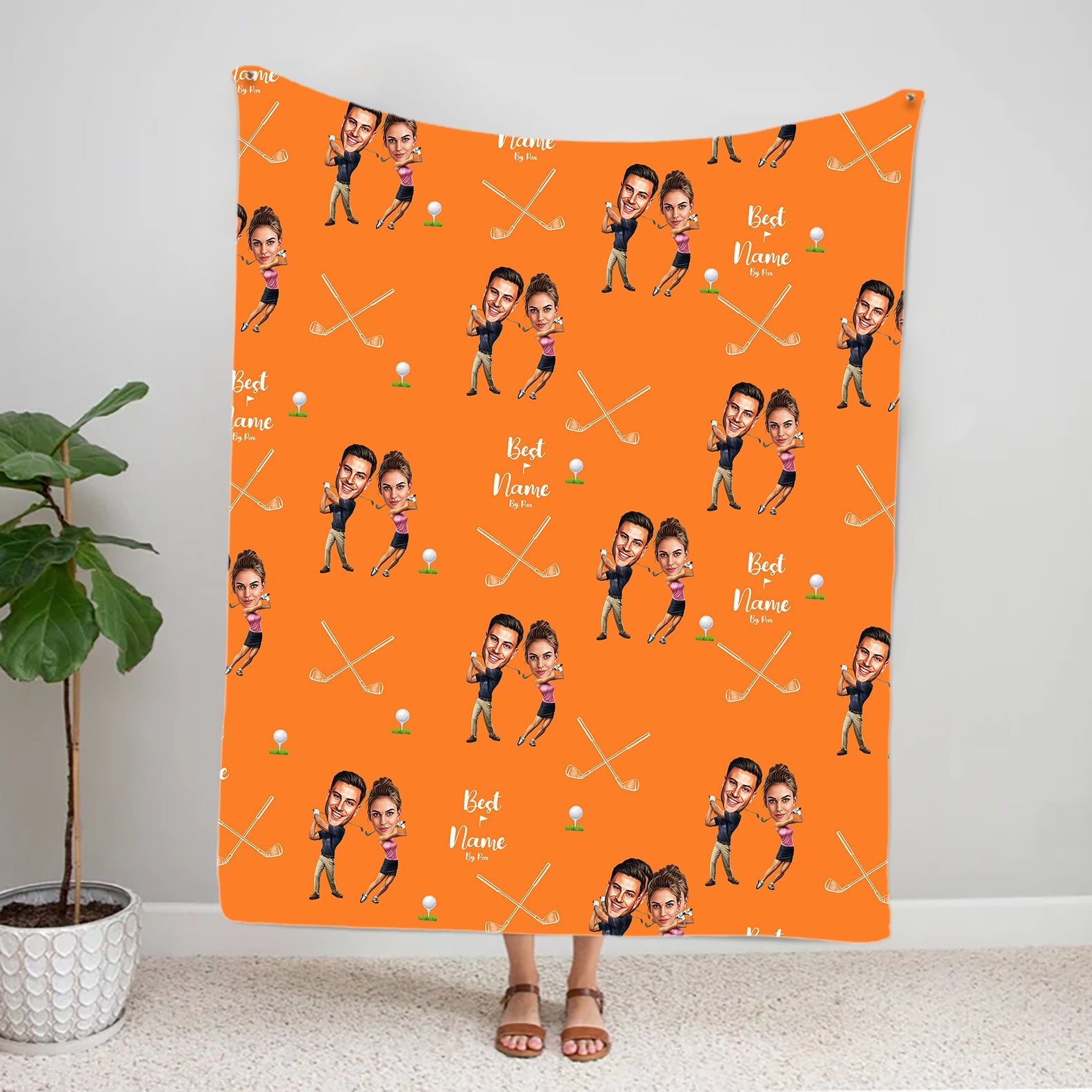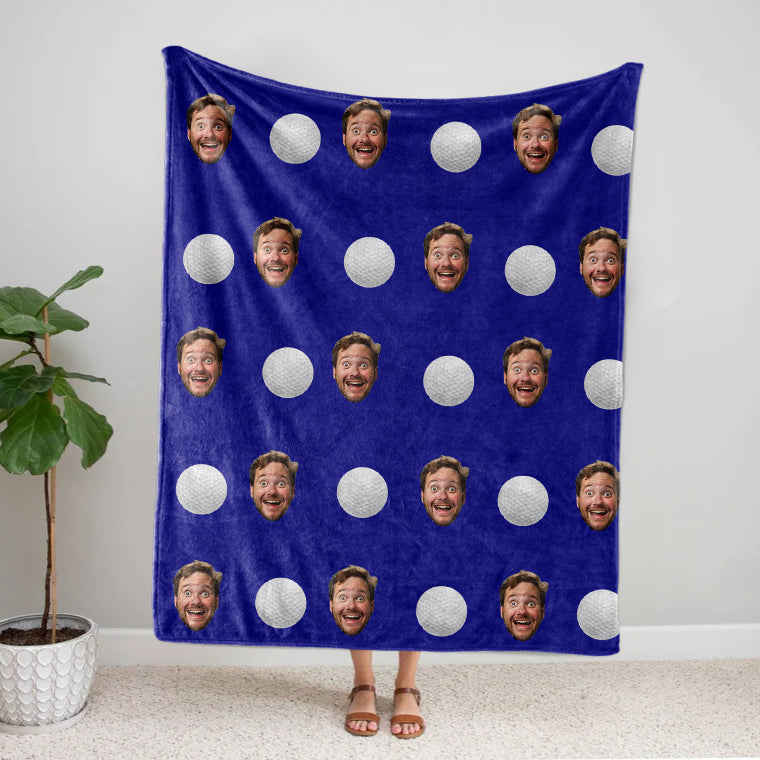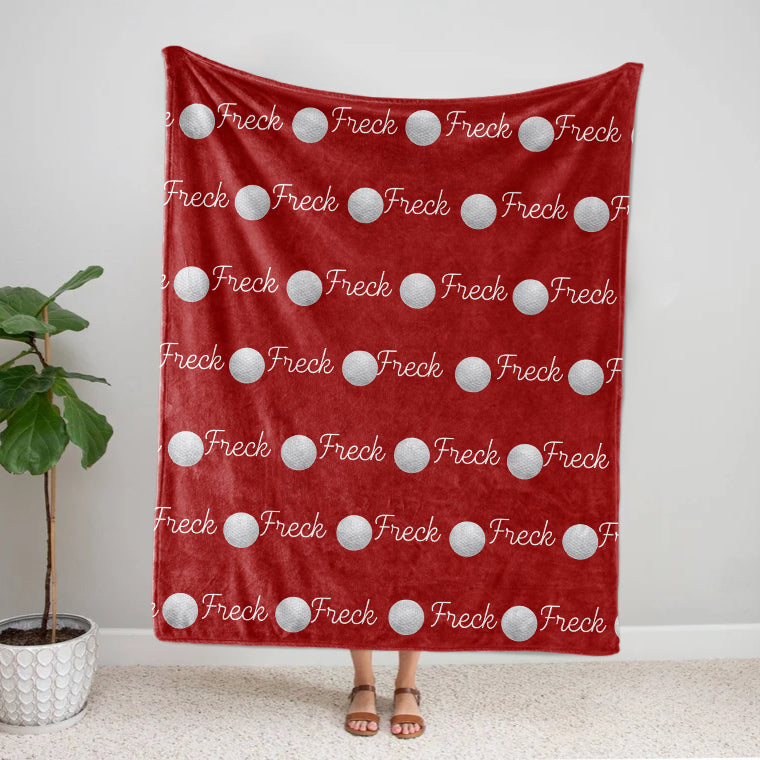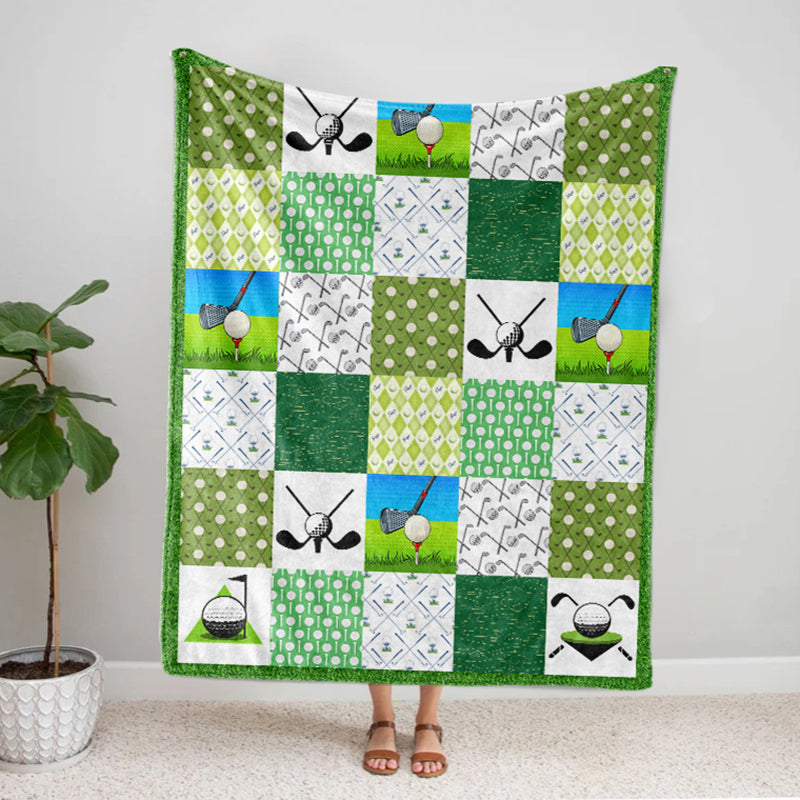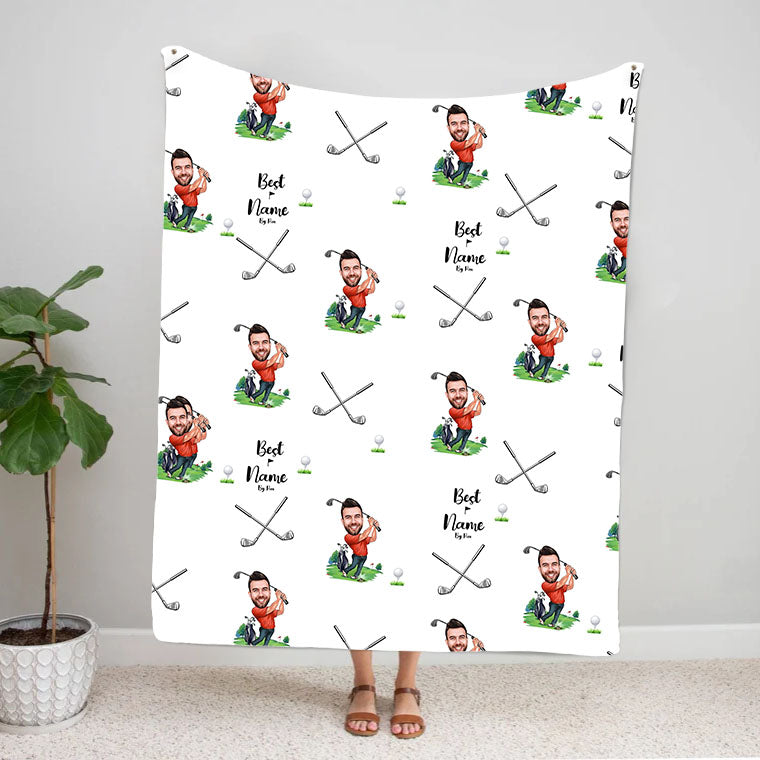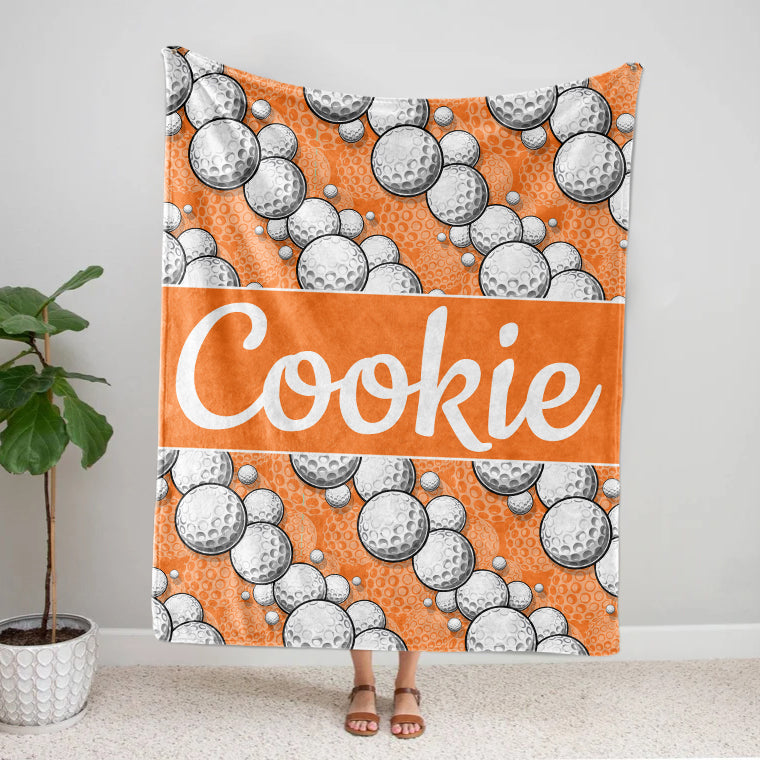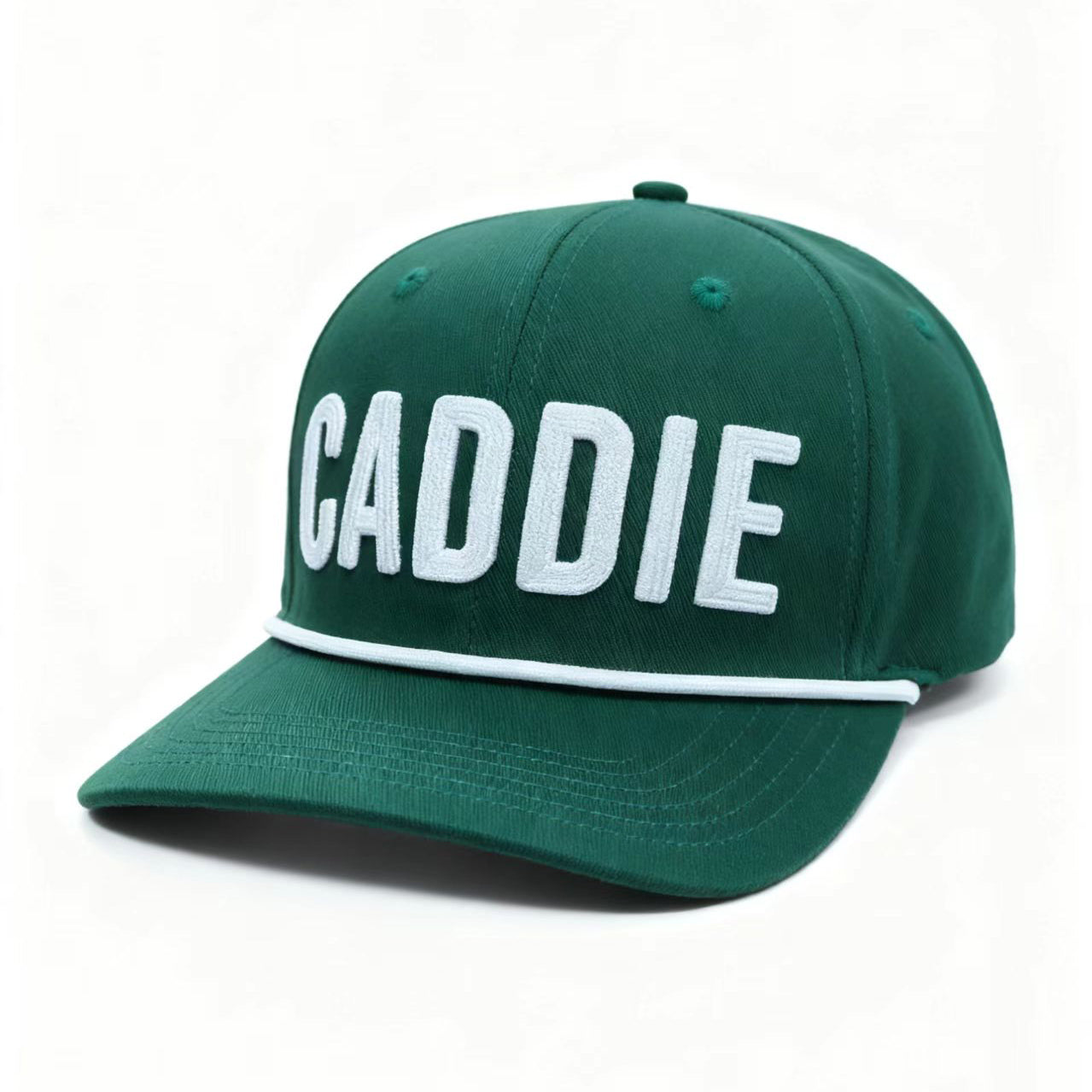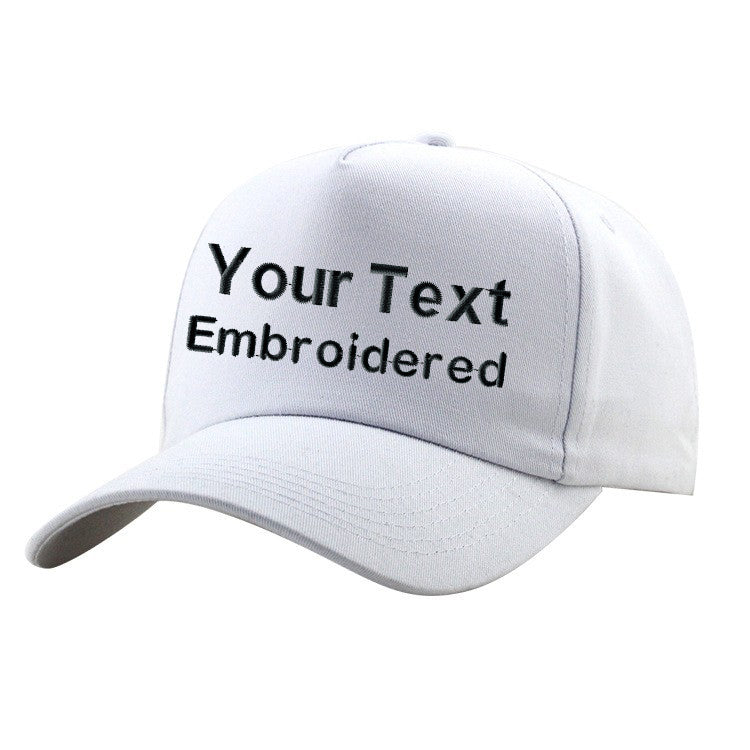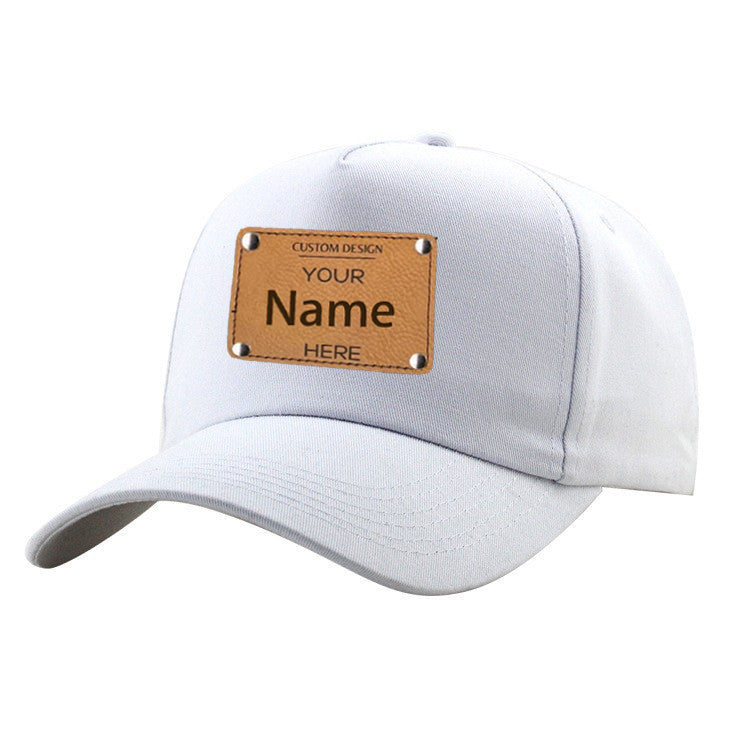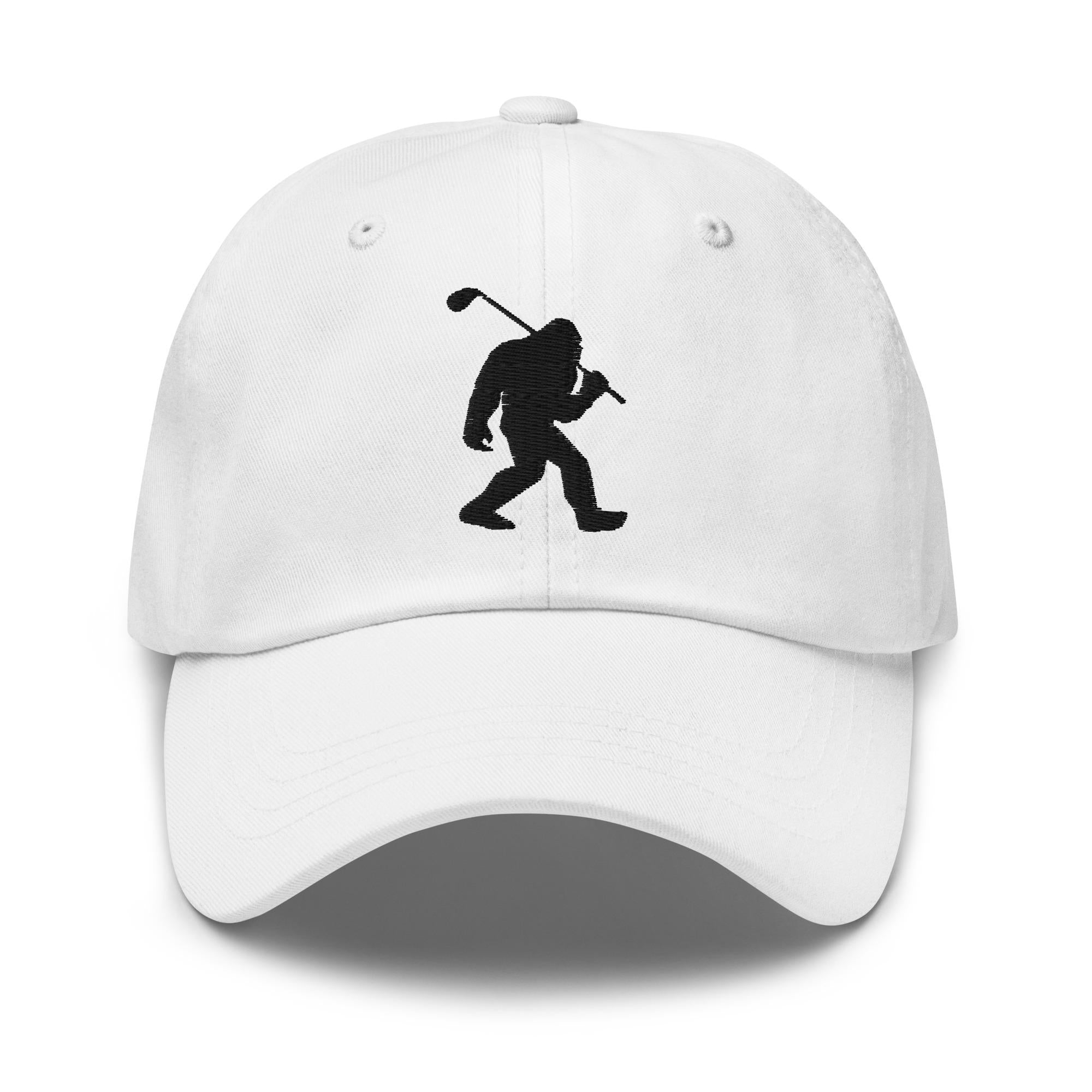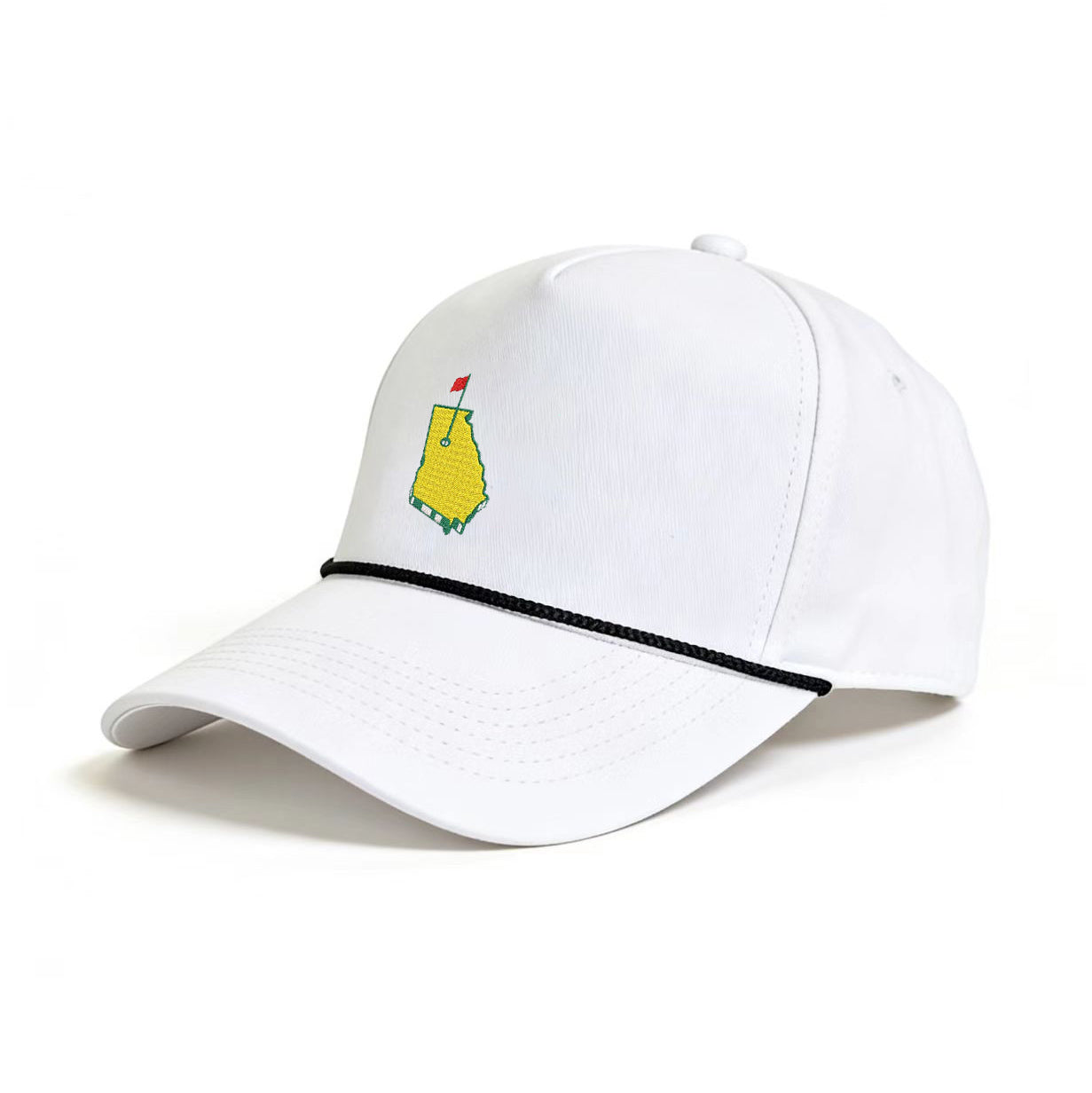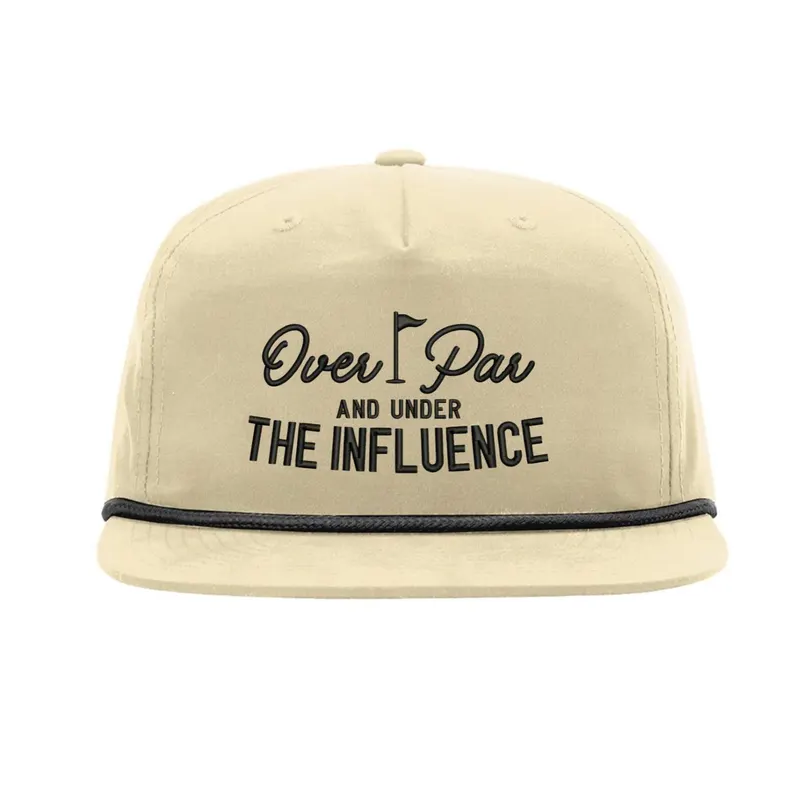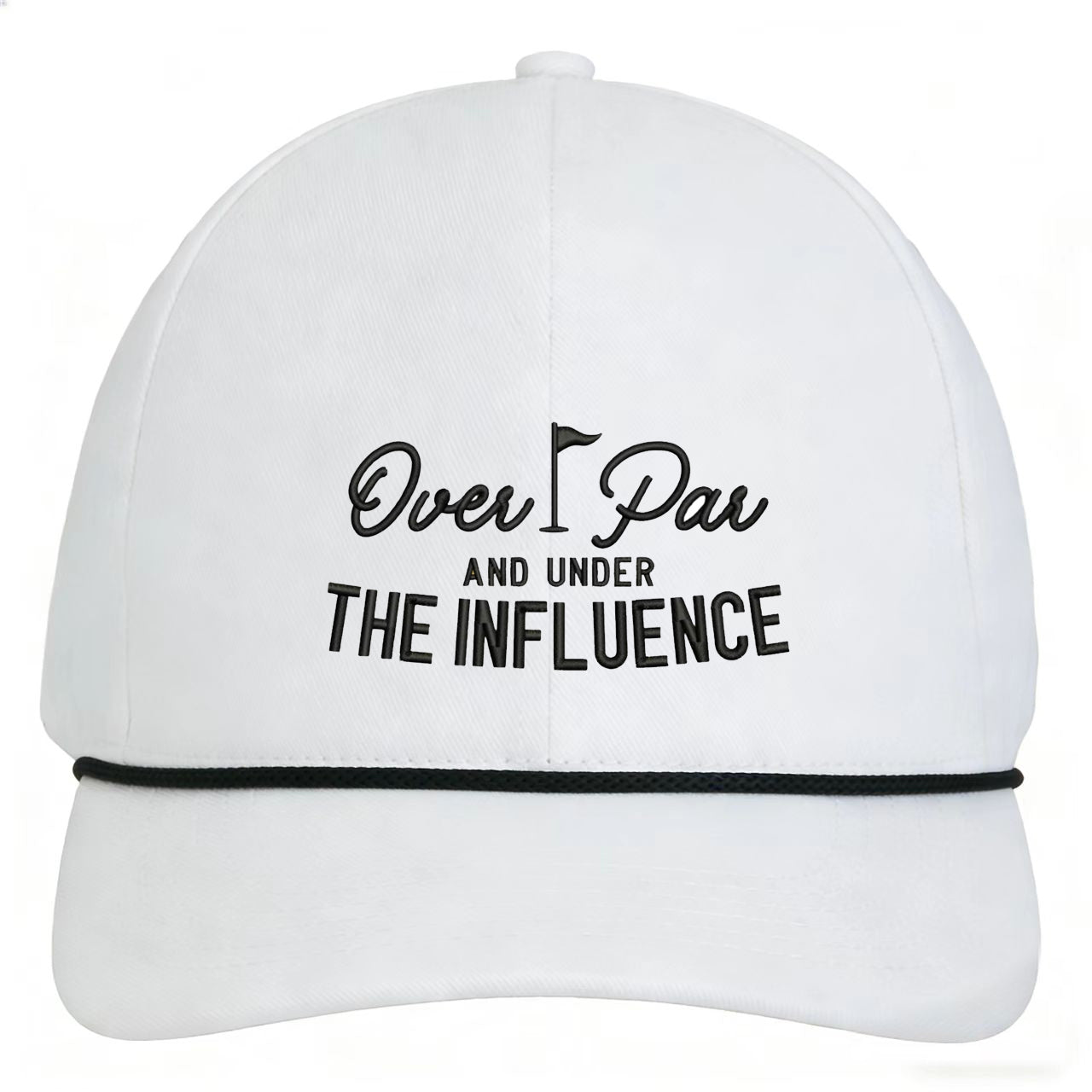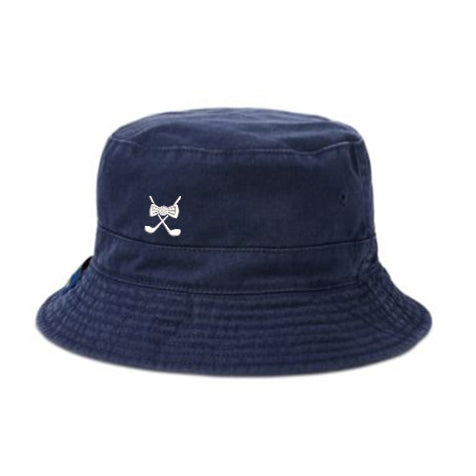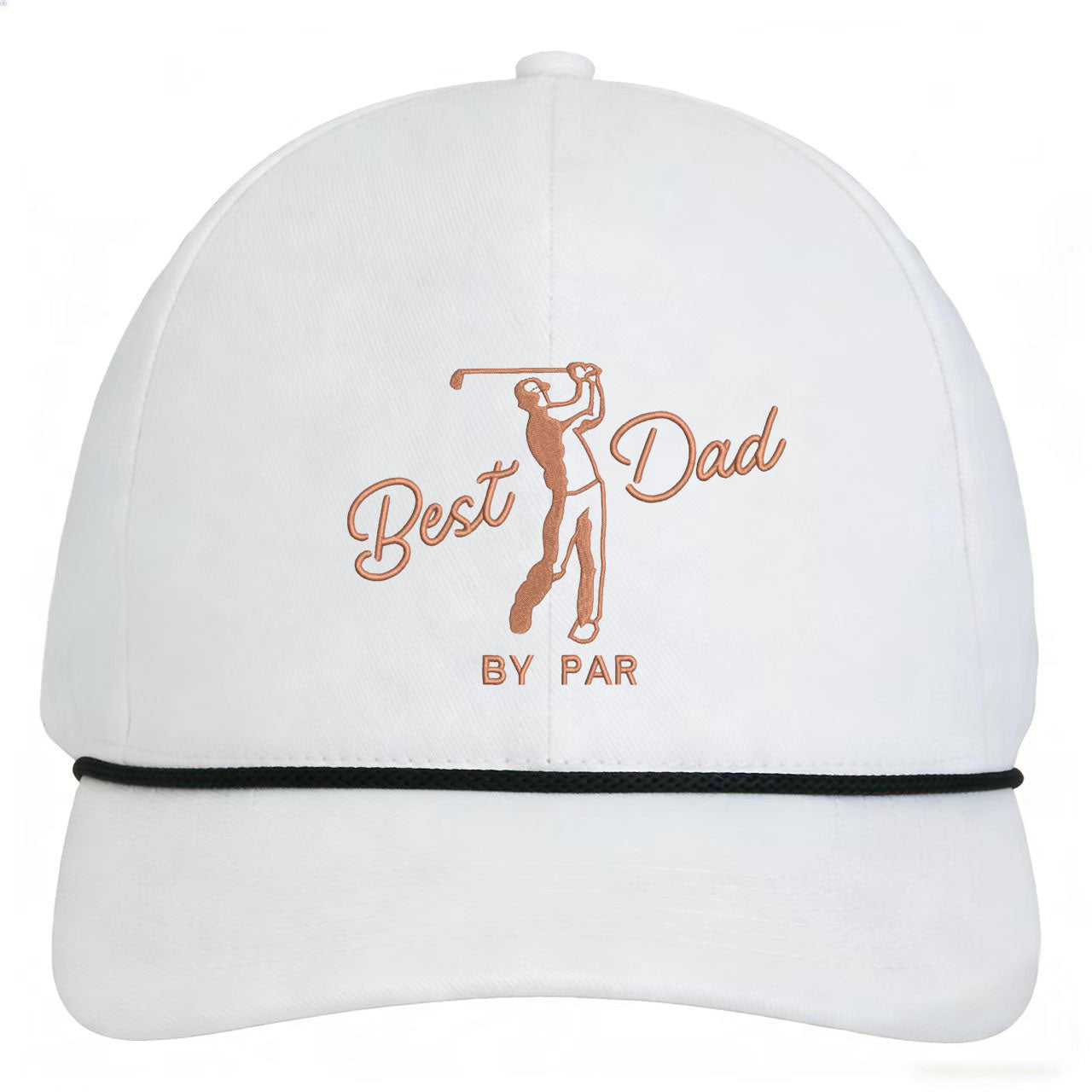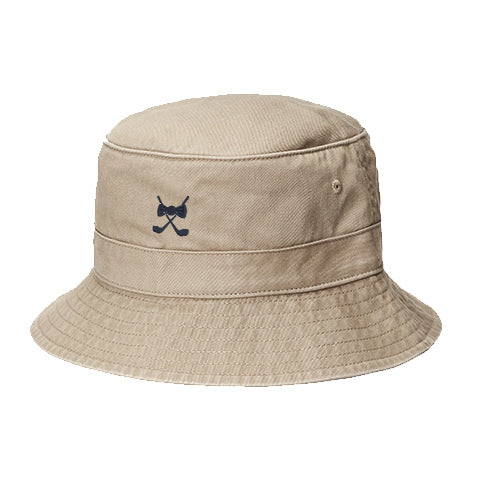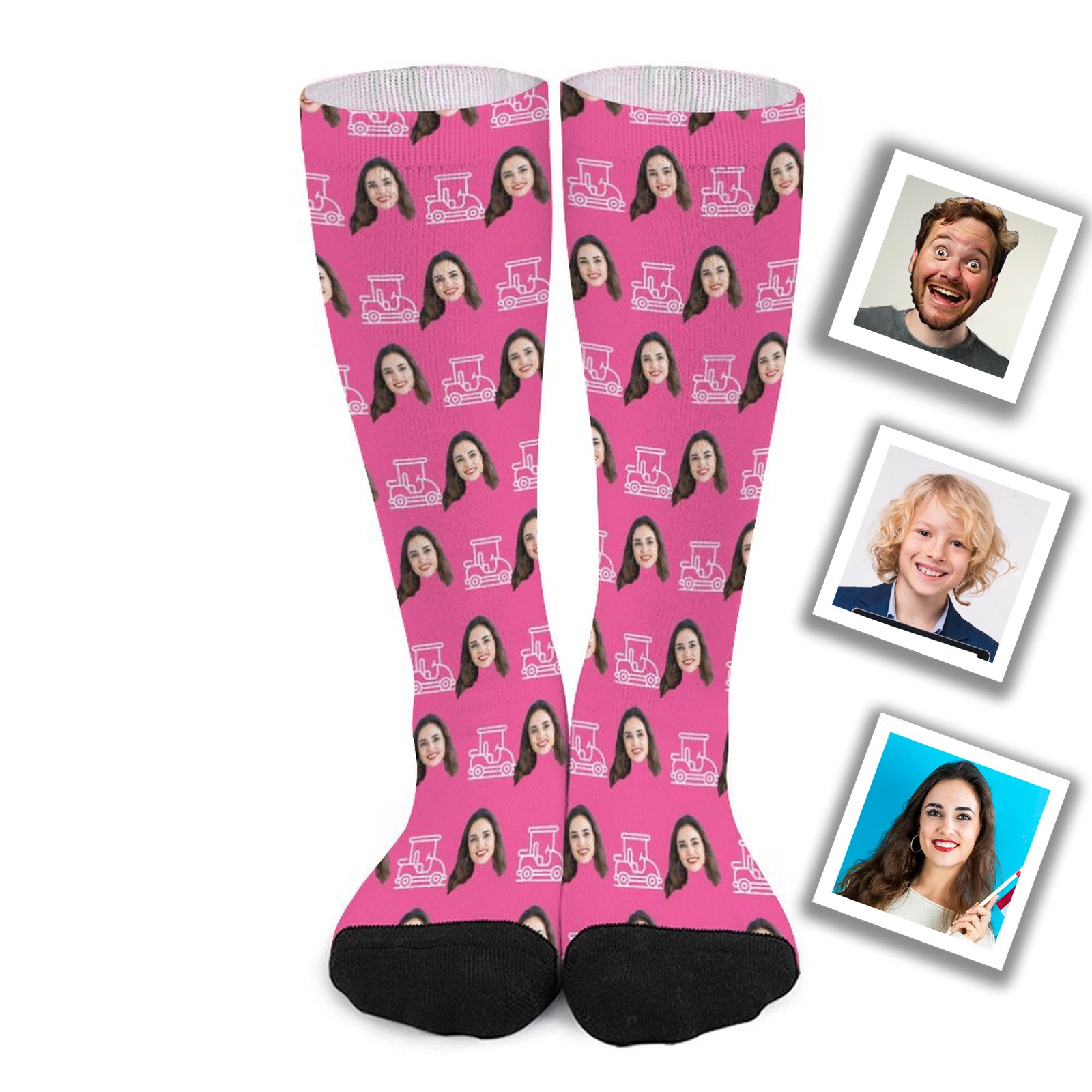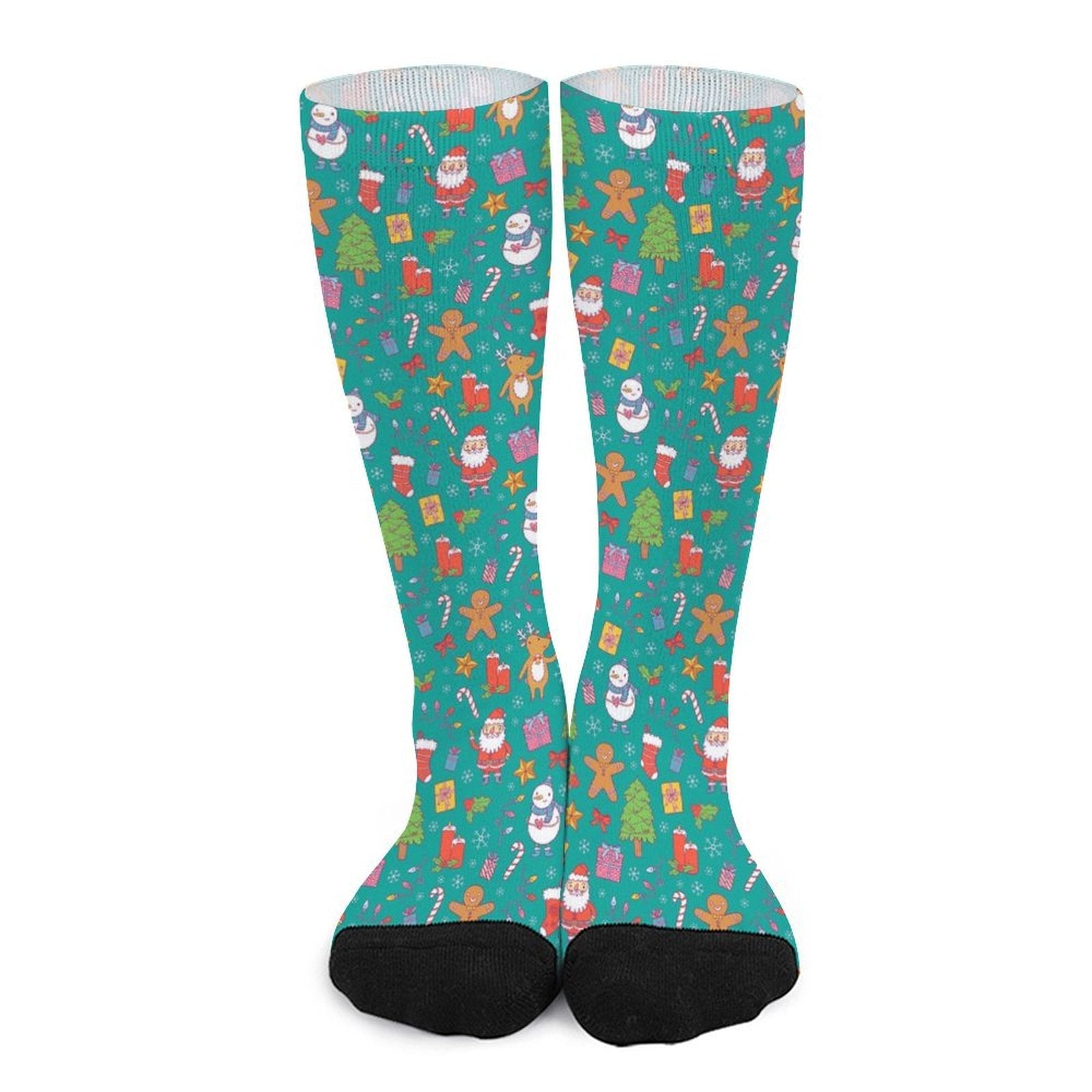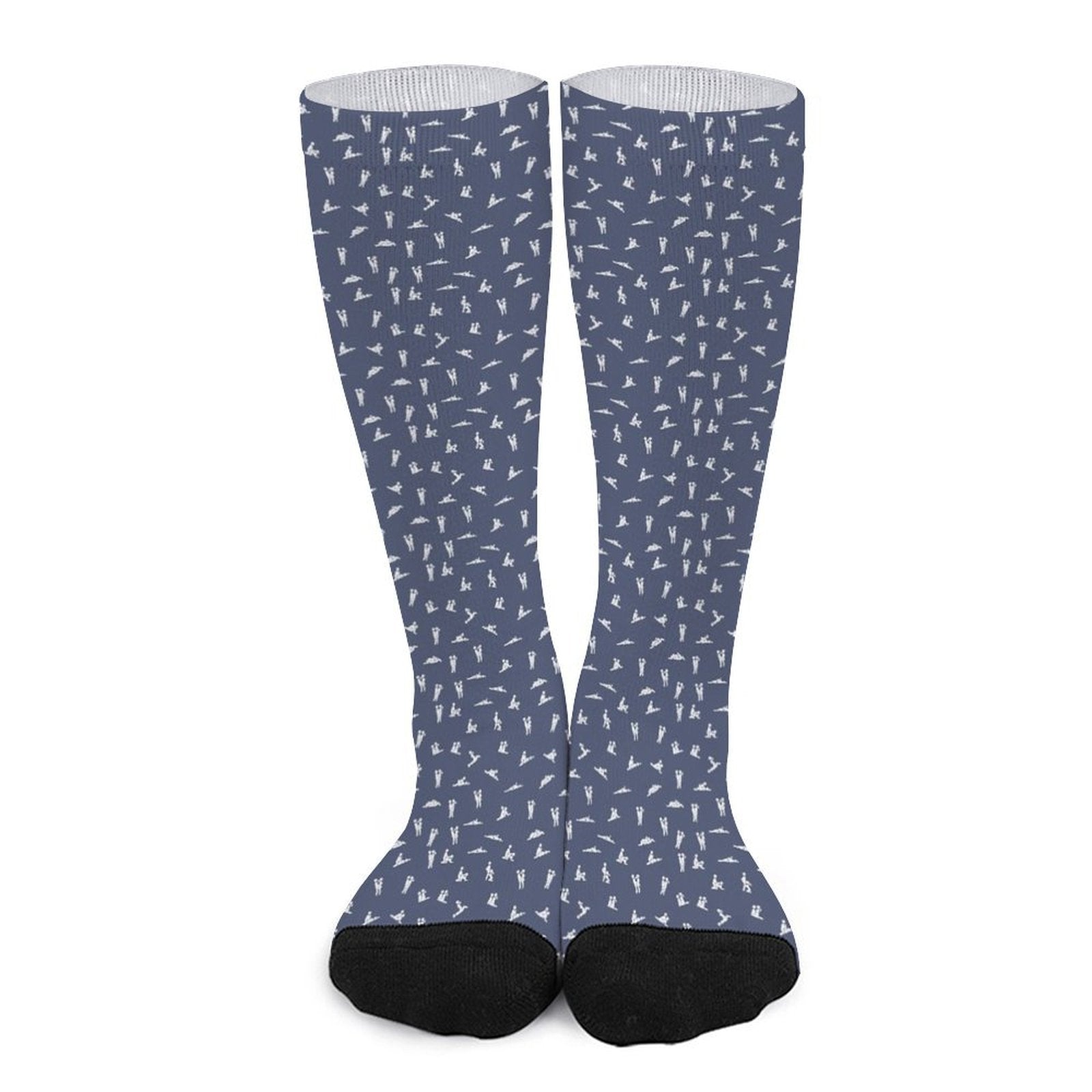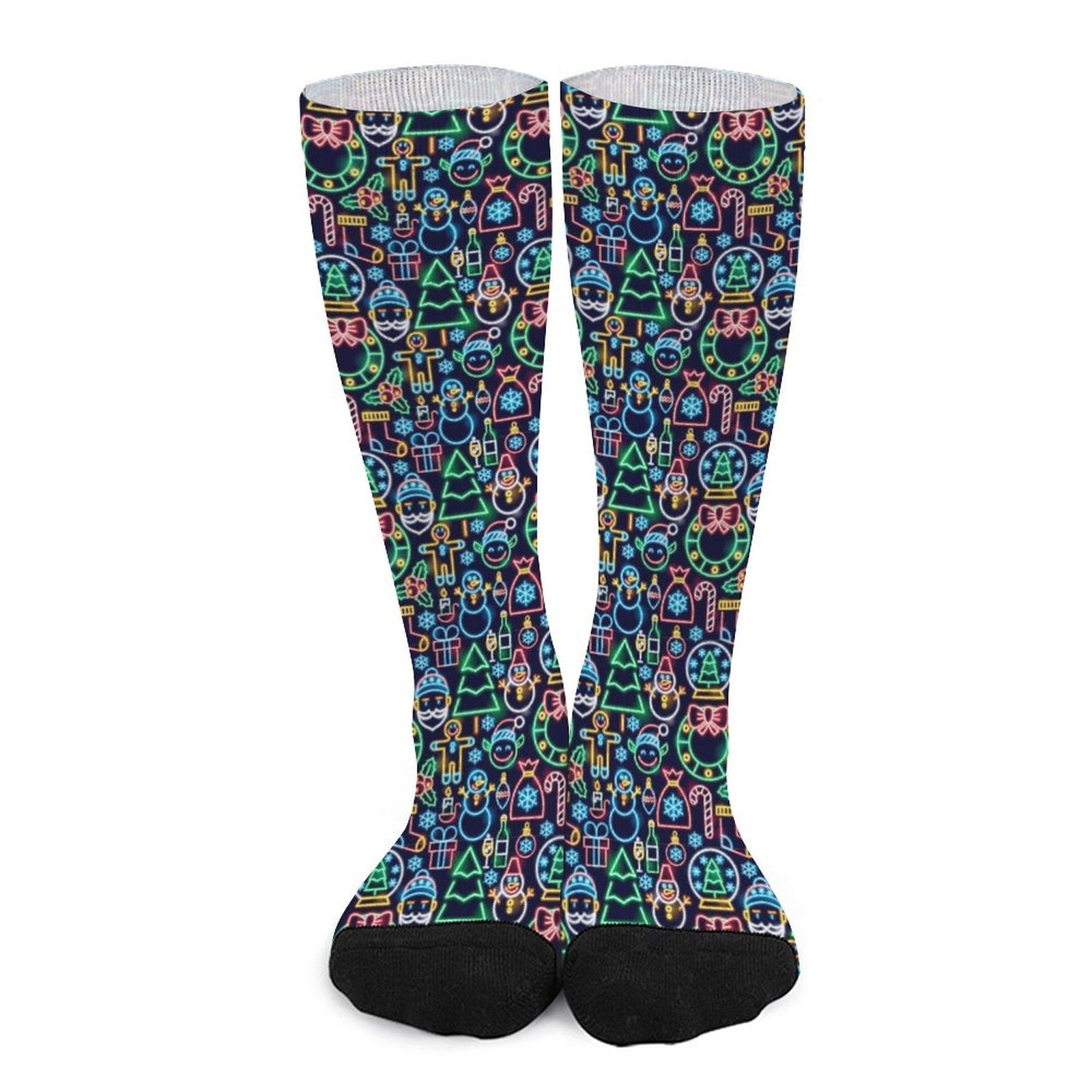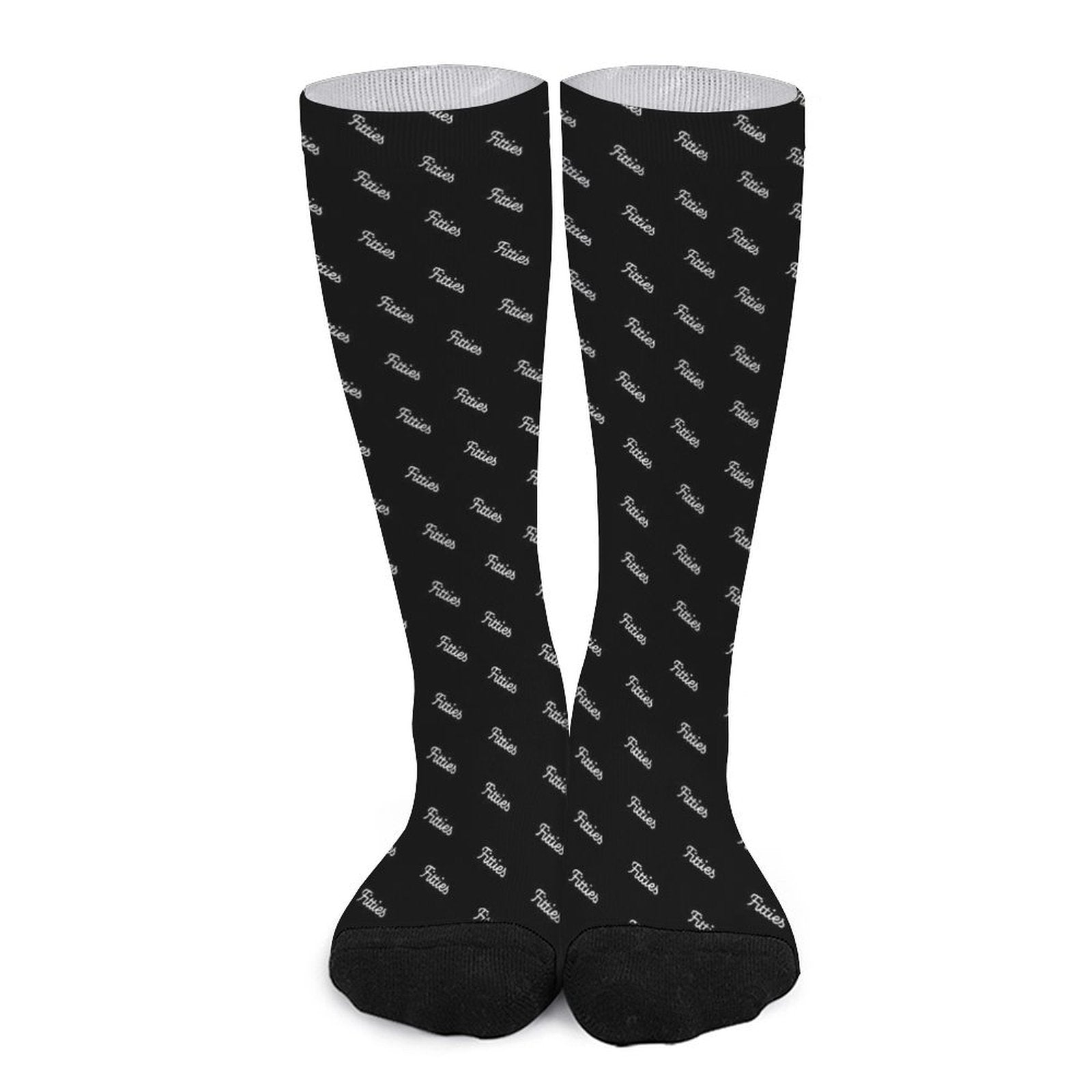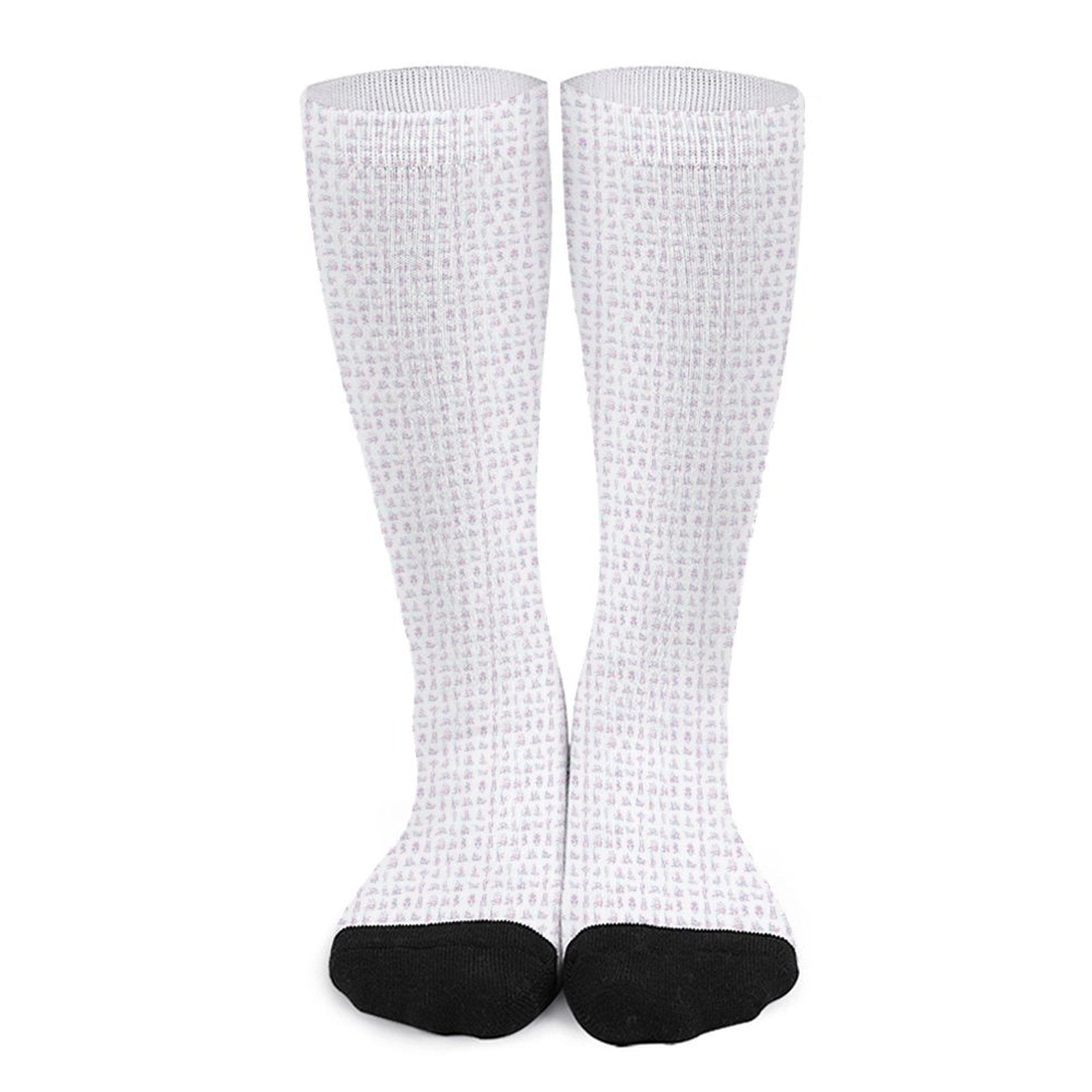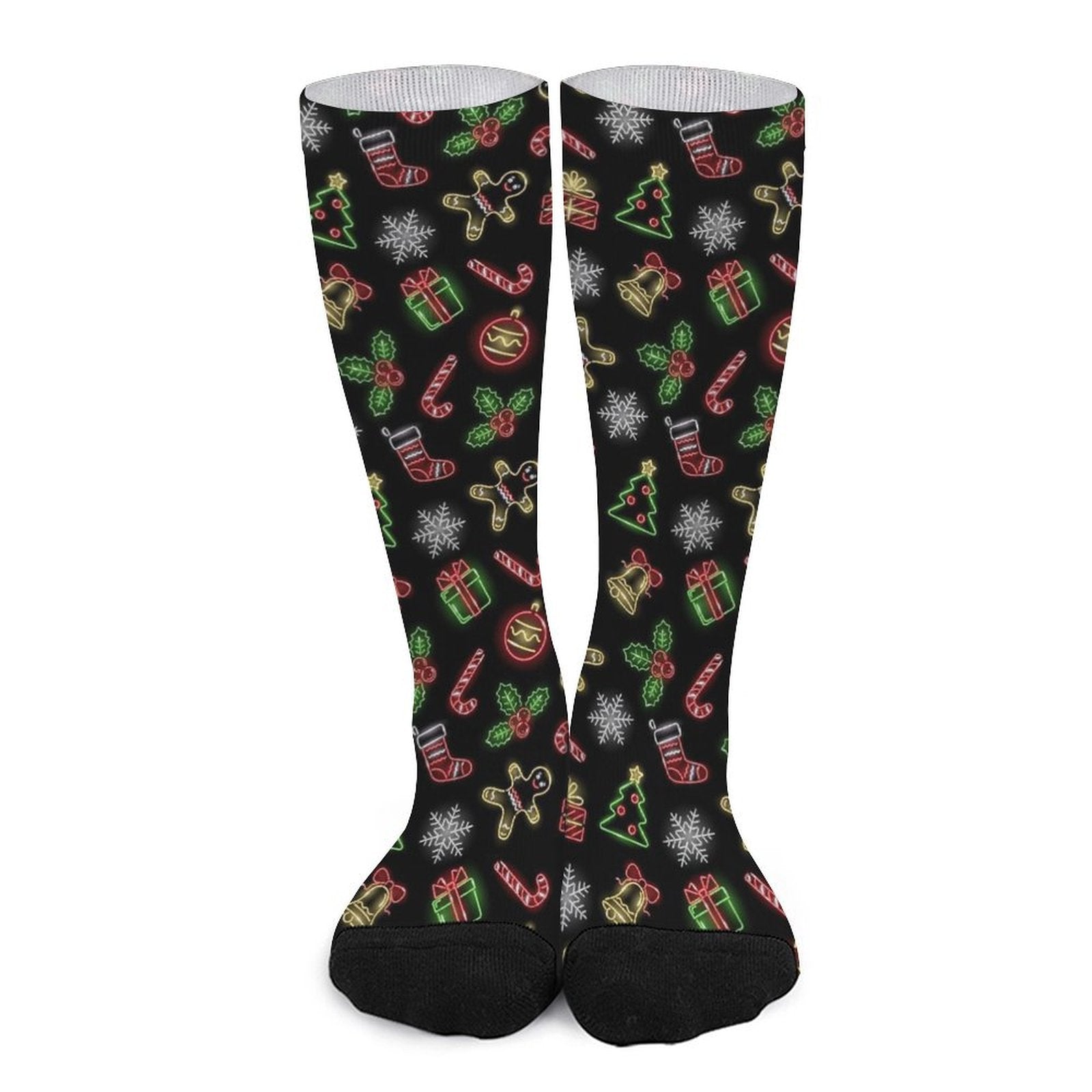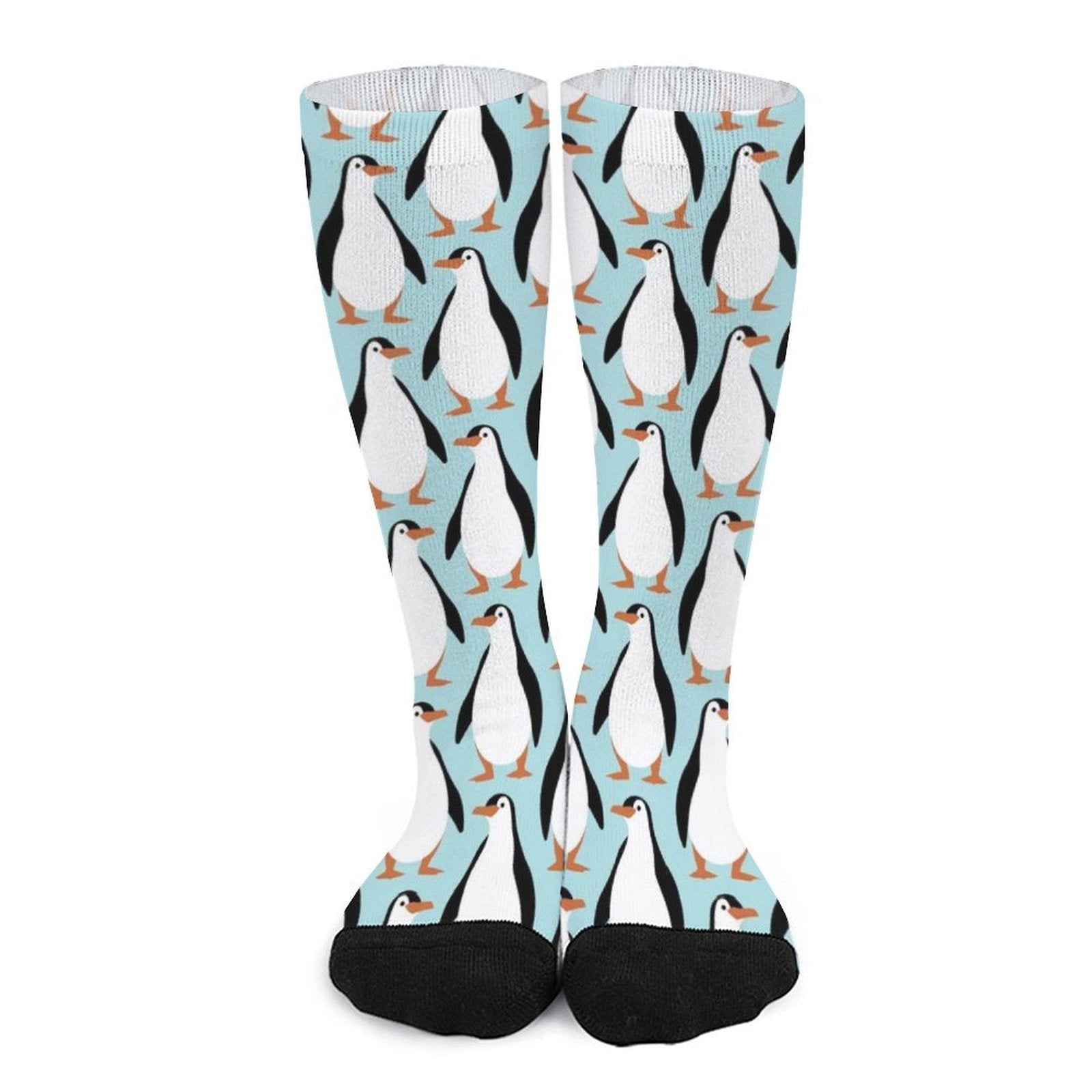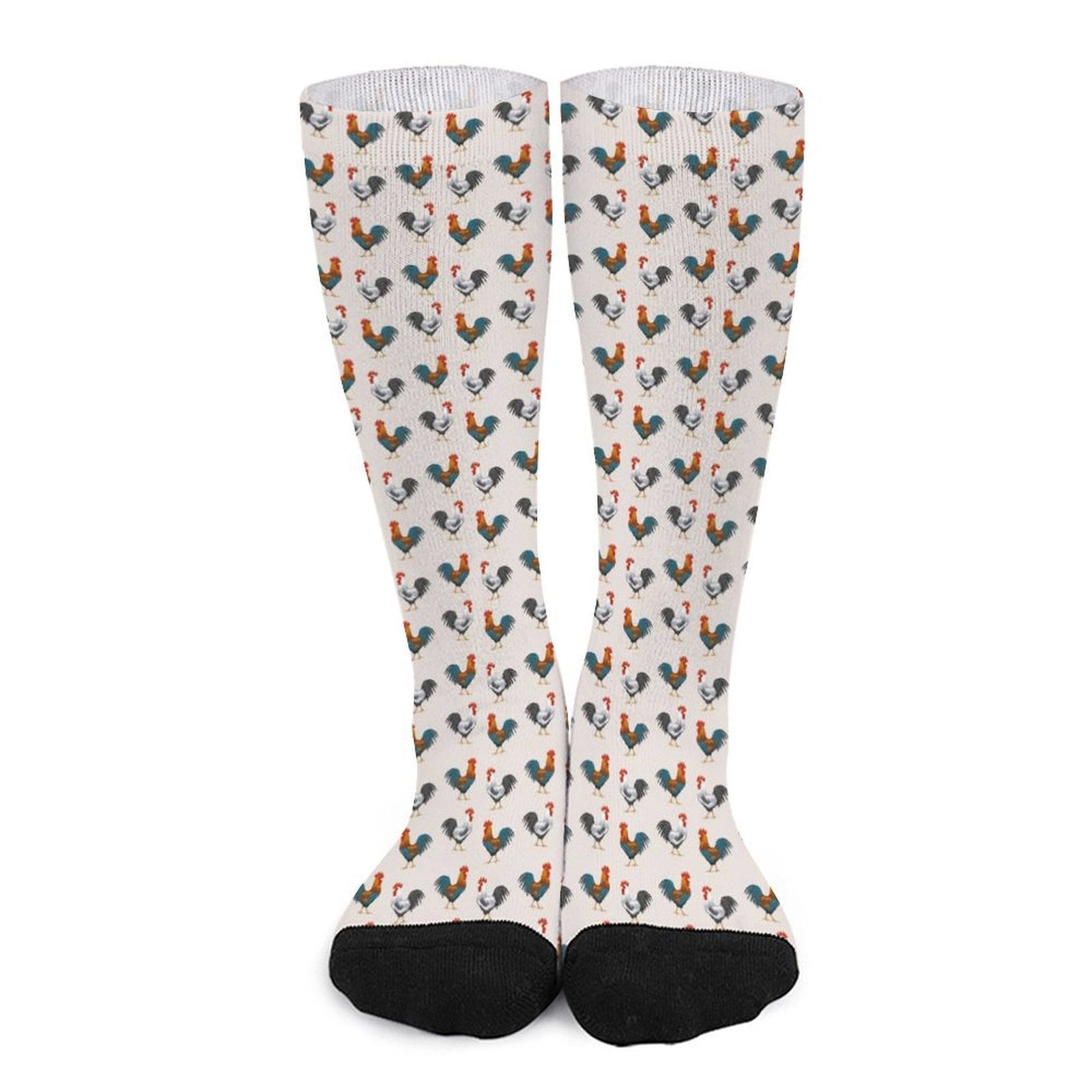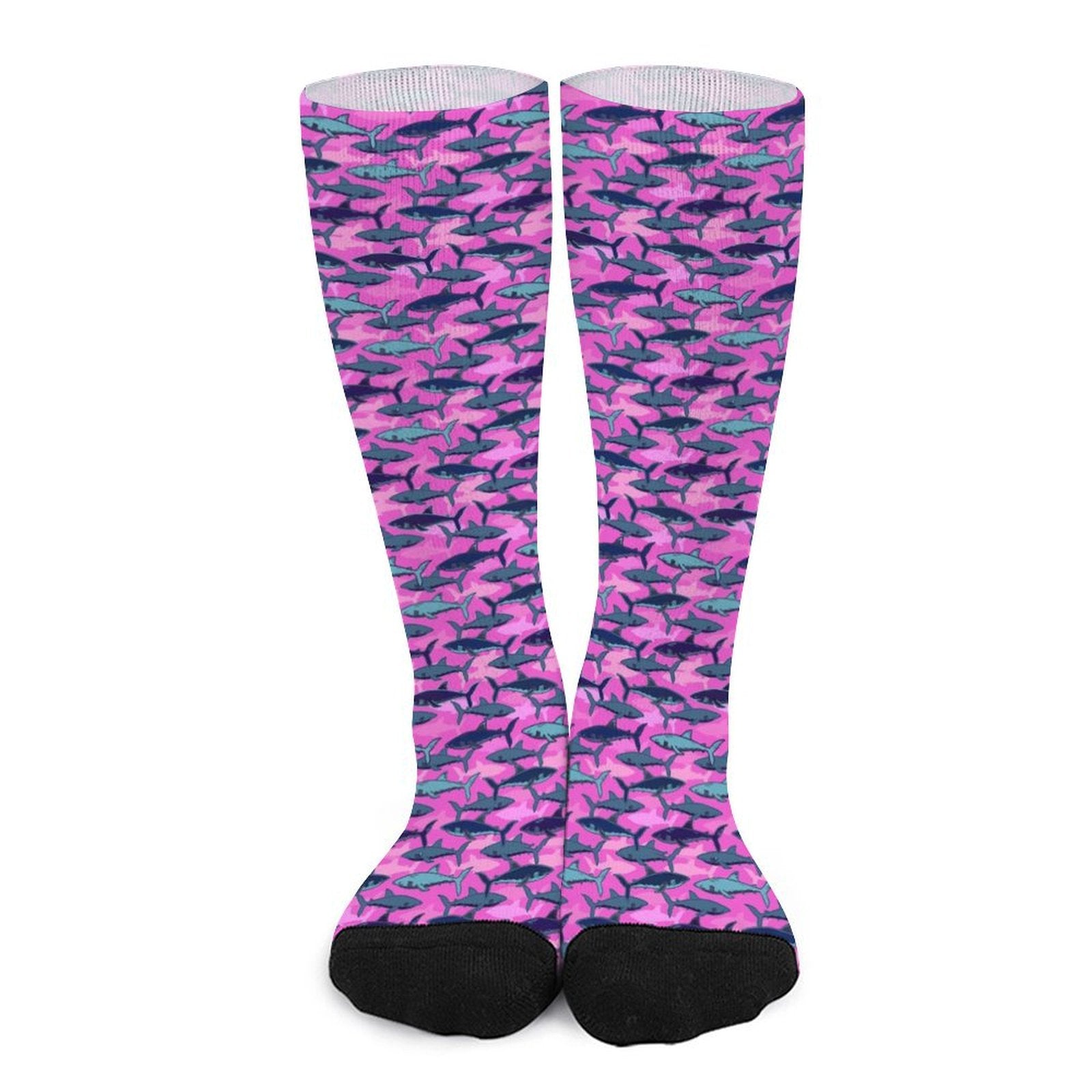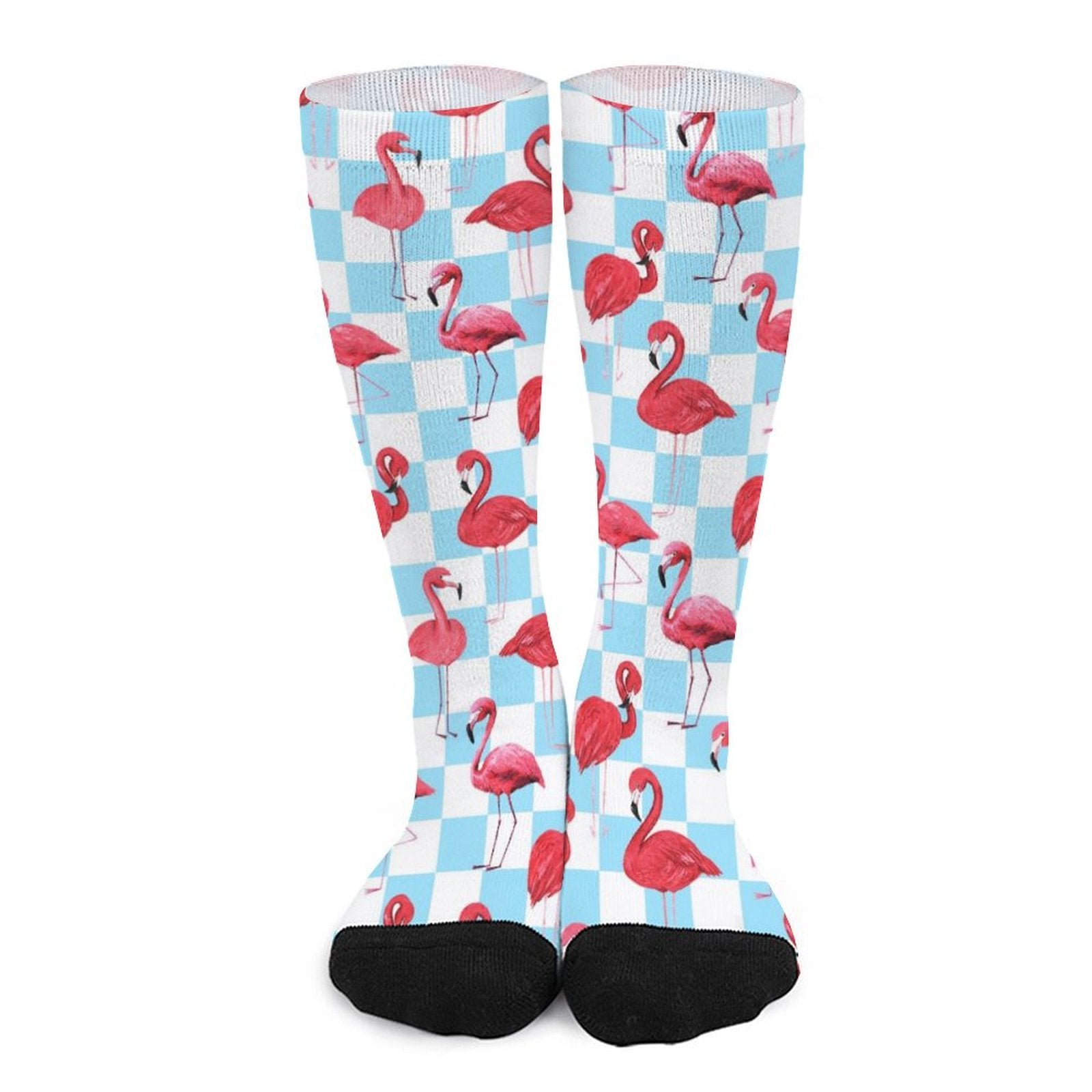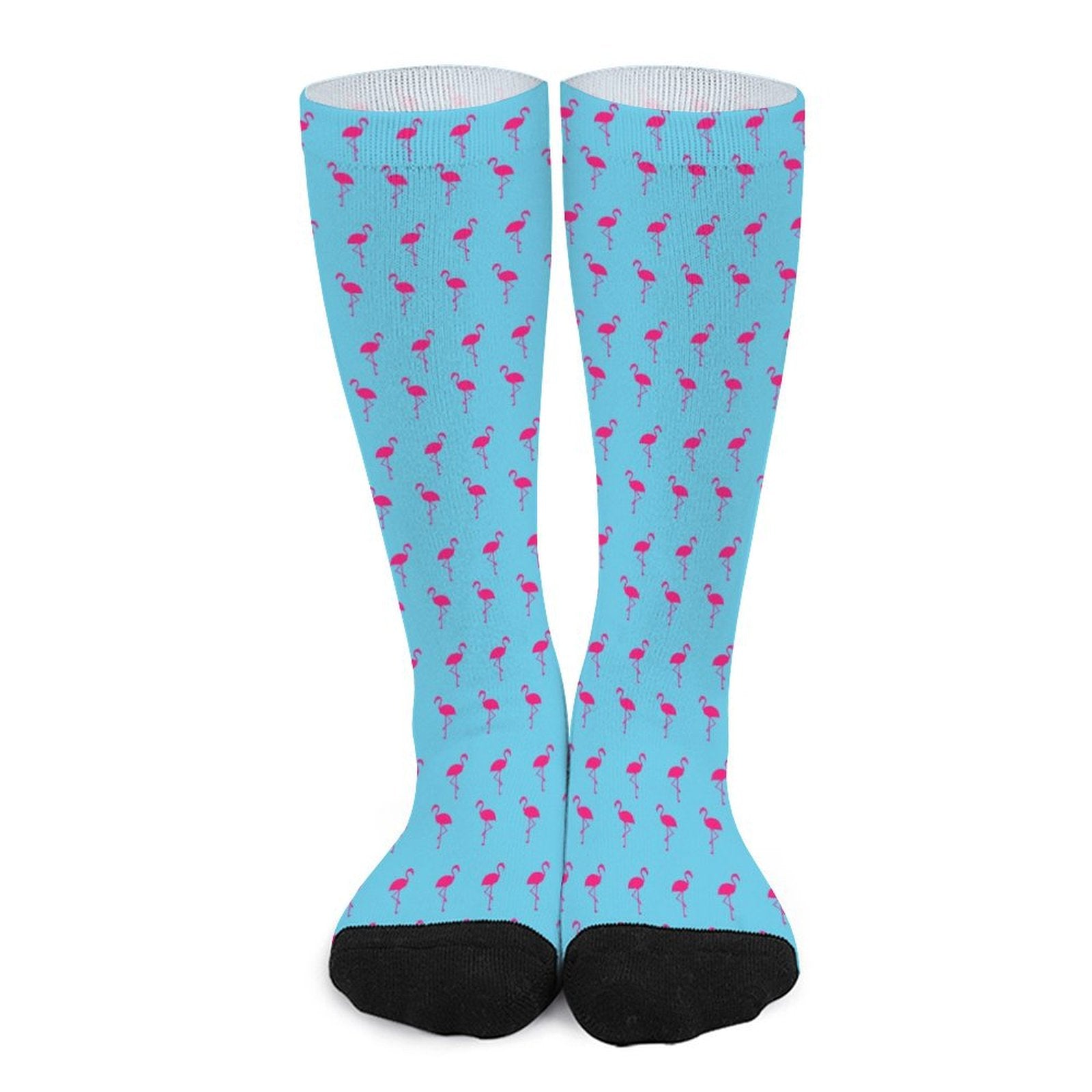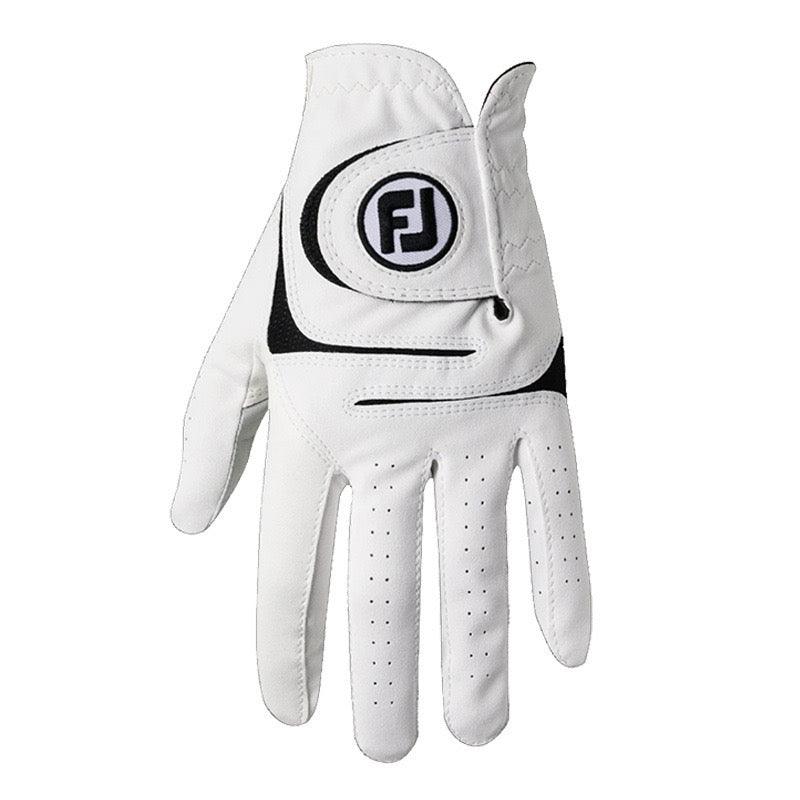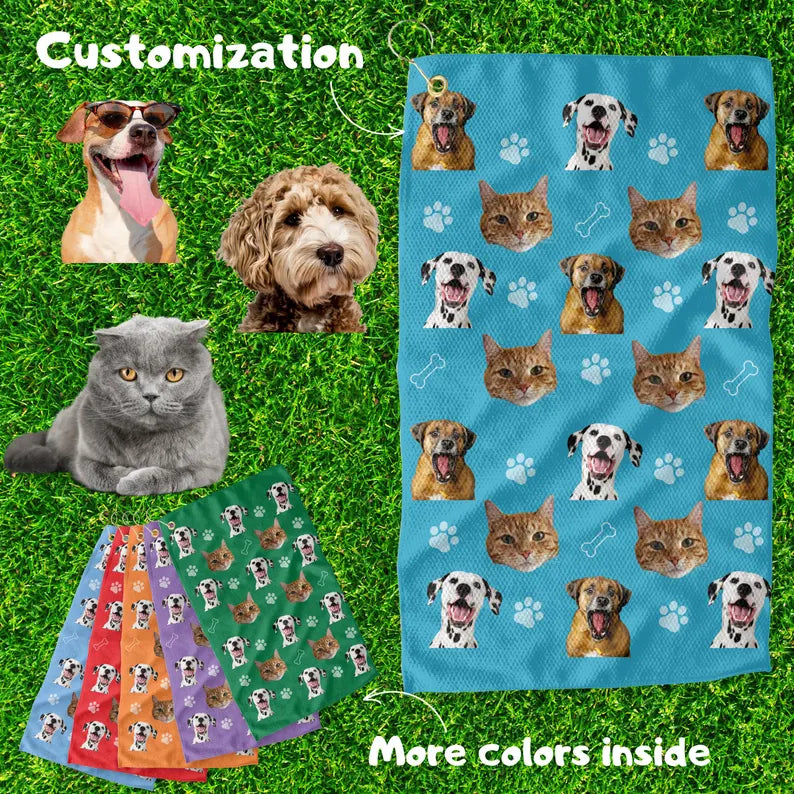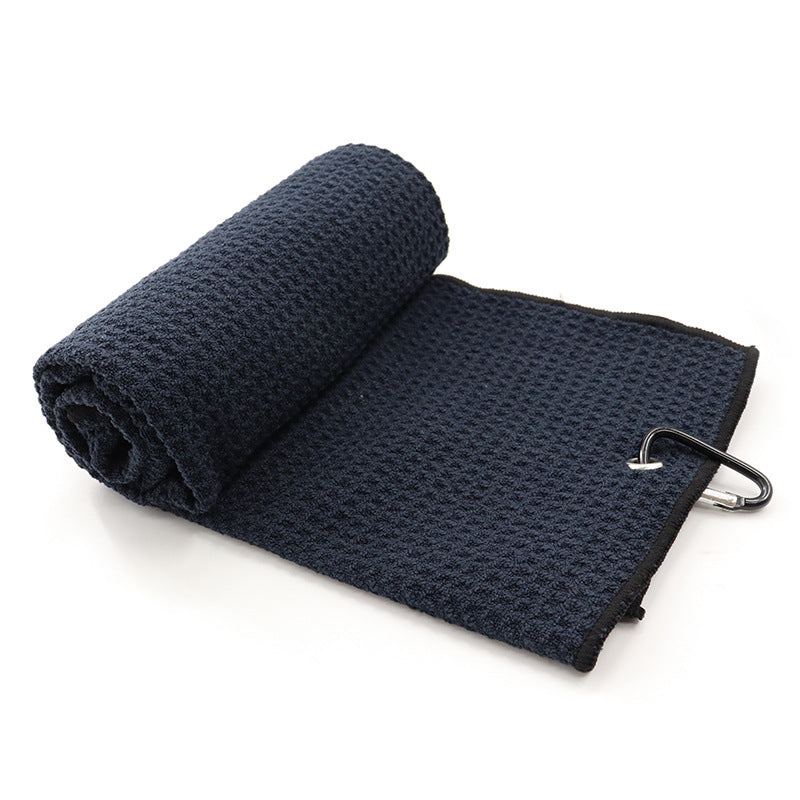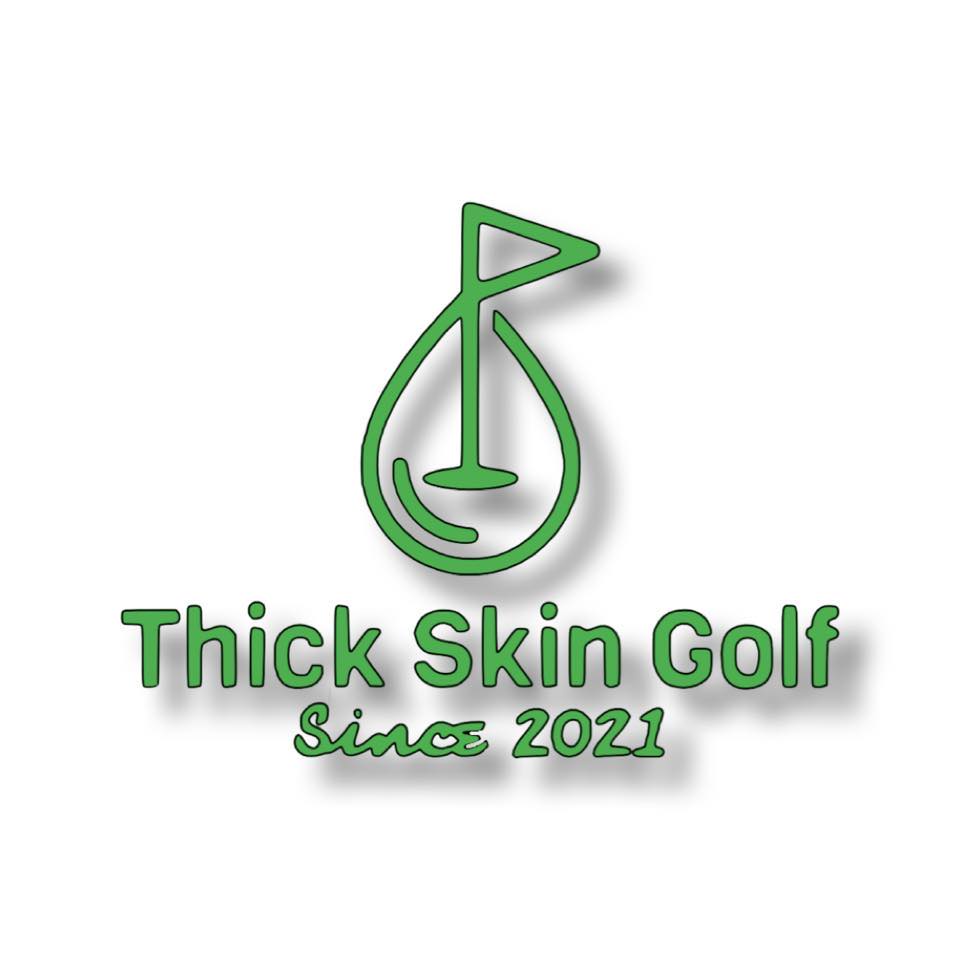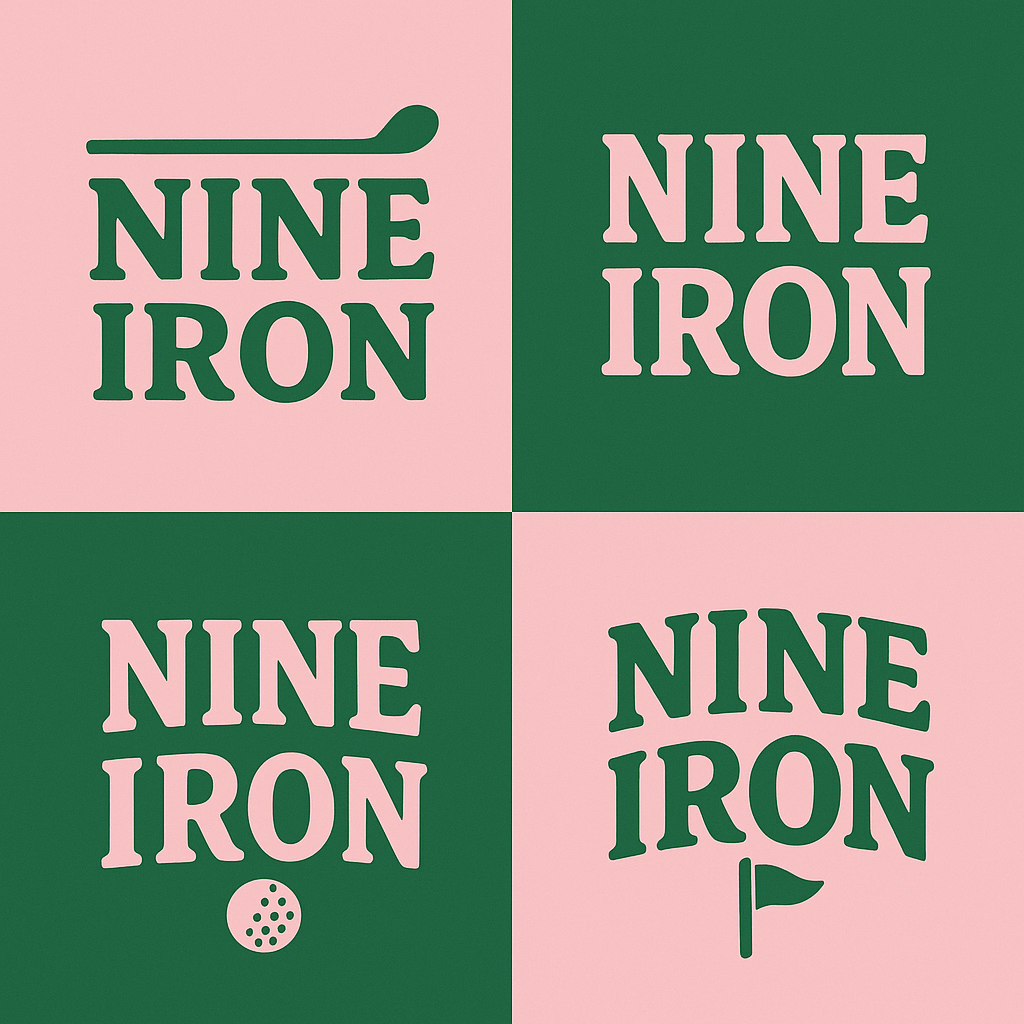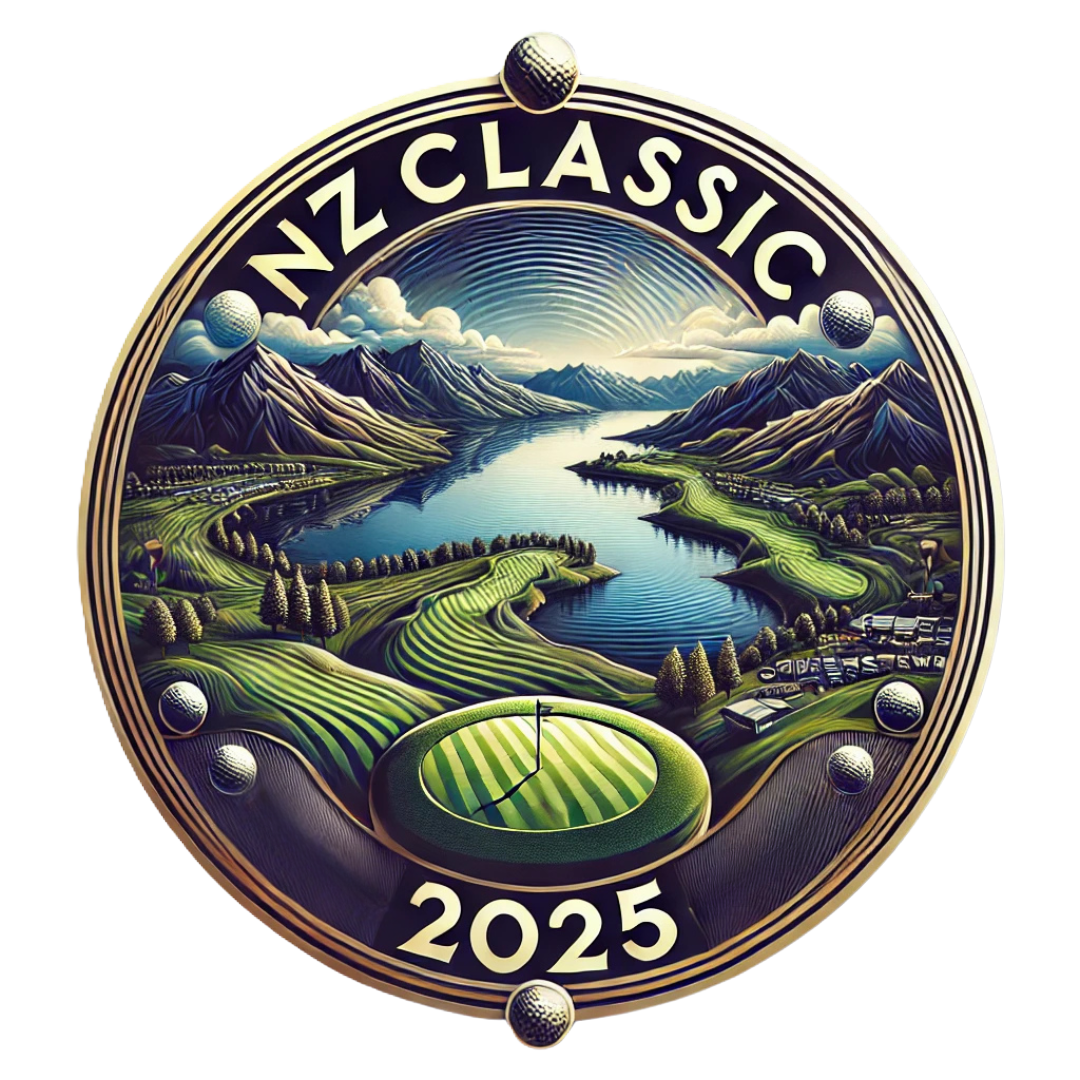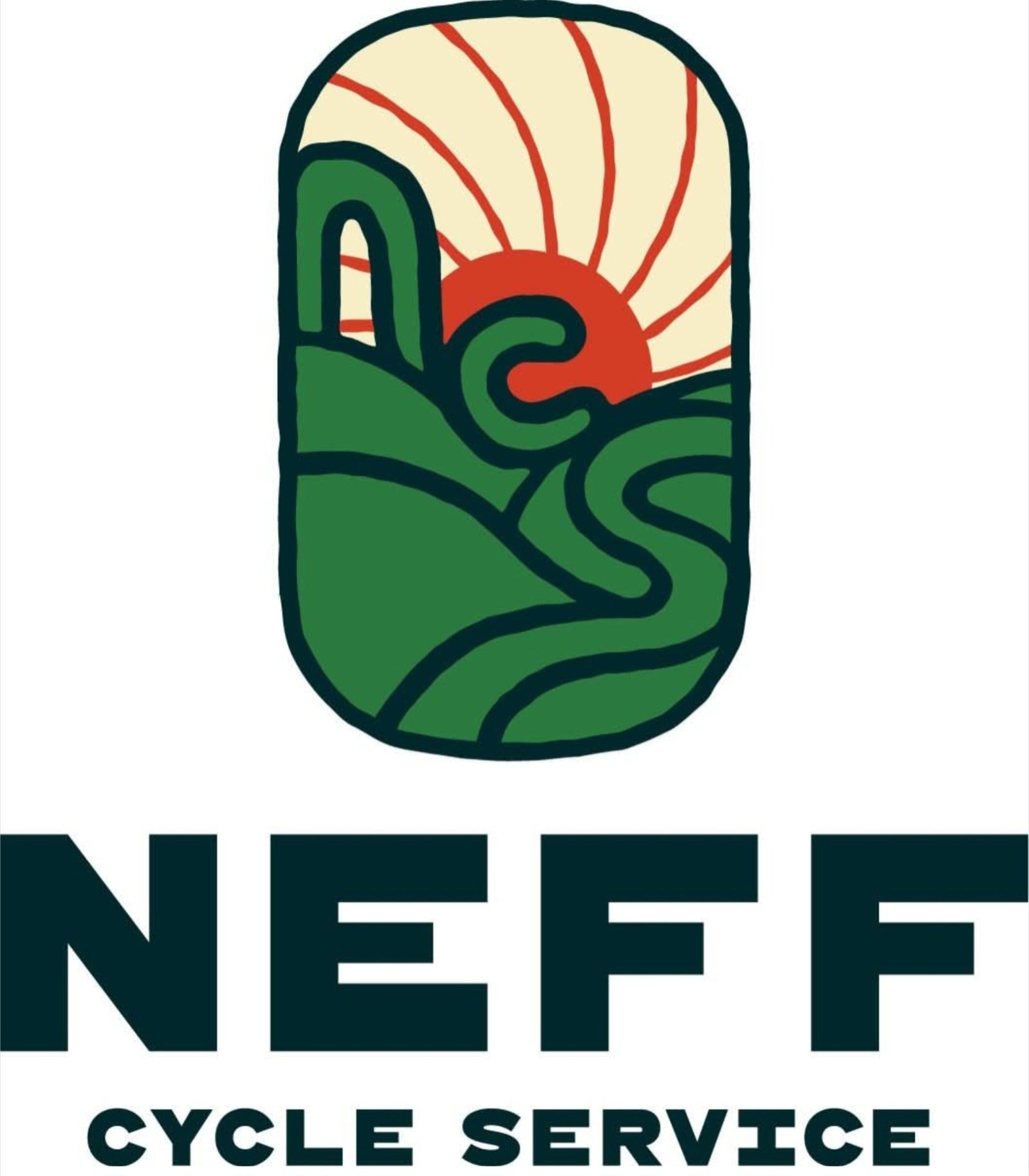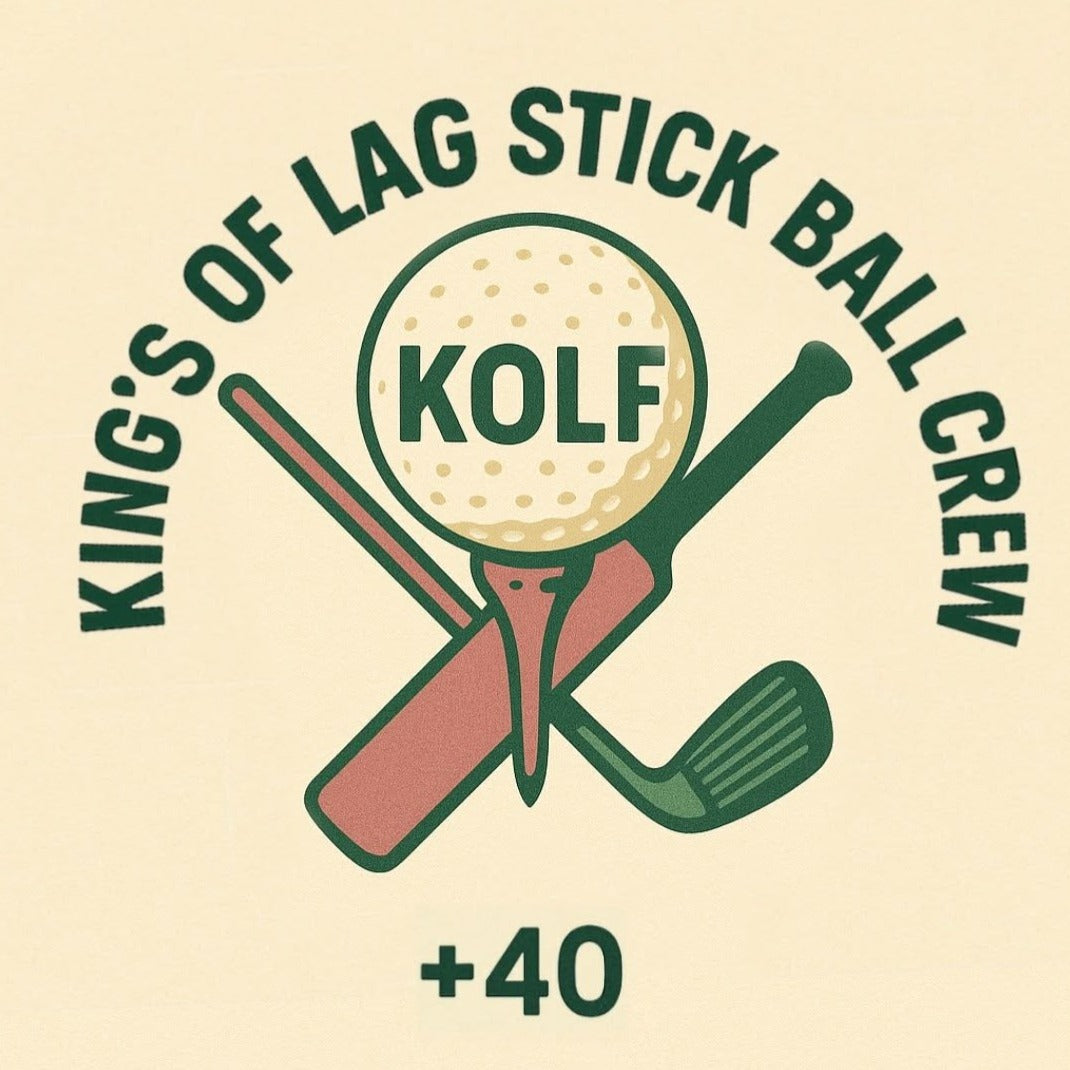
The Essential Role of Moisture-Wicking Fabrics in Golf Clothing
Overview
Moisture-wicking fabrics are essential for golfers, as they pull moisture away from the skin, keeping players dry and comfortable. Benefits include enhanced comfort, temperature regulation, reduced chafing, and improved focus. When choosing golf apparel, consider fabric type, fit, and care instructions while avoiding cotton and poor-quality materials. Layering with base, mid, and outer layers ensures versatility in varying weather conditions. Investing in quality moisture-wicking clothing can significantly enhance performance and enjoyment on the course.
Frequently Asked Questions
1. What are moisture-wicking fabrics?
2. How do moisture-wicking fabrics work?
3. What are the benefits of wearing moisture-wicking clothing while golfing?
4. What should I look for when choosing moisture-wicking golf apparel?
5. What types of layers can I use with moisture-wicking fabrics?
Golf is a game that combines precision and strategy with the beauty of the outdoors. To enhance performance on the course, players must pay attention not only to their swing but also to their attire. One of the most revolutionary advancements in golf clothing is the use of moisture-wicking fabrics. In this article, we will explore the importance of these fabrics and how they can significantly impact your game, comfort, and overall enjoyment on the course.
Understanding Moisture-Wicking Fabrics
Moisture-wicking fabrics are specially designed textiles that pull moisture away from the skin and allow it to evaporate into the air. Unlike traditional cotton, which absorbs moisture and retains it close to your body, moisture-wicking materials ensure that sweat is quickly moved to the fabric's outer layer. This process helps keep you dry and comfortable during those long hours on the golf course.
The Science Behind Moisture-Wicking Technology
To understand how moisture-wicking fabrics work, it’s essential to consider their unique construction. Let’s break it down:
Fiber Composition
Moisture-wicking fabrics are typically made from synthetic fibers such as polyester, nylon, or a blend of these materials. These fibers have hydrophobic properties, meaning they repel water, further enhancing moisture management. The result is a fabric that actively helps draw sweat away from your skin.
Fabric Structure
The structure of moisture-wicking fabrics also contributes to their effectiveness. Manufacturers often use a special weave or knitting technique that increases the surface area for moisture absorption. This design allows sweat to spread out across the fabric, making it easier for the moisture to evaporate quickly.
Benefits of Moisture-Wicking Fabrics in Golf Clothing
Now that you understand the science behind moisture-wicking technology, let’s explore the significant benefits these fabrics offer golfers:
Enhanced Comfort
Staying comfortable is key to maintaining focus on the course. Moisture-wicking fabrics help prevent that sticky, clingy feel caused by sweat-soaked clothing. By keeping you dry, these fabrics allow for greater freedom of movement, enhancing your ability to swing without restrictions.
Temperature Regulation
Golfing often involves exposure to various weather conditions. High temperatures can lead to excessive sweating, which can affect your performance. Moisture-wicking clothing works to regulate your body temperature by evaporating sweat quickly, helping you to stay cool and composed during the game.
Reduced Chafing
Another not-so-pleasant side effect of sweating is chafing, particularly during long rounds of golf. The movement between wet fabric and skin can cause irritation. Moisture-wicking fabrics are typically designed to minimize skin contact with moisture, reducing friction and the risk of chafing.
Improved Focus and Performance
When you’re comfortable and dry, there’s less distraction to your game. Moisture-wicking clothing allows you to focus entirely on your swing, strategy, and the course itself. A clear mind and a comfortable body lead to improved overall performance. When your attire supports you, you can play your best game.
Choosing the Right Moisture-Wicking Golf Apparel
When selecting moisture-wicking golf clothing, a few key factors should guide your choice:
Fabric Type
While many moisture-wicking fabrics focus on synthetic fibers, blends with natural materials can add comfort and breathability. Look for options that suit your skin sensitivities and personal preferences.
Fit and Style
Golf attire comes in various styles and fits. With moisture-wicking options, it’s essential to choose a fit that allows for free movement while ensuring that the fabric does its job effectively. Remember, flattering designs can boost confidence on the course!
Care Instructions
To maintain the moisture-wicking properties of your clothing, follow the care instructions closely. Avoid using fabric softeners, as they can clog the fibers and reduce performance. Instead, wash in cold water and hang dry whenever possible.
What to Avoid in Golf Clothing
While seeking moisture-wicking fabrics, it’s equally important to recognize what to avoid in golf clothing:
Cotton Fabrics
Cotton absorbs sweat rather than wicking it away. Although comfy, cotton may cause discomfort and leave you feeling soggy during your game. Opt for performance-oriented materials instead.
Poor Quality Materials
Not all moisture-wicking fabrics are created equal. Be wary of low-quality materials that promise moisture management but fail to deliver. Always check for reputable brands and read customer reviews if you can.
Moisture-Wicking Layers for Every Golfer
Versatility is crucial in golf apparel, given the varying climate and course conditions. Here’s how to layer effectively with moisture-wicking fabrics:
Base Layers
Start with a high-quality moisture-wicking base layer. This will be the first point of contact with your skin and should efficiently wick away moisture. Opt for short or long sleeve options depending on the climate.
Mid Layers
For cooler conditions, consider adding a lightweight moisture-wicking mid layer. This can provide additional warmth without sacrificing breathability. Look for zip-up styles that allow for temperature regulation based on your activity level.
Outer Layers
Finally, a moisture-wicking outer layer can protect you from the elements, such as wind or light rain. Many golf jackets and windbreakers now incorporate moisture-wicking technology to ensure you stay dry and comfortable no matter what challenges the weather presents.
The Future of Golf Clothing
As technology continues to evolve, so do fabrics in the world of sports. The surface of moisture-wicking technology is just beginning to be scratched. Innovations such as integrated UV protection, eco-friendly materials, and more efficient moisture transfer are converging to create even more functional and stylish golf apparel.
Final Thoughts on Choosing the Best Golf Attire
In the world of golf, the right clothing can make all the difference. Moisture-wicking fabrics stand out as essential components of high-performance golf apparel. By keeping you dry, comfortable, and focused, these innovative fabrics help elevate not just your game but also your overall enjoyment of this wonderful sport.
As you gear up for your next round, remember that investing in quality moisture-wicking clothing is more than just a fashion choice; it’s a strategic decision to enhance your play. So, step onto the course with confidence and ready to conquer those fairways!

